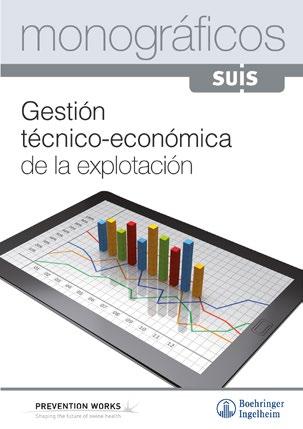
Dossier of projects
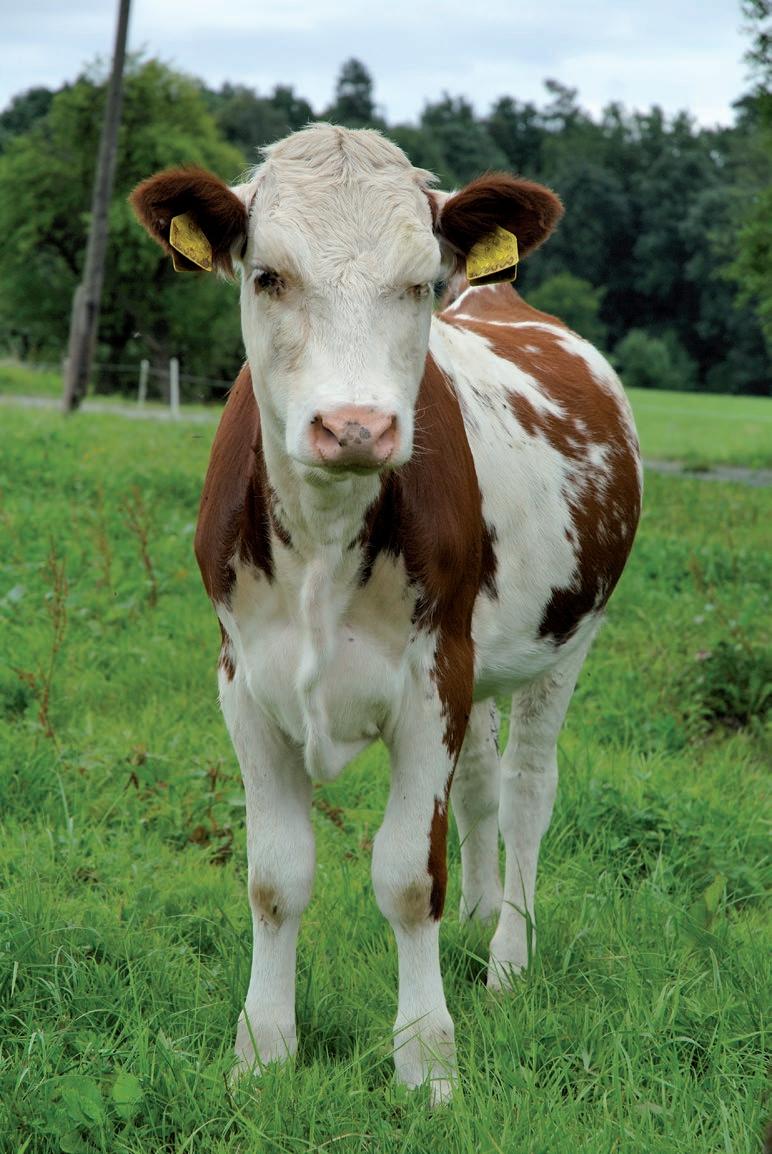
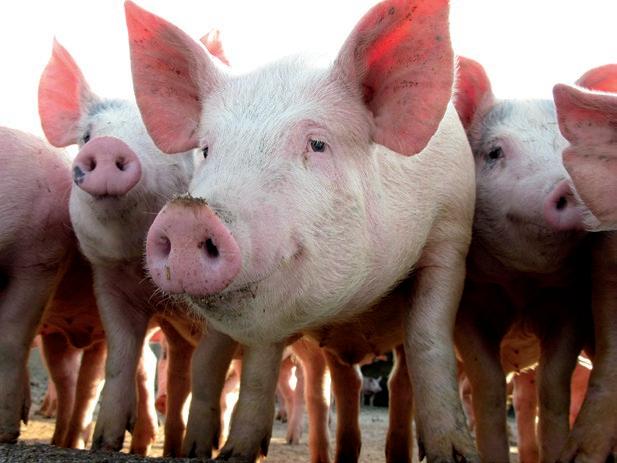
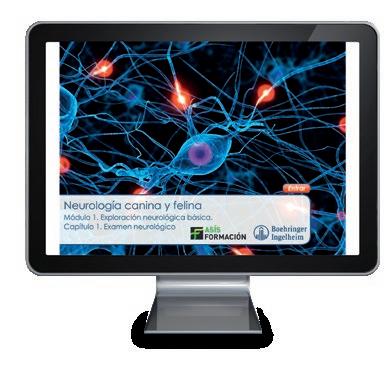
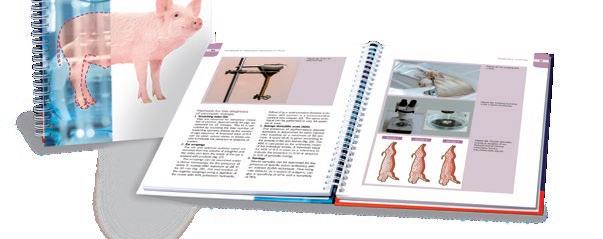
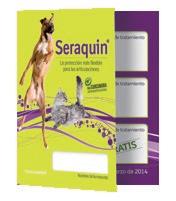




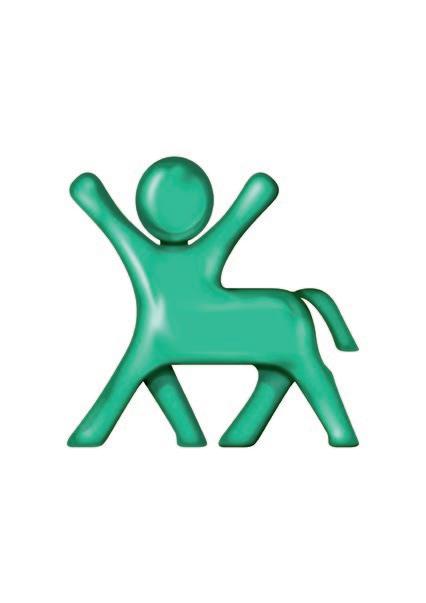










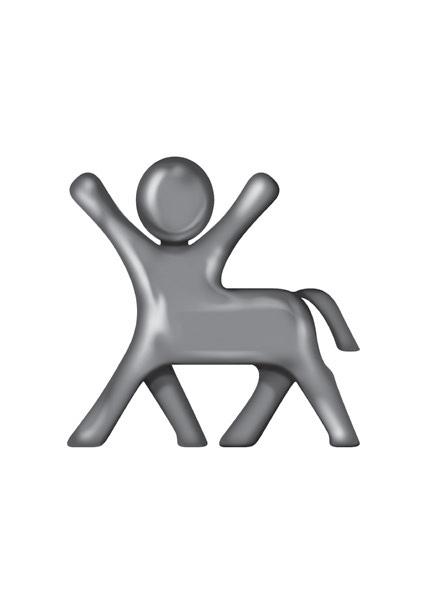
COMPANION ANIMALS
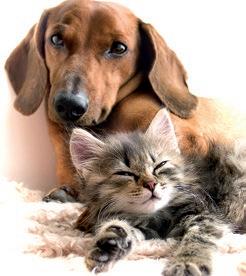
























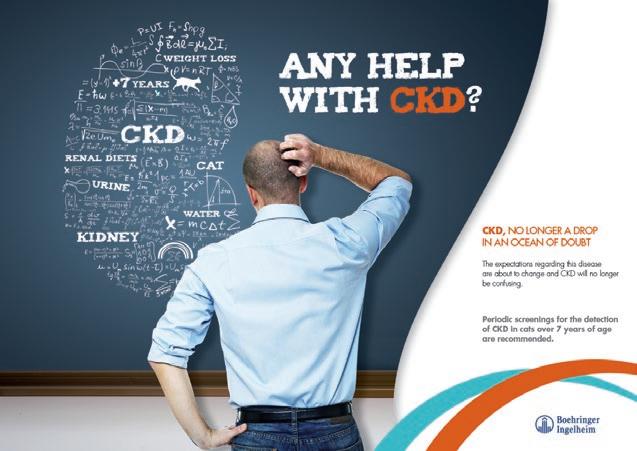

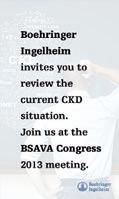
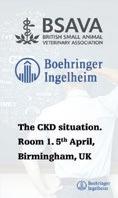
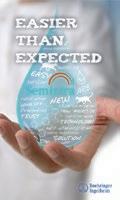
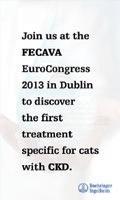
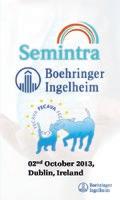
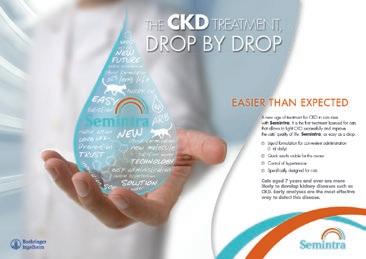
Pre-launch advert
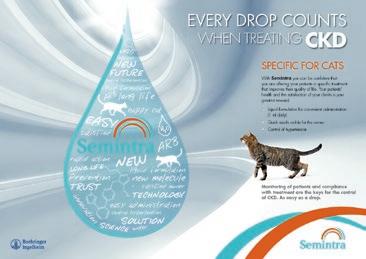



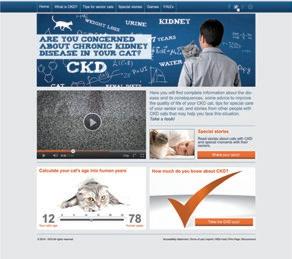
Grupo Asis proposal forSemintra contestheld on October22, 2012

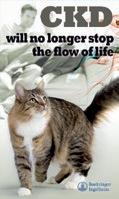
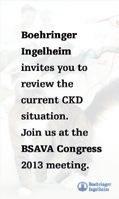
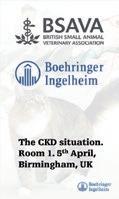
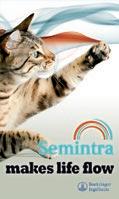
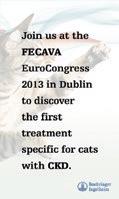

Pre-launch bannner
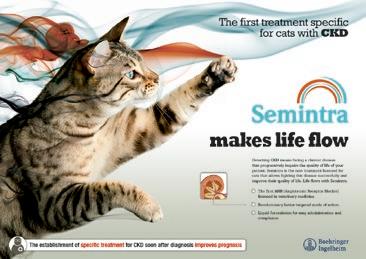
Pre-launch advert




Semintra campaign proposal (global contest) FLOW campaign
Web


Semintra campaign proposal (global contest) FLOW campaign
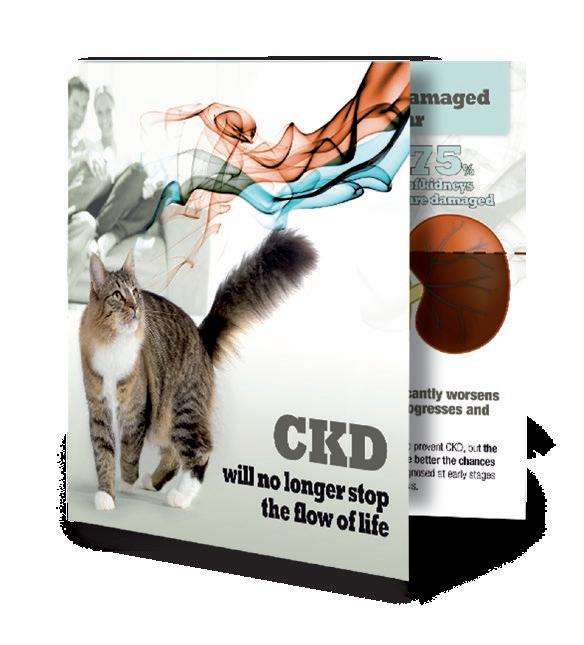
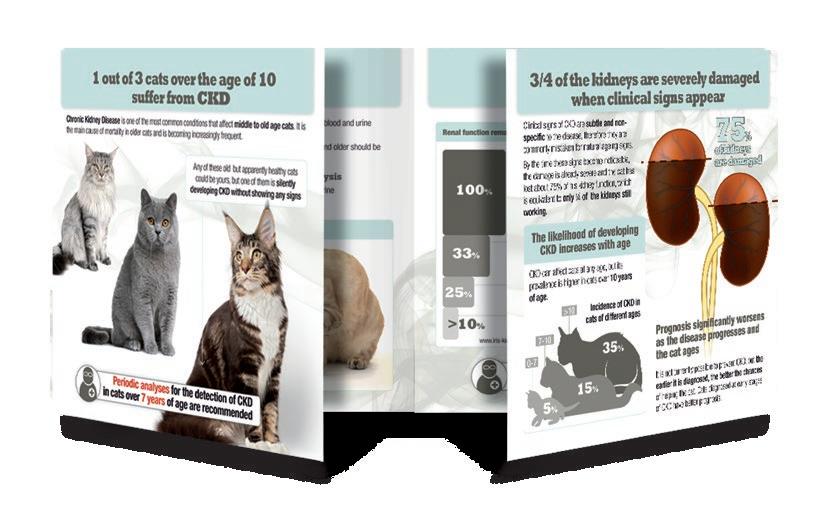

Grupo Asis proposal forSemintra contestheld on October22, 2012
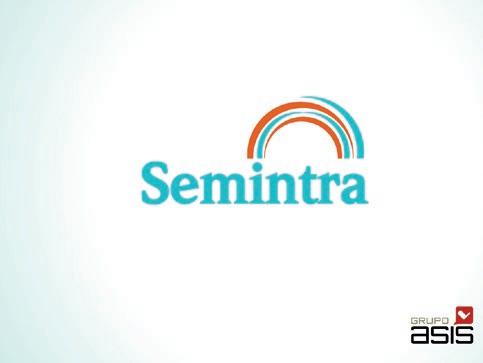
Power Point presentation
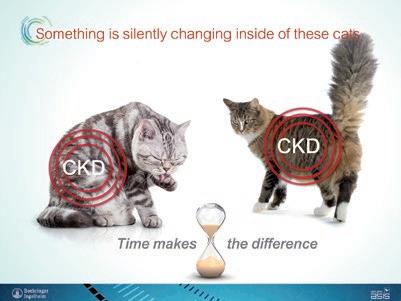
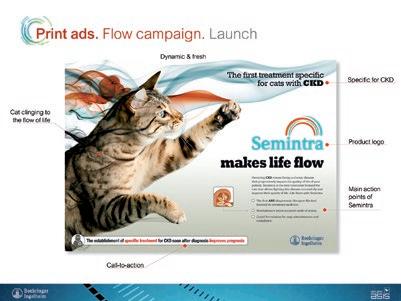

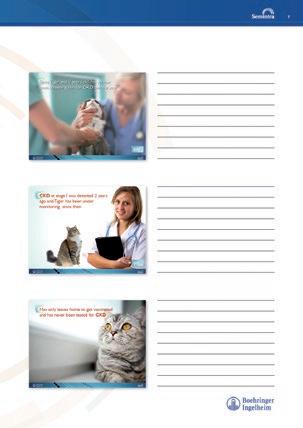
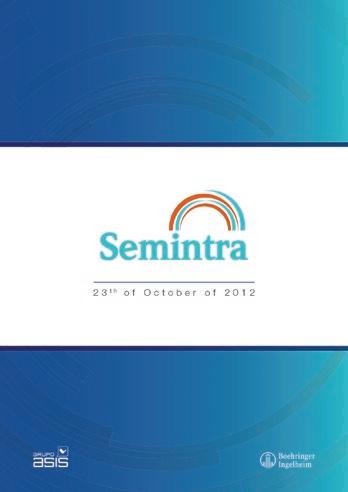
Presentation dossier

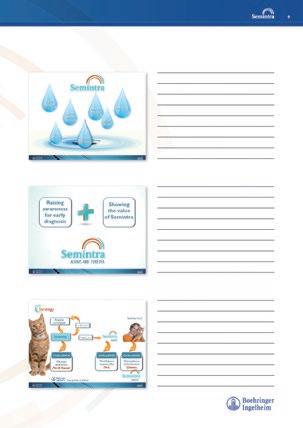
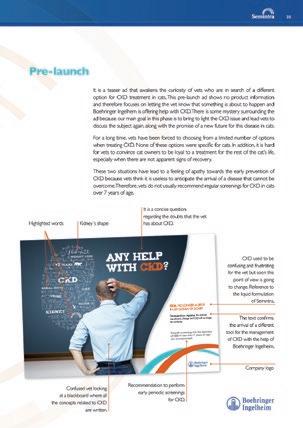
Semintra campaign proposal (global contest)

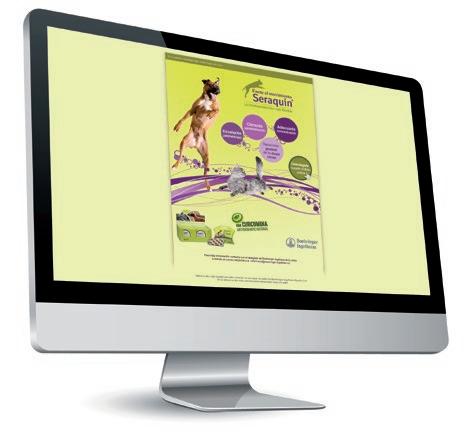
Seraquin® e-mailing

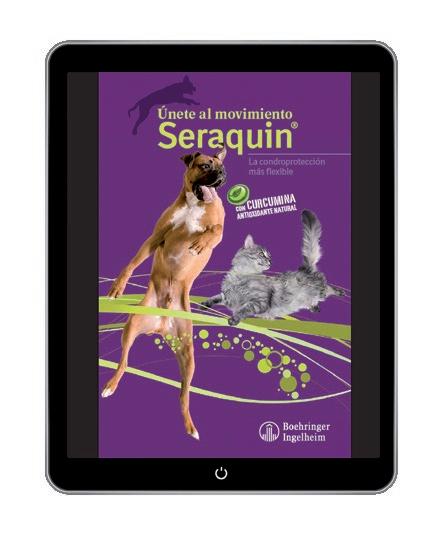
Seraquin® Ipad brochure for vets
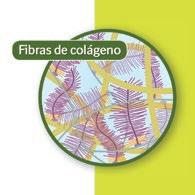
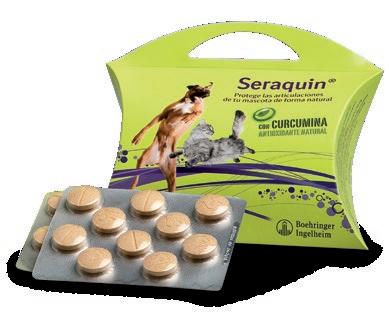

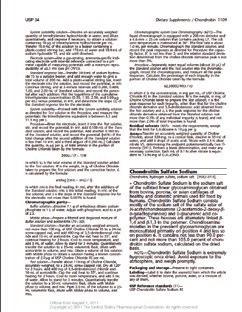
Seraquin® Loyalty card
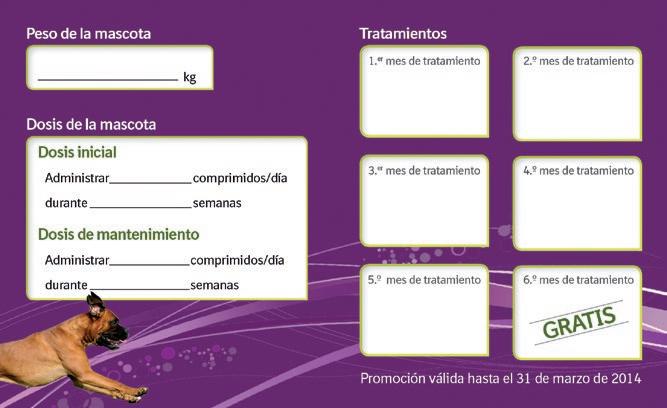
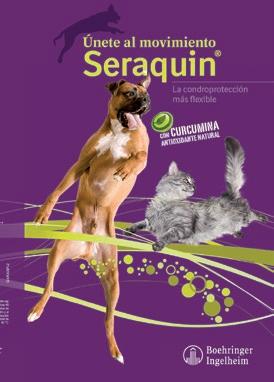

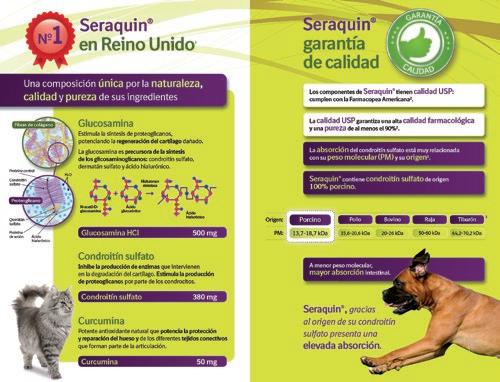
Vet brochure
Owner brochure
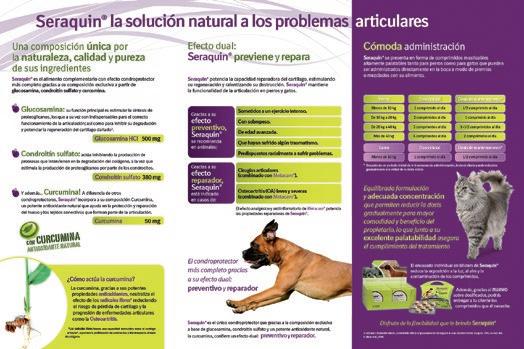
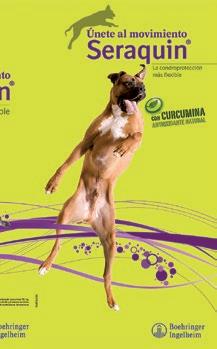

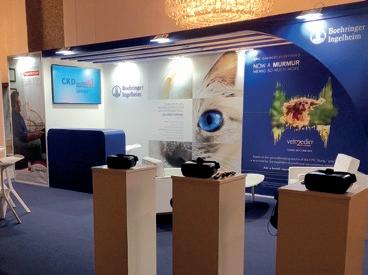



Vetmedin® Booth at ECVIM Congress 2016 (Gothenburg)


Vetmedin® Booth at ECVIM Congress 2018 (Rotterdam)


Vetmedin® Booth at ECVIM Congress 2017 (Malta)


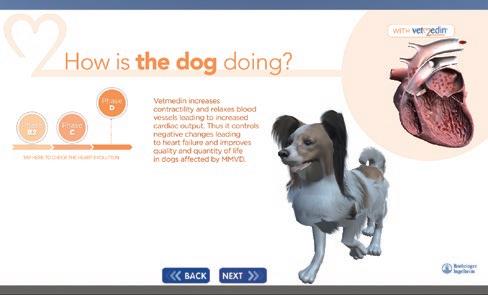
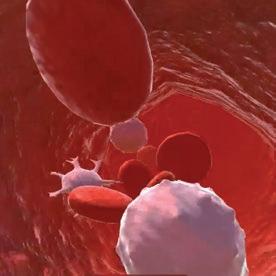
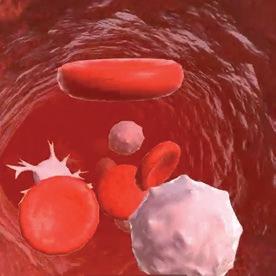

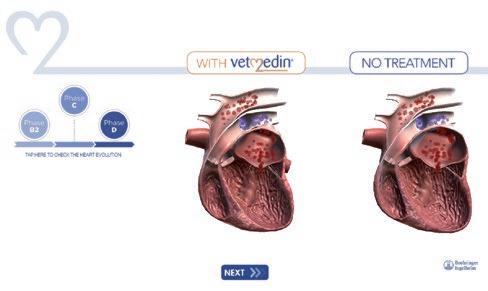


Video template and animation
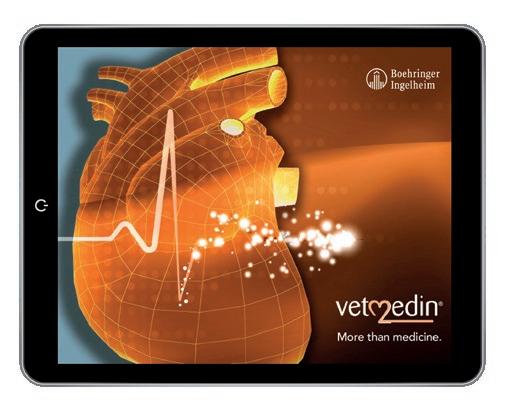
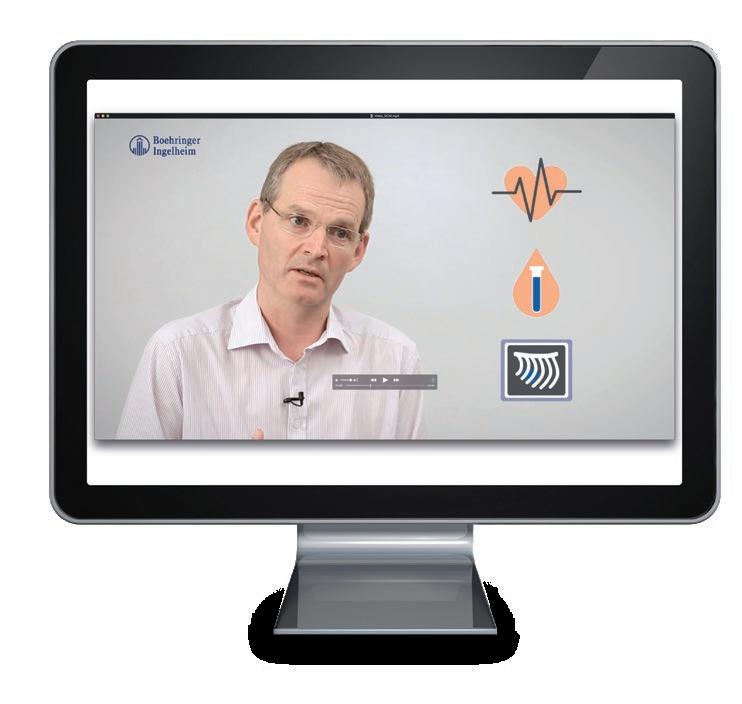



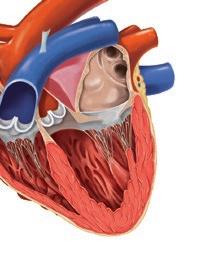
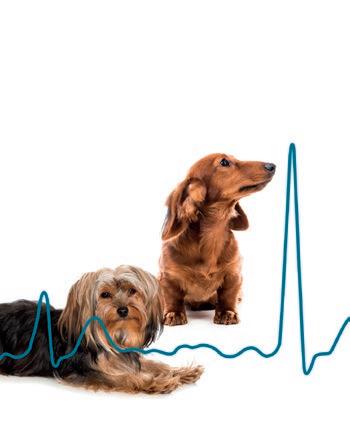

Vetmedin®
Quick reference guide Cardiology and App
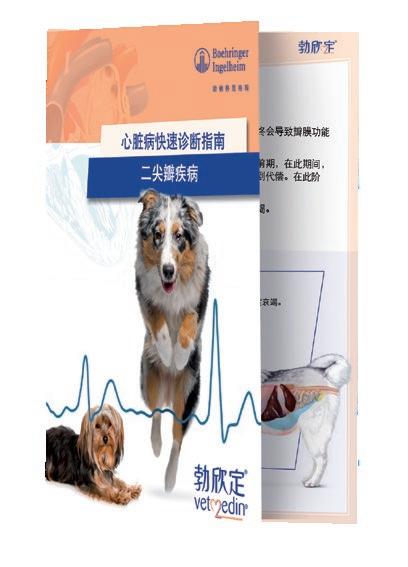
China Vetmedin® Guide & App Adaptation
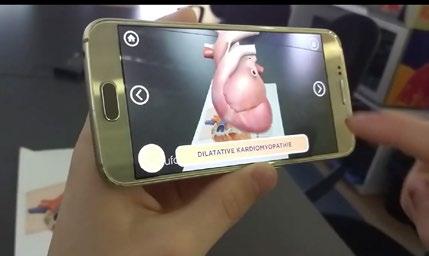
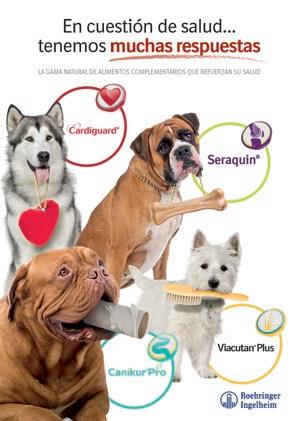
Supplementary feed Product range brochure
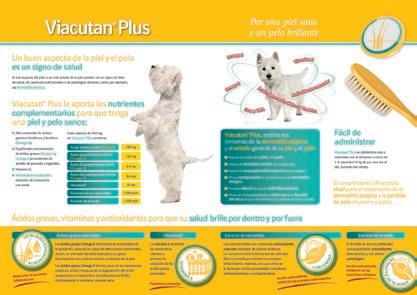

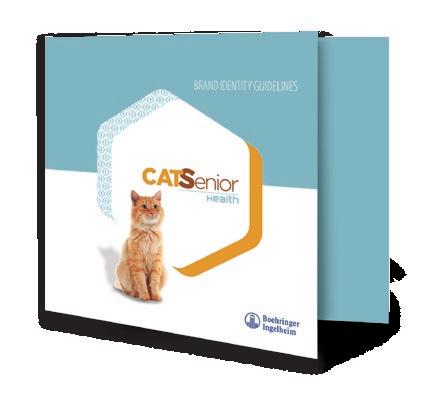

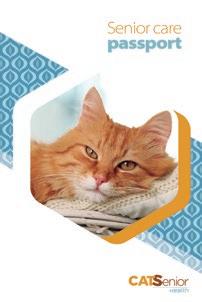
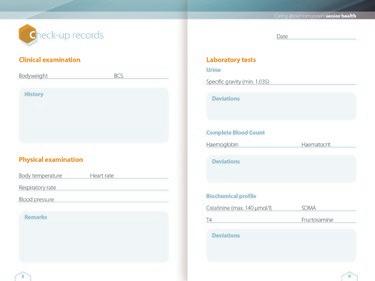
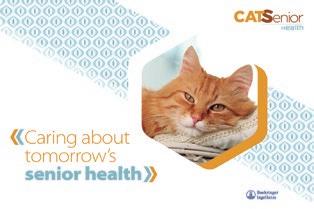


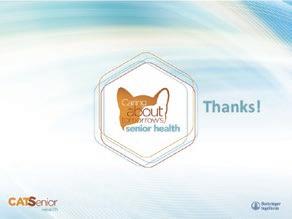
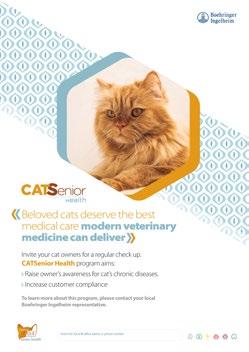

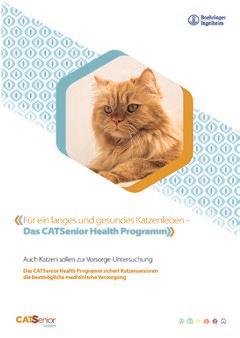
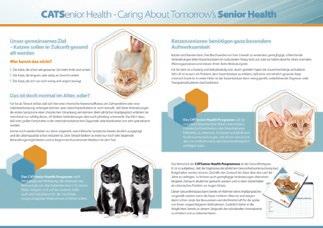

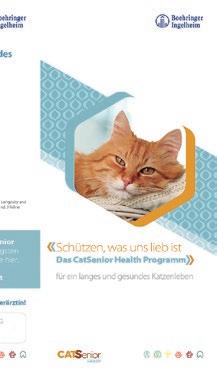
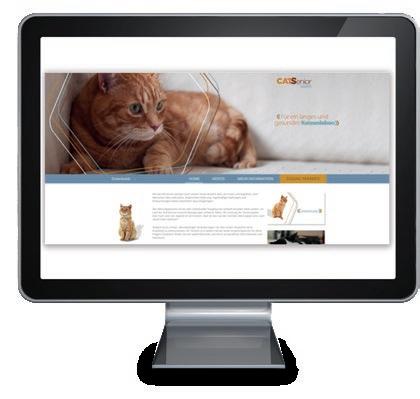

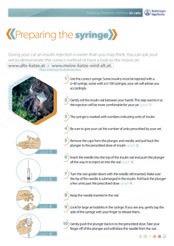

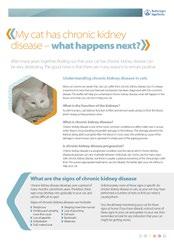
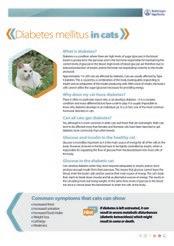
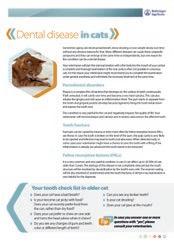

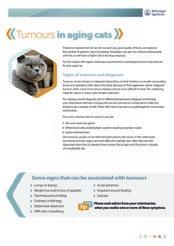
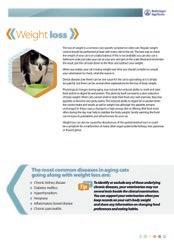

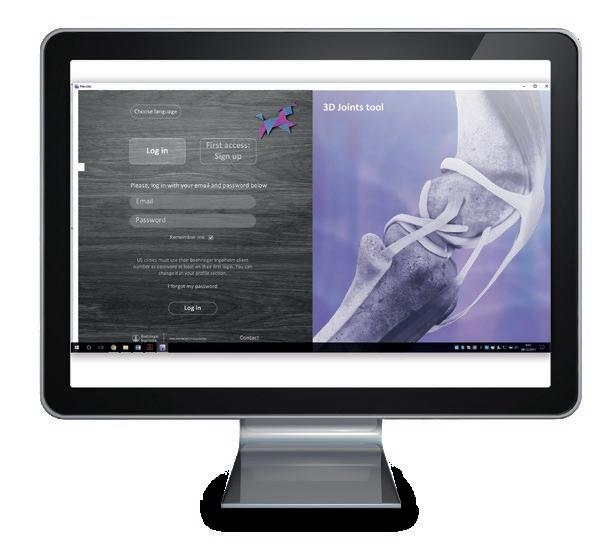
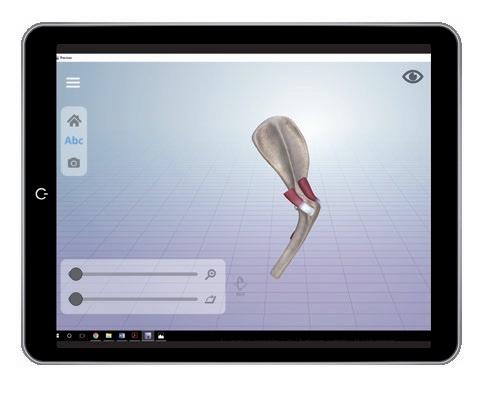
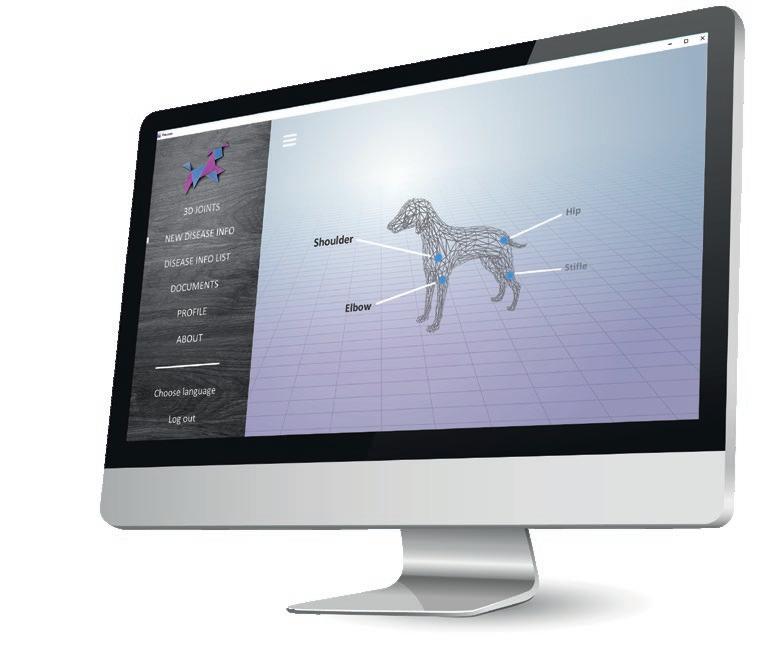
3D Joints Tool app
Metacam - Previcox. Back office: English, French and Spanish. App runs in 11 languages: Czech, Dutch, English, French, German, Italian, Polish, Portuguese, Russian, Spanish and Turkish.


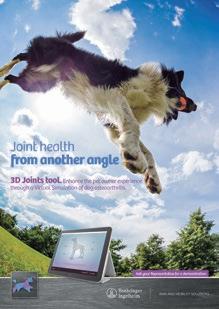


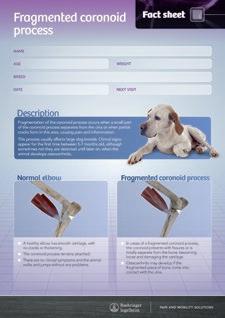
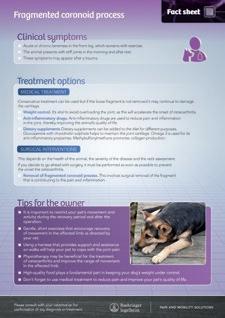

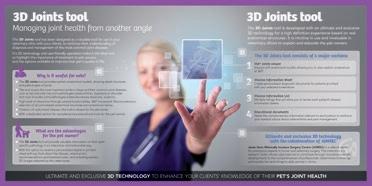
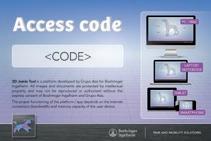

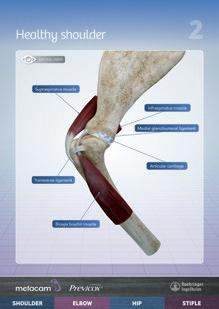
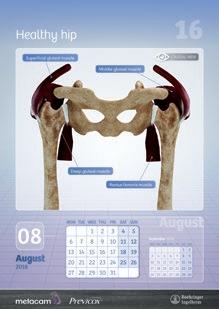



Heartgard-NexGard
Interactive poster. Most common parasites in dogs.
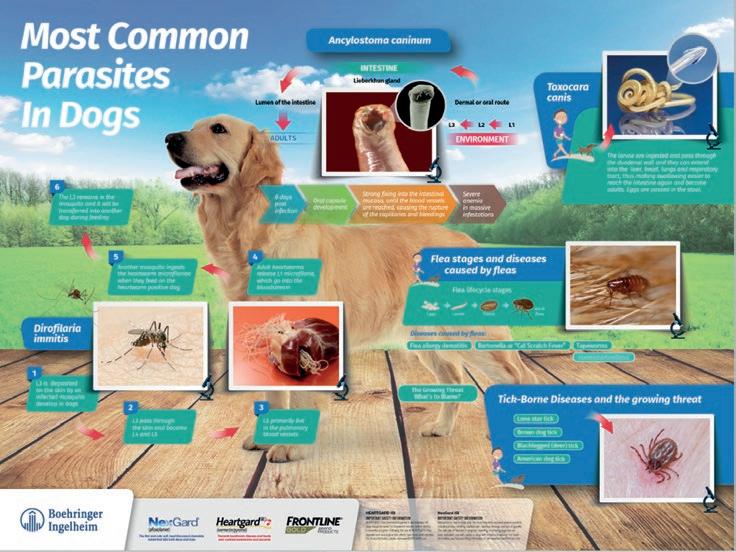
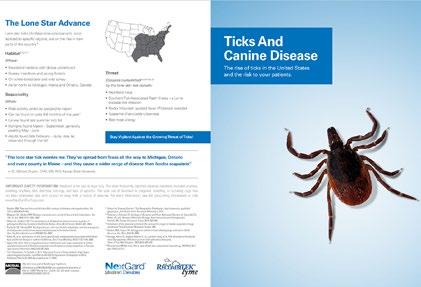
Cancer Board
Leaflet
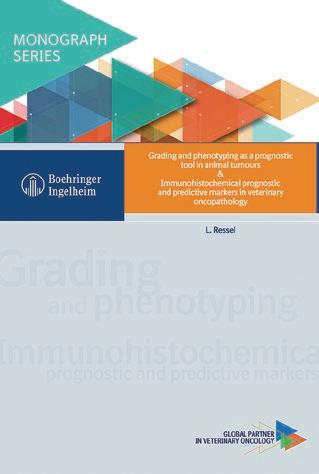

Embossed 3D poster
NexGard- Heartgard
Canada- English and French
“Main parasites in dogs”
Embossed 3D poster with QR codes

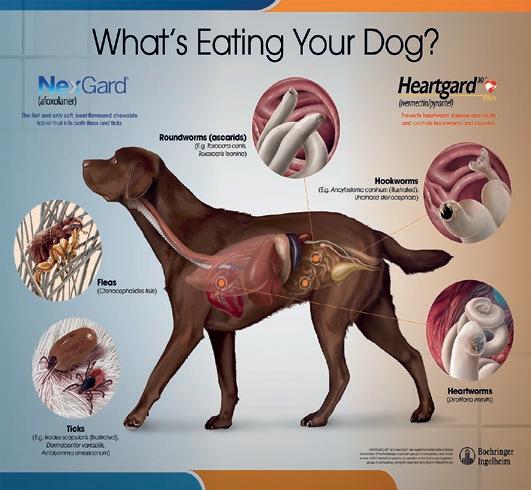
COMPANION ANIMALS

Multispecies Desktop Calendar
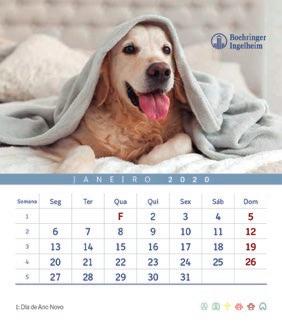
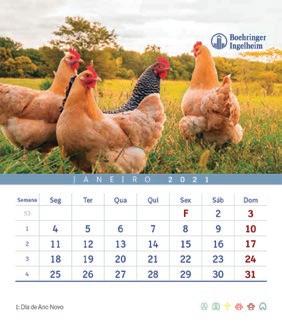
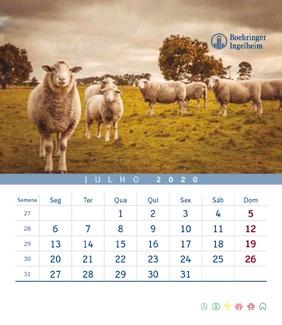
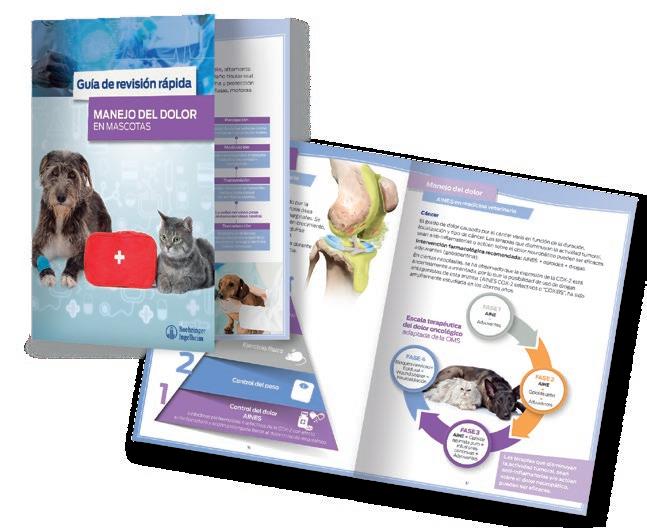

Reprint Veterinary Parasitology 2019
Videos canarypox technology
3D animated video about vaccination in dogs and cats using canarypox technology. The vaccines are against canine distemper virus, feline leukemia virus and rabies.
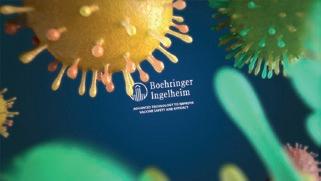
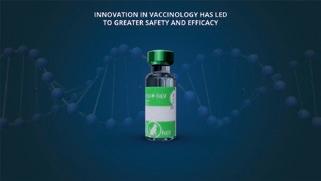




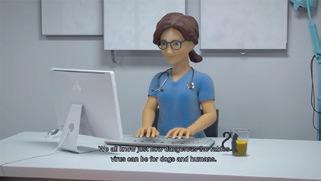
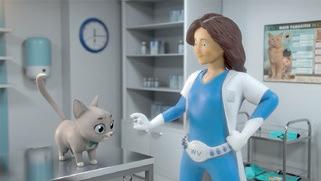


Curious cat videos

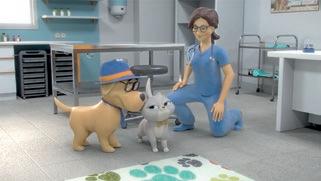


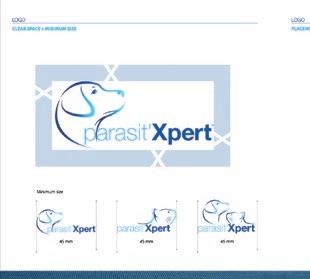

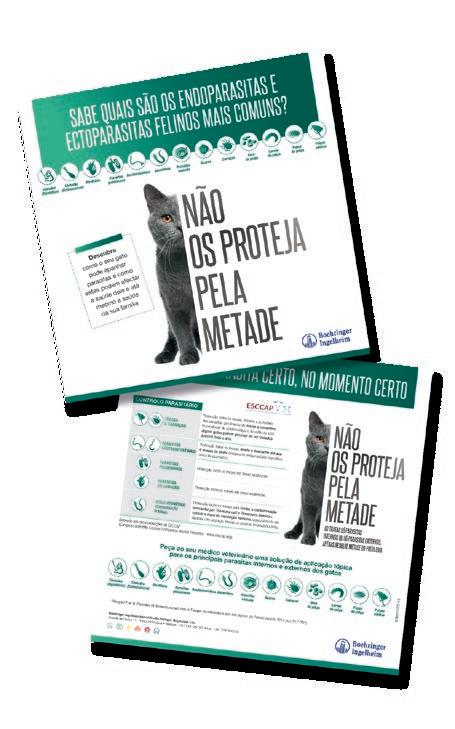
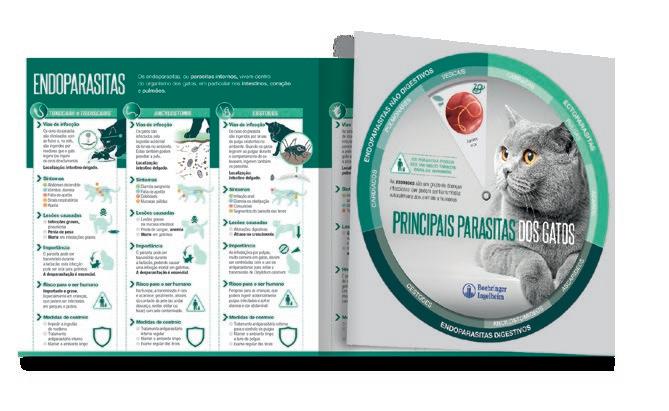
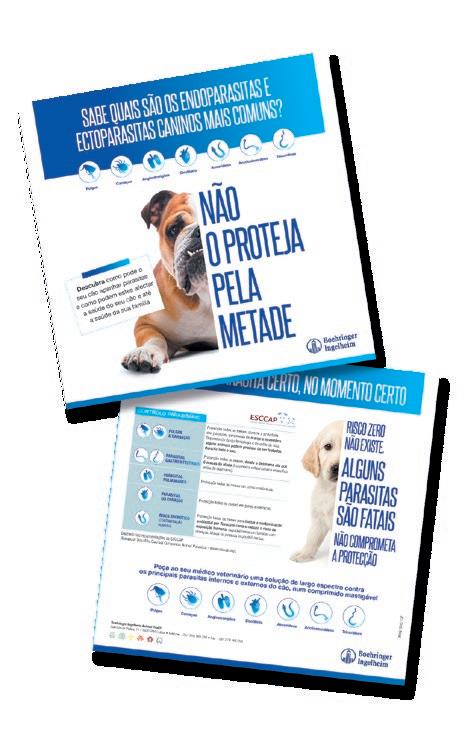

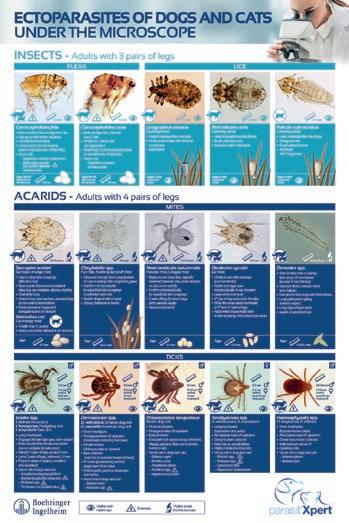

Pet Parasites Posters Redesign



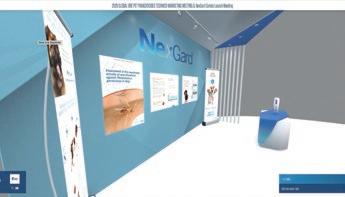
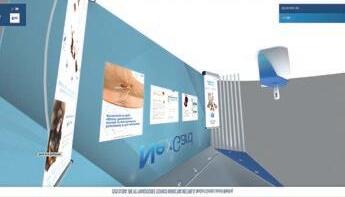
2020 Global One Pet Parasiticides technico-marketing meeting & Nexgard Combo launch meeting
Virtual Event - Customized Platform
VetXpert en directo Live streaming sessions about Feline Medicine
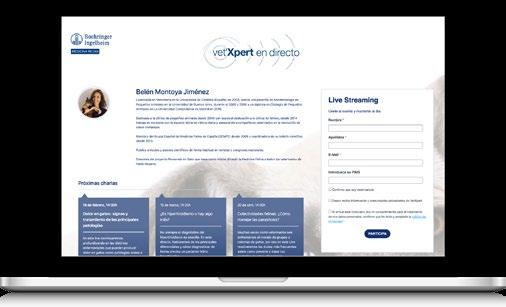

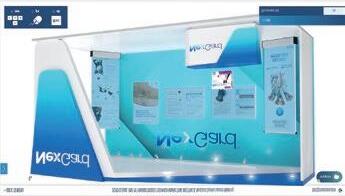

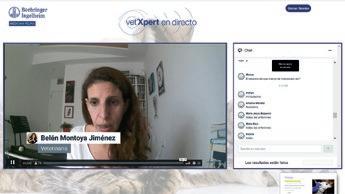
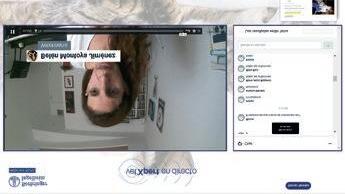
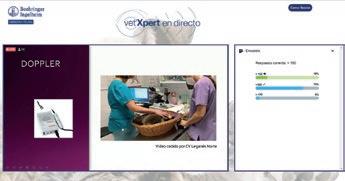
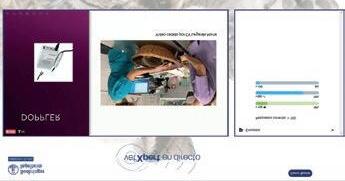
Playbook BI
Designing of a Power Point and addition of links for an easy navigation.
PY098883

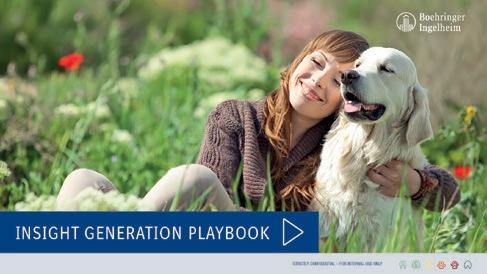
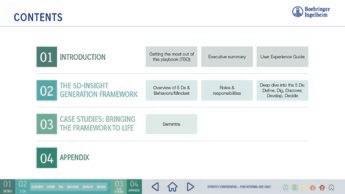

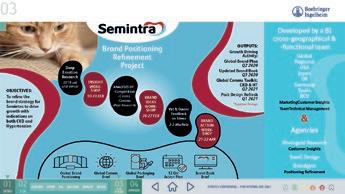

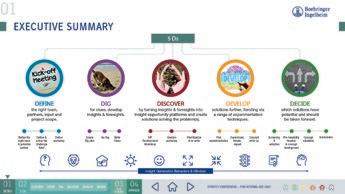
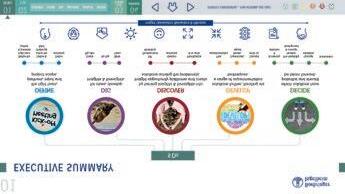




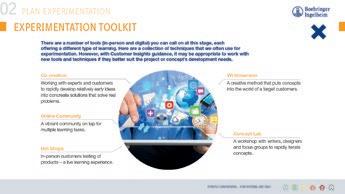
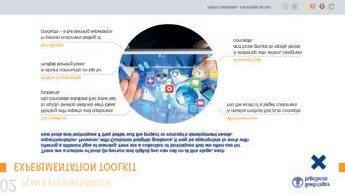

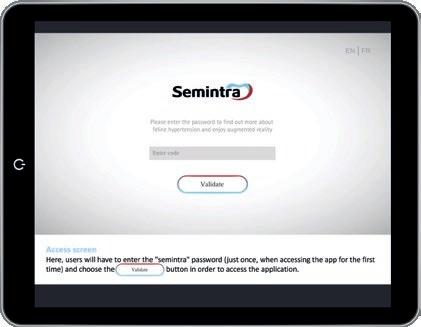

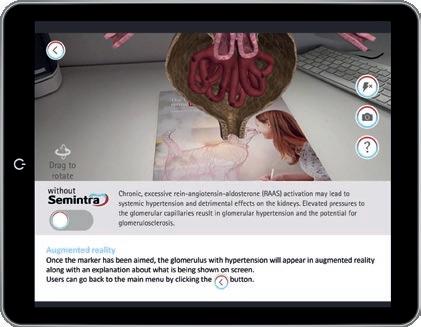
Semintra Feline
Hypertension App
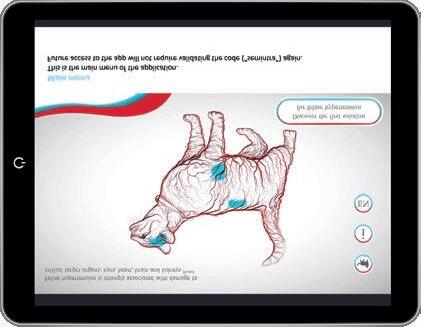
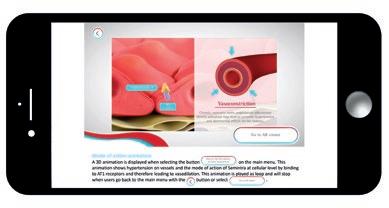
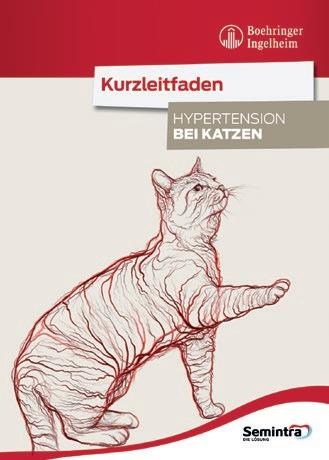
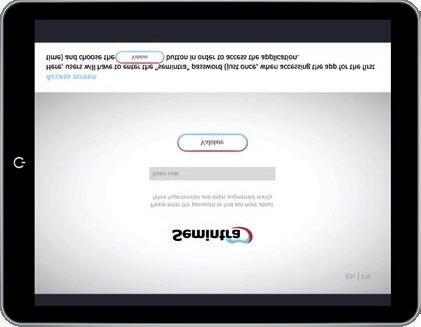
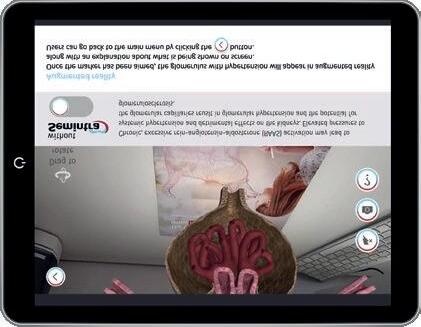
Hypertension Guide
Quick reference guide

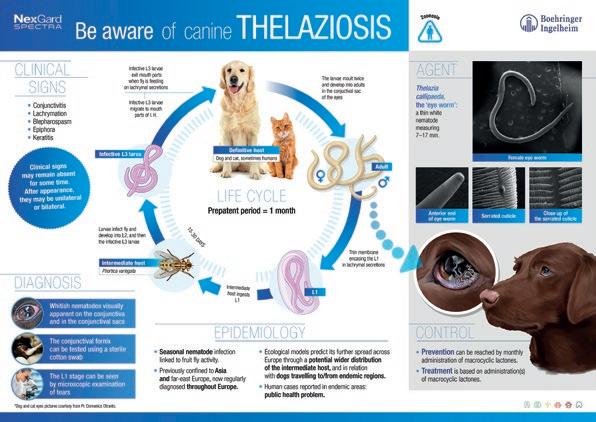
Design of TXTVET brochure Design ot this leaflet to explain the TXTVET aplication to vet clinics and hospitals.
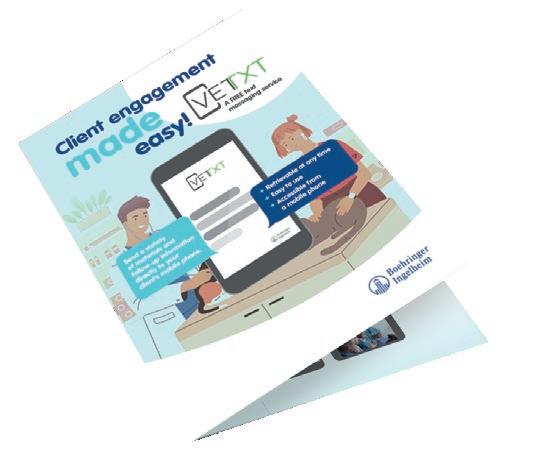
Segments brand identity
Marketing technical presentation about the different segments and buyer profile. This project also includes 5 infographics (one per segment) and 2 videos.
PY099607

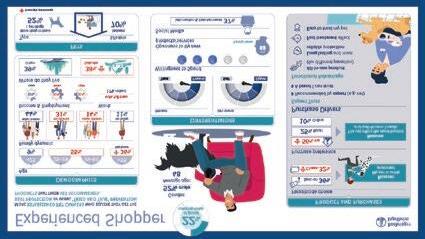
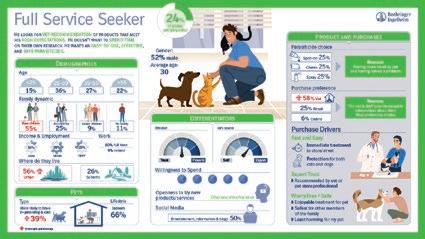
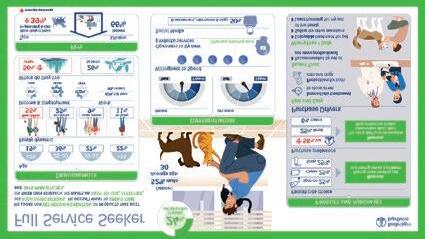
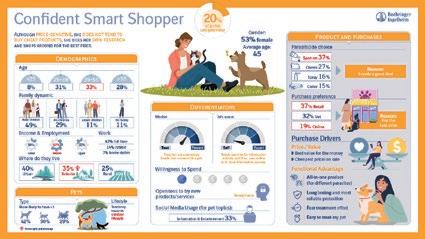
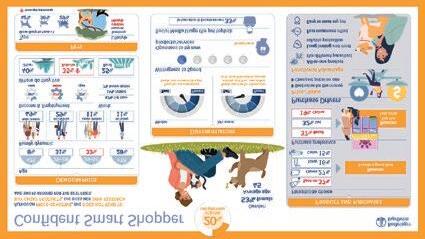
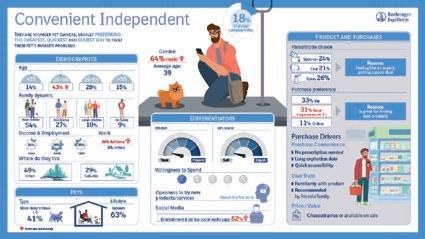
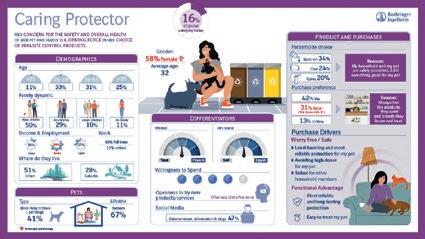
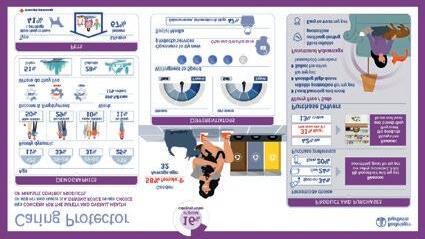
 Canine Thelaziosis Poster
PY100711
Canine Thelaziosis Poster
PY100711

Global Pet Parasites Integrated Franchise
Plan Virtual Roll-out Session 2021
Virtual Event in customized 3D Interactive Space.
PY099802
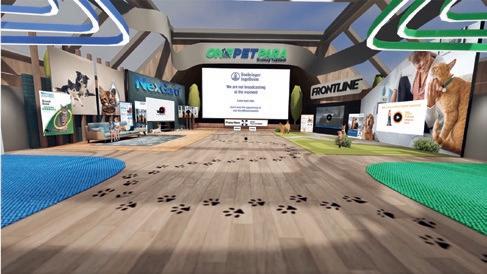

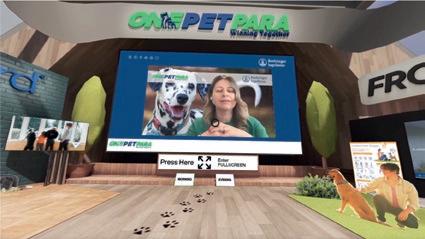
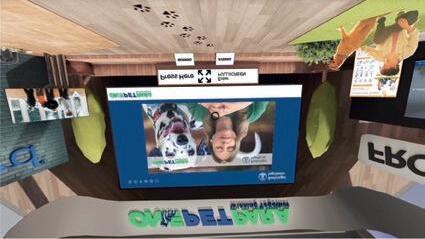

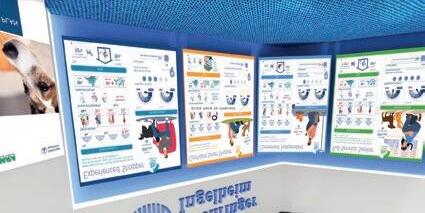
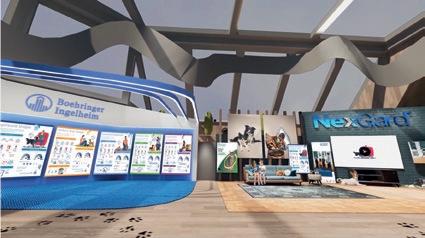
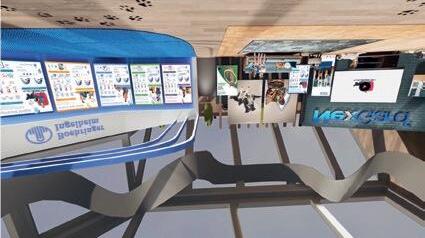
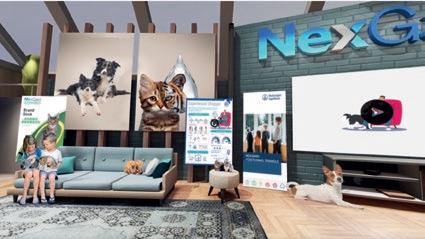
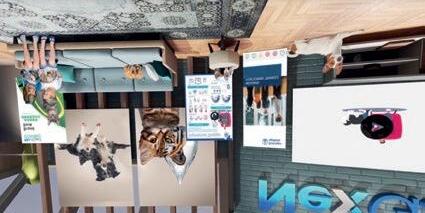
Virtual booth materials
GTA - AVEPA 2021
Design and programming of the virtual space from Boehringer Ingelheim at the virtual fair AVEPA 2021.
PY099893

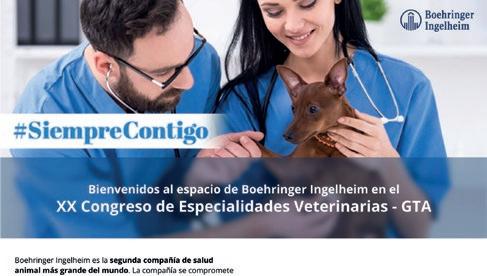
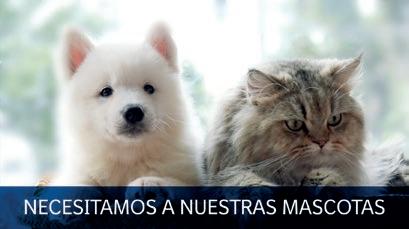
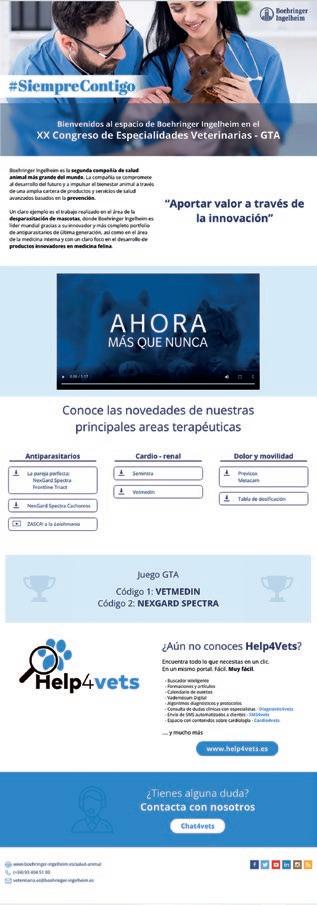
VetXpert en directo - 2021 - 2022
Live Streaming Sessions on Feline Medicine with an expert.
PY101023
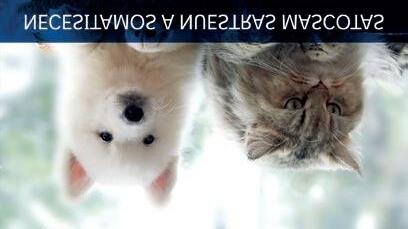

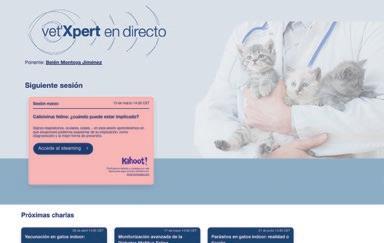
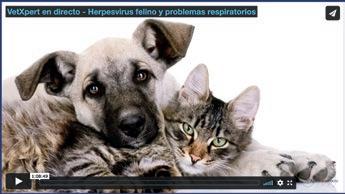
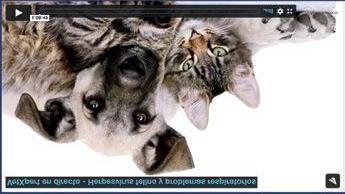




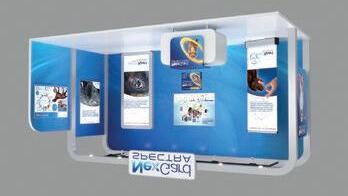

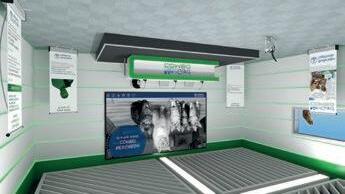
NexGard® COMBO
Launch Meeting - June 2021
Virtual Event in interactive 3D space customized for Boehringer Ingelheim.
PY099206

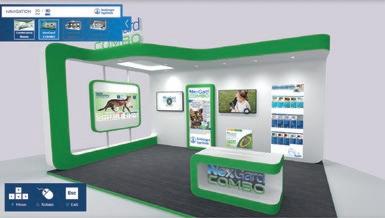
NexGard® COMBO Presentation
Virtual event in the 3D space customized for Portugal.
Creation of the 3D space, programming and event production.
PY099718


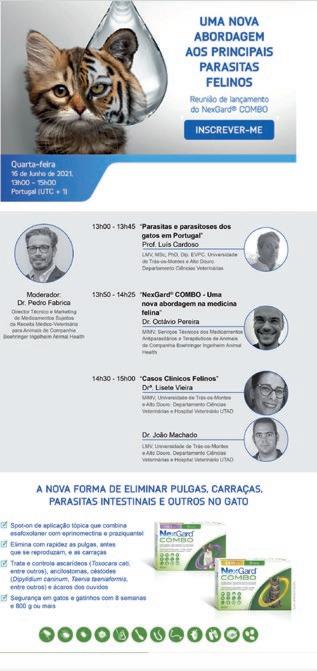
2021 Global One Pet Parasiticides
Technico-Marketing Meeting
Virtual Event Parasites 2021(Internal)
PY100490
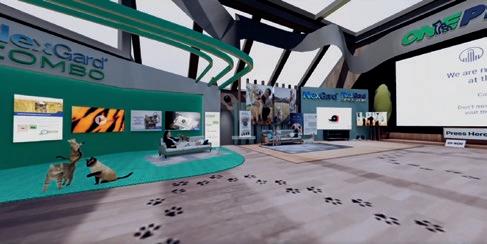

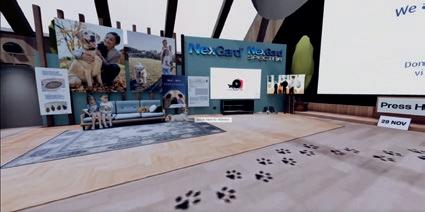

2021 Global Pet Vaccines Meeting
Virtual Event Vaccines 2021(Internal) in 3D Virtual Space
PY100312
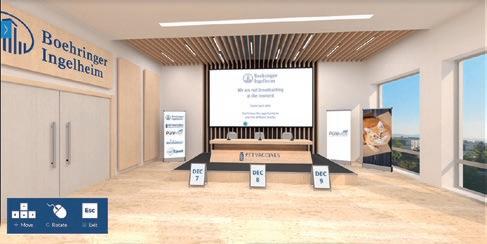
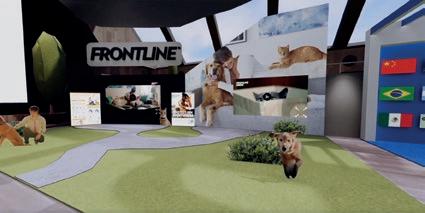
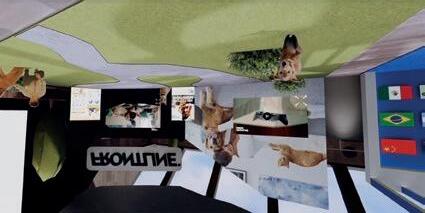


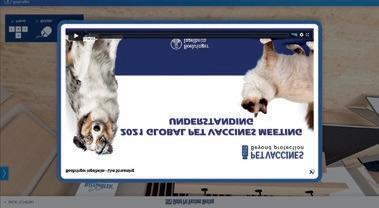
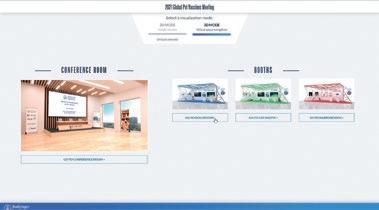
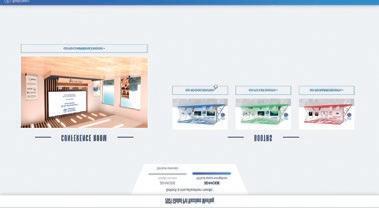
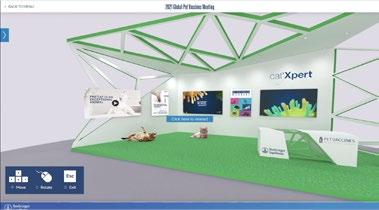


Virtual Traumatology Workshop: “Basic hip surgery” Live Streaming Event with clinic surgery recording in a hospital. Management of the speakers, event production and realization.

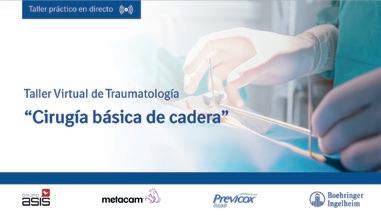

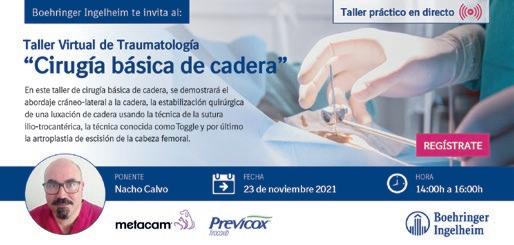
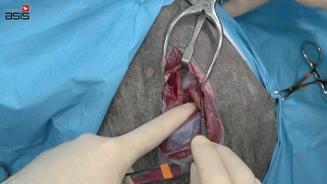
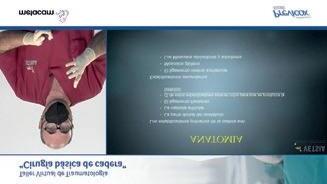

Range brochure Nexgard Trifold brochure that includes the main information regarding the 3 products belonging to the NexGard family (NexGard®, NexGard Spectra and NexGard Combo).
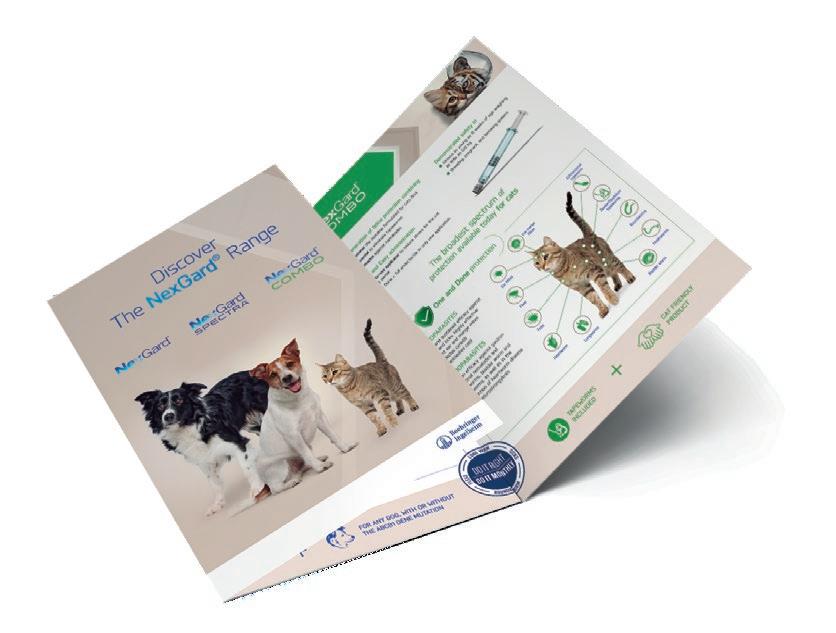
One and done campaign
Development of different material as part of the ‘’One and done campaign’’ to promote NexGard Spectra. It includes visual, vet brochures, vídeos, e-Detailer, etc.
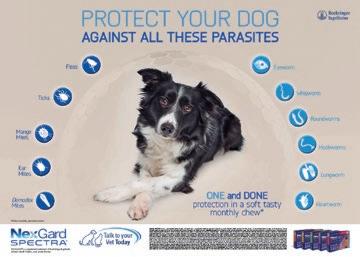
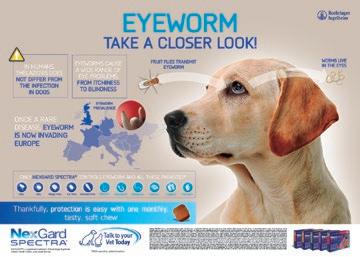
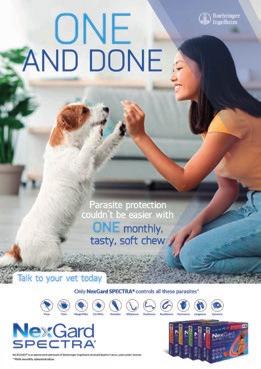



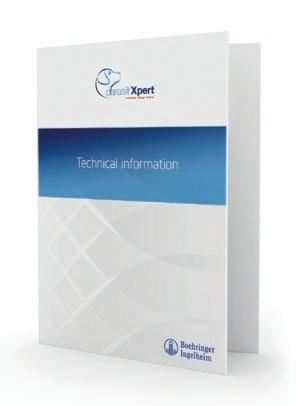

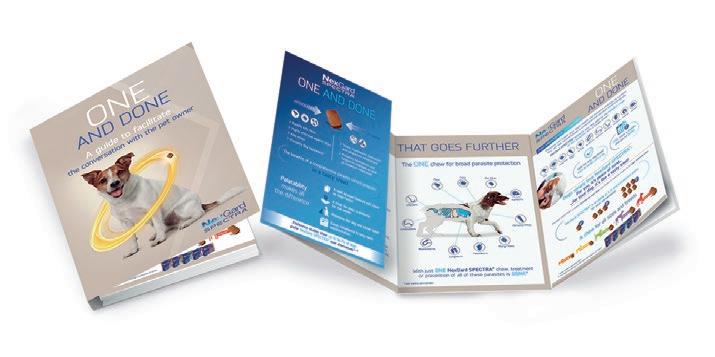
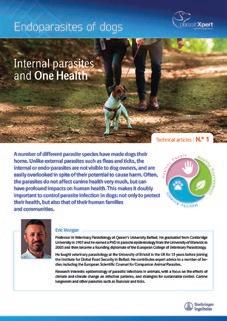
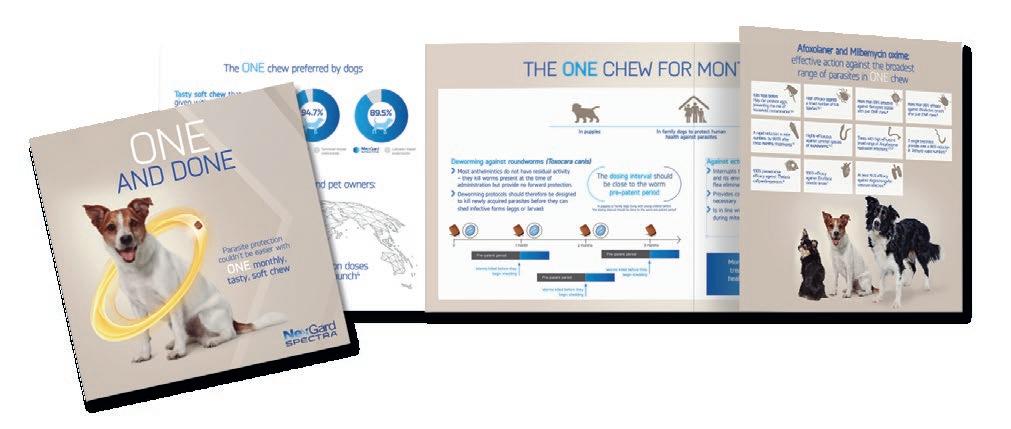 PY100415
Visals
Vet brochure
Folder
Booklet
Posters
Videos
PY100415
Visals
Vet brochure
Folder
Booklet
Posters
Videos

One and done phase III
Roll up banner, close-open sign for vet clinics and trifold posters as part of the One and done campaign.
PY100600

Trifold posters
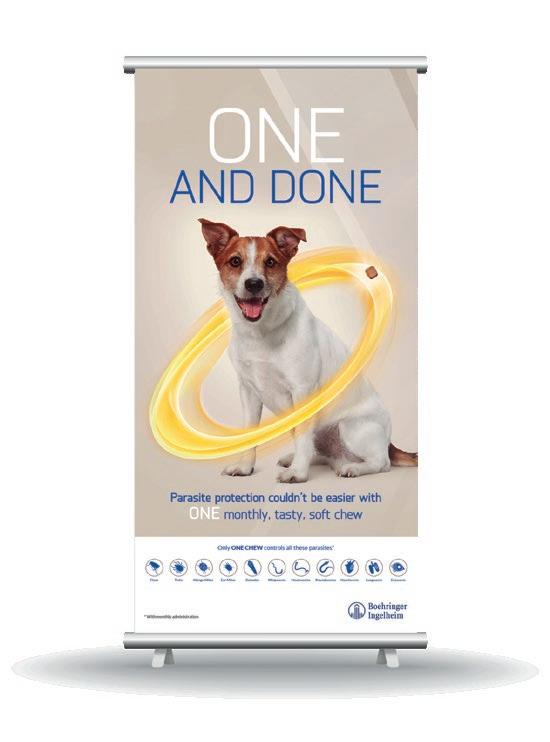
Roll up banner
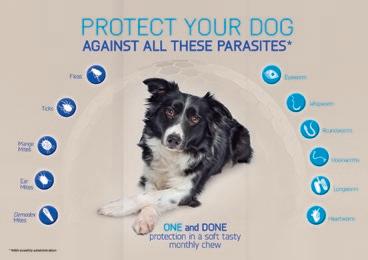
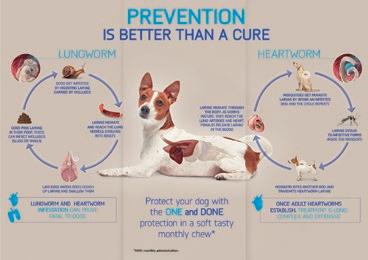
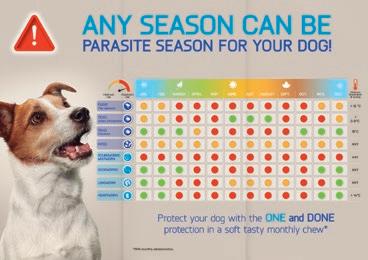
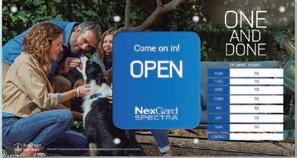
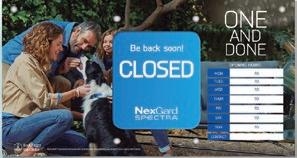
Close-open sign
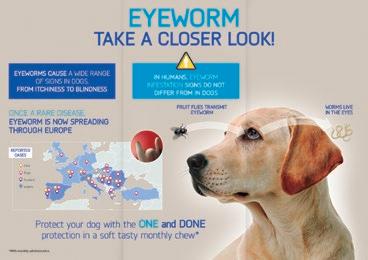

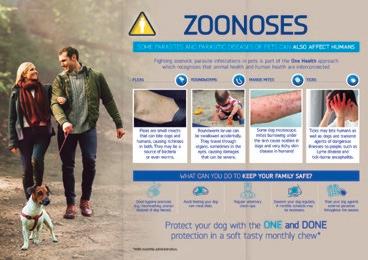
TraumaVet workshop II Live broadcast of a surgery workshop (shoulder and knee surgery).
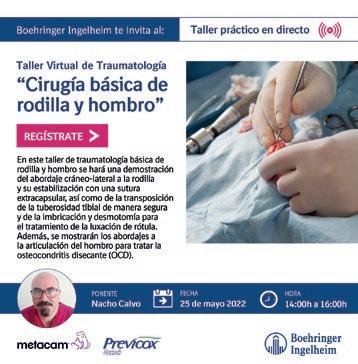

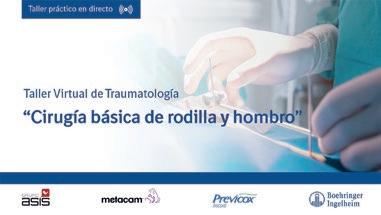
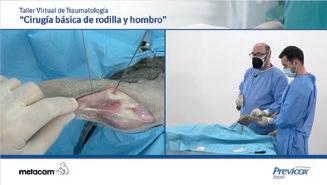
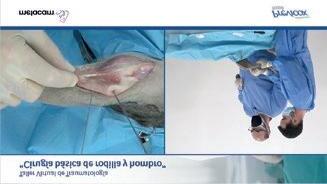
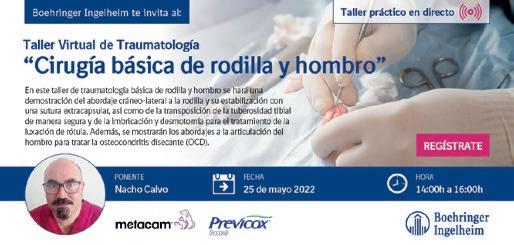
BI One Pet Para IFP 2022 support PPT template design, PPT layout, virtual booth visuals creation and event video recording and edition for the 2022 Global Technico Marketing Meeting Pet Parasiticides.
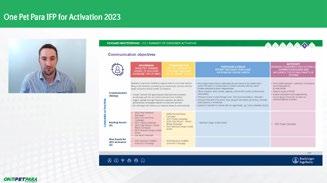






Semintra Feline Hypertension lecture + 2D animation
Lecture about the current diagnosis and management of feline hypertension combined with explanatory 2D animations
PY101985
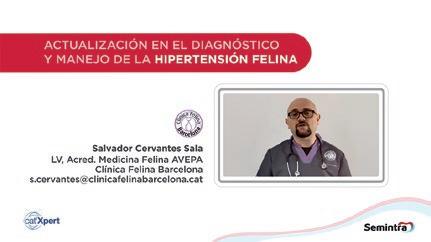
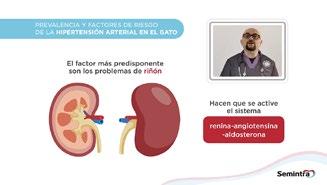





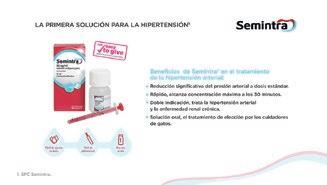
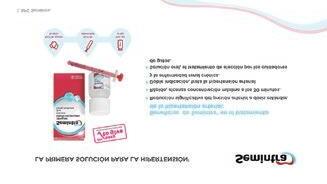
Belgium Vetmedin ruler Dutch-French
Adaptation of the Vetmedin ruler to Dutch and French
PY102877

FRONTPRO 3D MOA video 3D video that supports the MOA of the product FrontPro
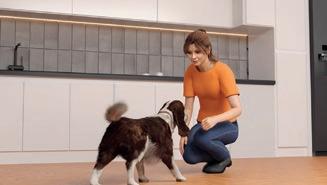

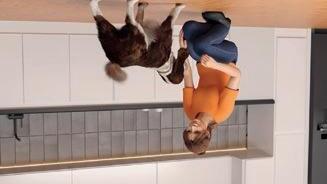

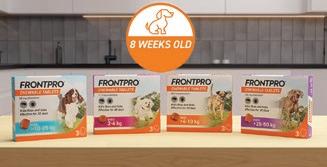
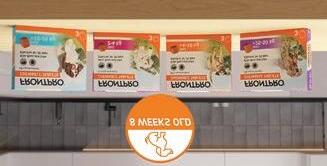
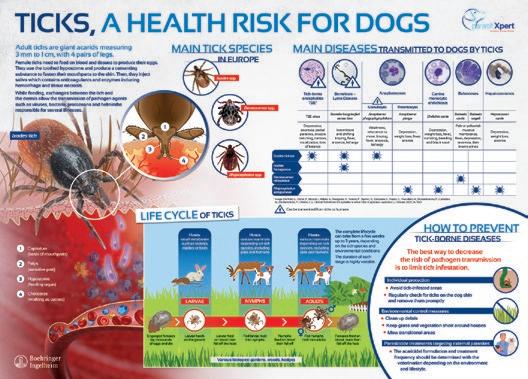
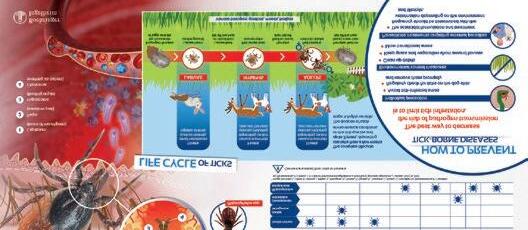
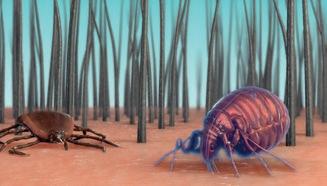
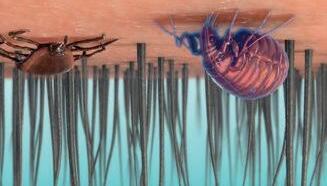

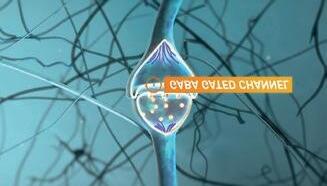
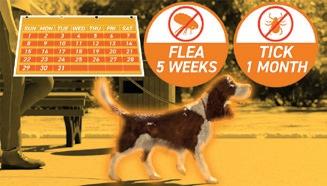
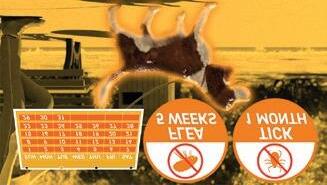
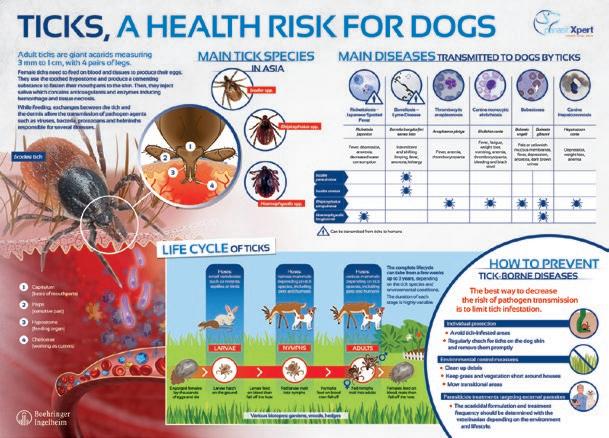
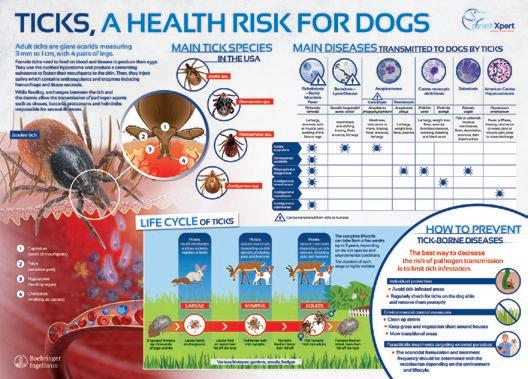

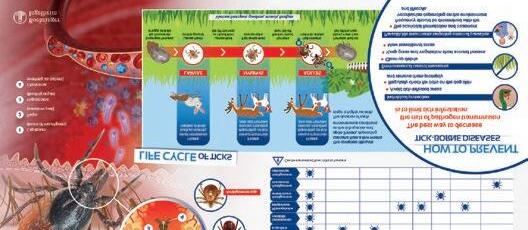 “Ticks, a health risk for dogs” poster
PY102322
PY102925
“Ticks, a health risk for dogs” poster
PY102322
PY102925

The objective of this project was to create new communication assets for the sales team that help them communicate these new claims and that engage the vet as a prescriber. The new claims include:
• New indication of Nexgard SPECTRA and Nexgard against otodectic mange caused by Otodectes cynotis.
• New indication against Hyalomma marginatum.
• New authorisation of use in breeding, pregnant and lactating bitches.
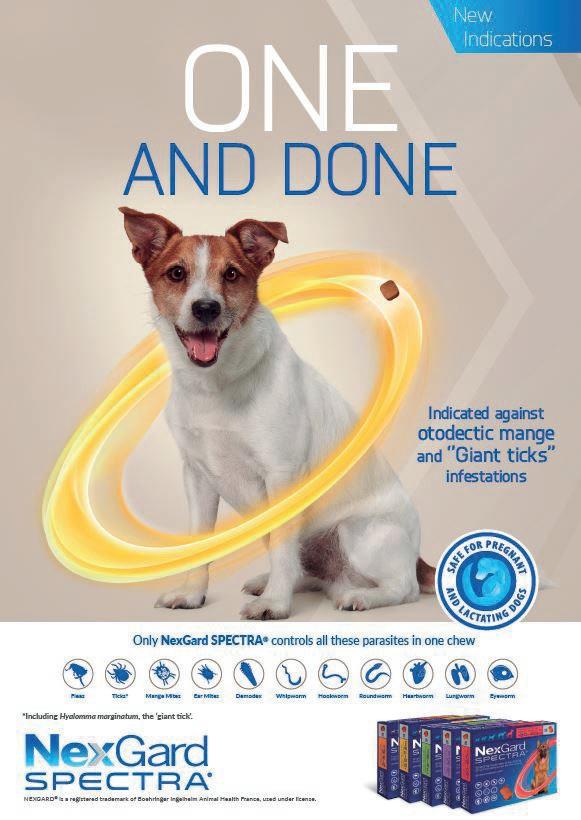

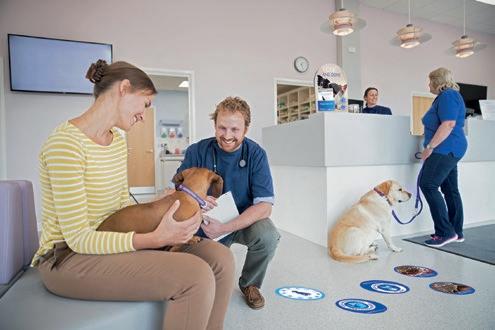
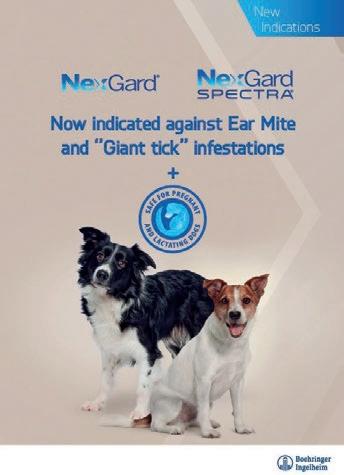
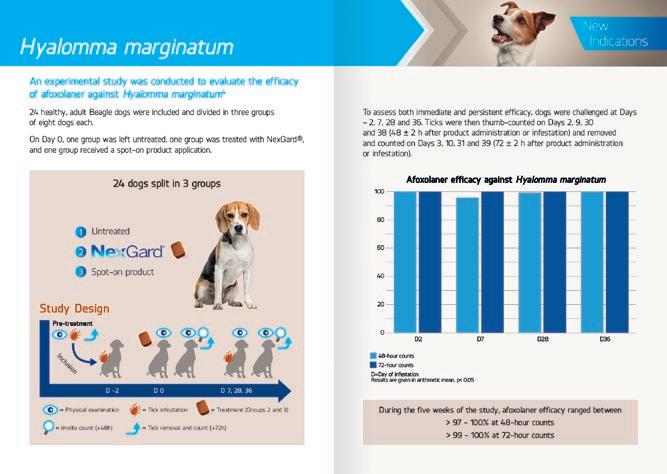

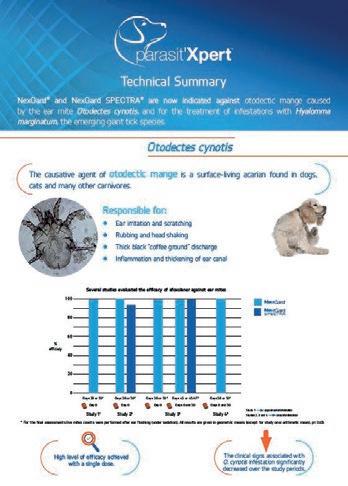
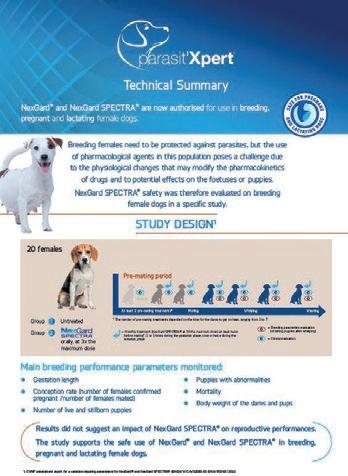

Photoshoot Nexgard Spectra
Photoshoot session with different models and 2 dogs (Jack Russell and border collie) to help support the NexGard Spectra campaign.


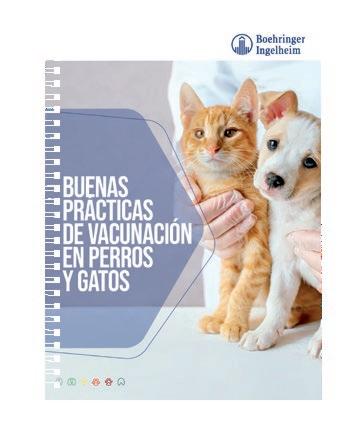
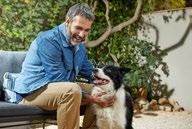

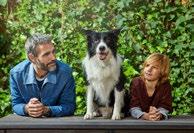
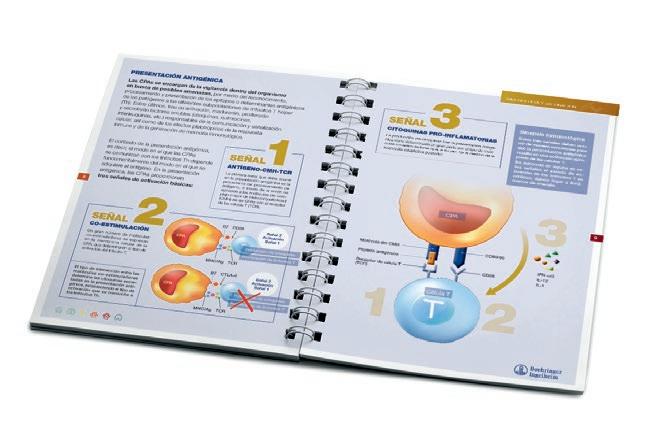
Vaccination in Dogs and Cats Handbook Immunology concepts and practical applications.
Handbook with tips for the cat owner
Comic-style handbook with practical advice about cat care.
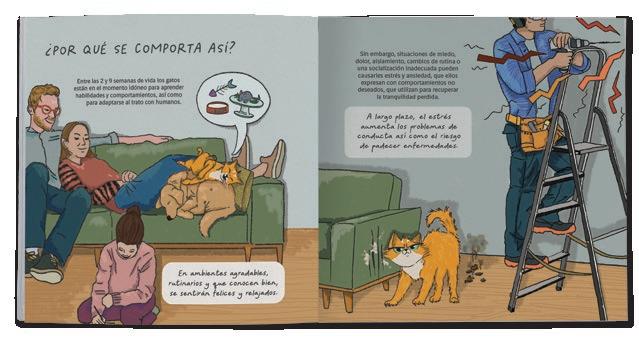

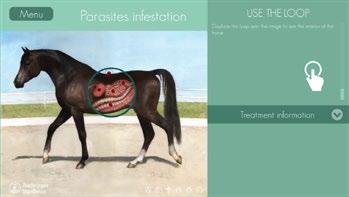

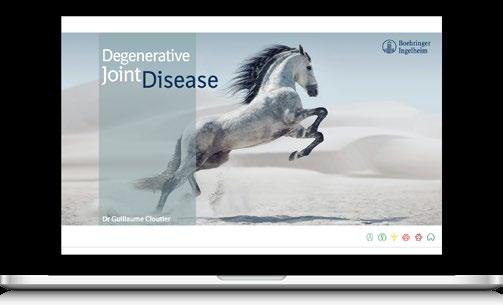
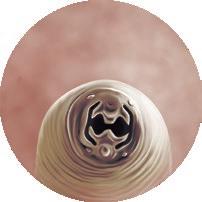
Legend Degenerative Joint Disease Presentation and Illustrations Poster Horse Breeds
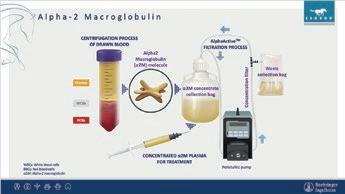

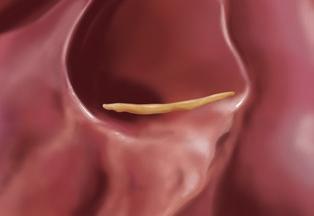
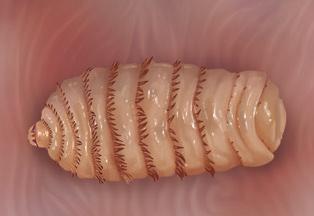



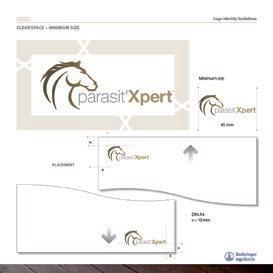

























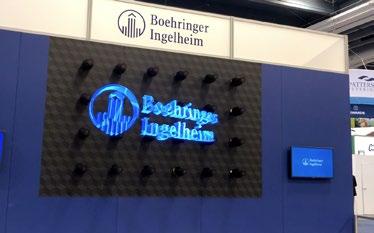
AAEP 64th Annual Convention (San Francisco)
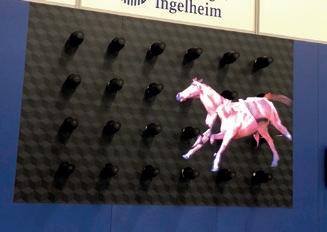
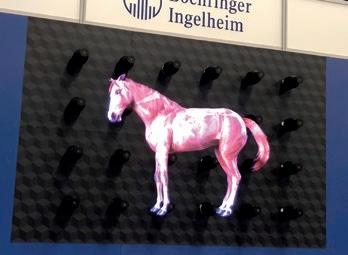

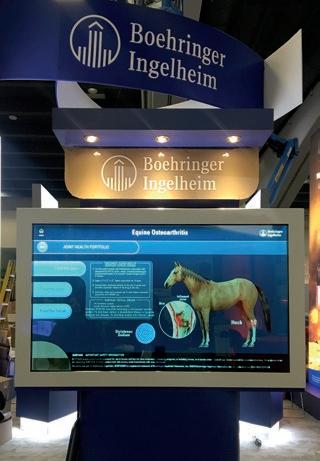
AAEP 64th Annual Convention (San Francisco)

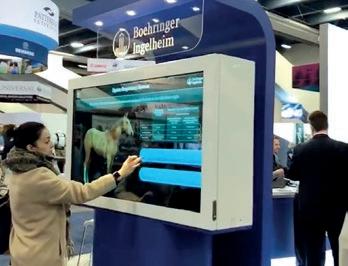
Chronic pain management in Osteoarthritis videos Videos featuring experts discussing chronic pain management in osteoarthritis in small animals. The videos were created using remote recordings of the experts.
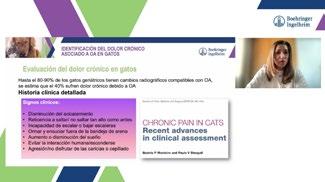
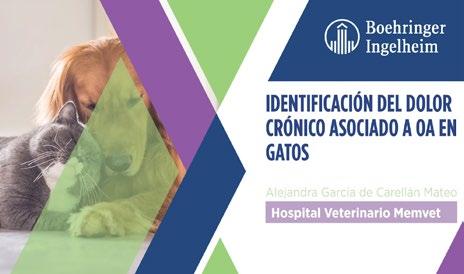

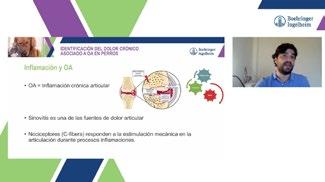
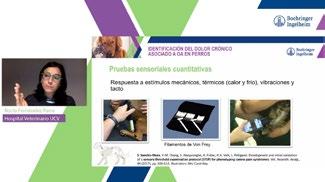
My Curious Dog: Lepto and Parvovirus 3D videos on dog vaccination on Lepto and Parvovirus
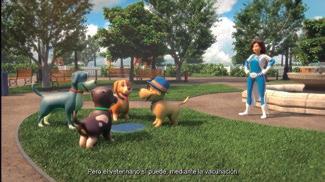


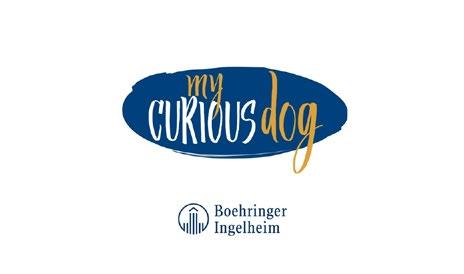
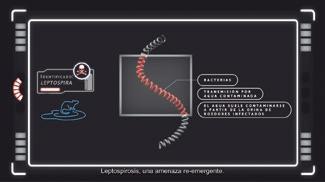


Cat ticks posters adaptation
Adaptation of the previous poster “Ticks: a health risk for pets”.
Versions EU, US, Asia
PY103411

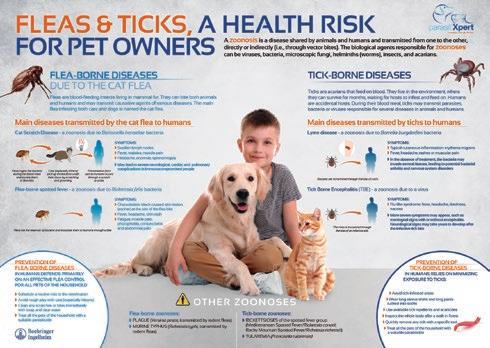
Vetmedin Cardio App
Adaptation to web format.
PY103709 (German)
PY103962 (Spain)
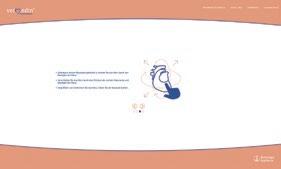
“Fleas & ticks, a health risk for pet owners” poster Versions EU, US, Asia
PY103412

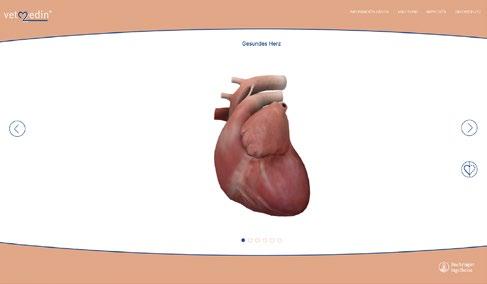
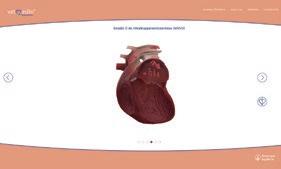
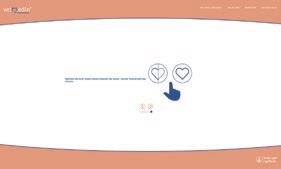
Communication materials for online course Advert

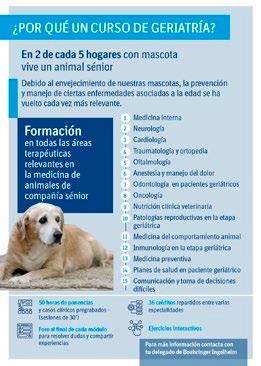
Communication materials for online course PowerPoint presentation
PY103891
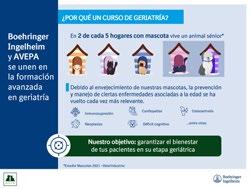

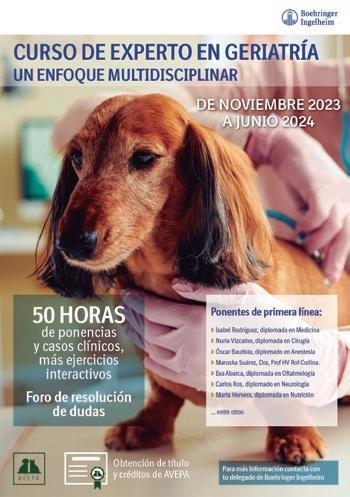
Communication materials for online course Flyer

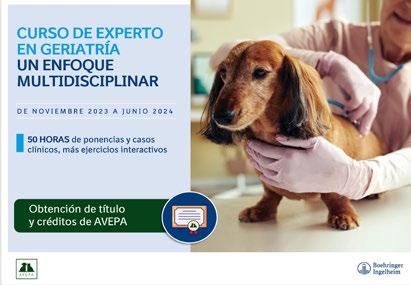

Communication materials for online course Banners
PY103891
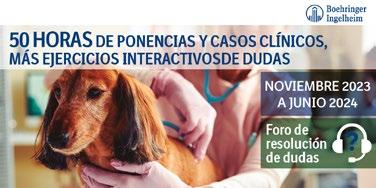


CatXpert Streaming sessions
Norden Vetmedin ruler Adaptation to English



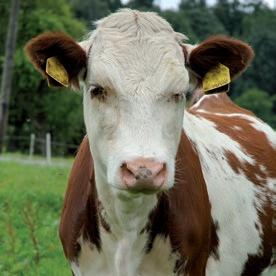
Infographics
9th Farm Animal Well-being Expert Forum
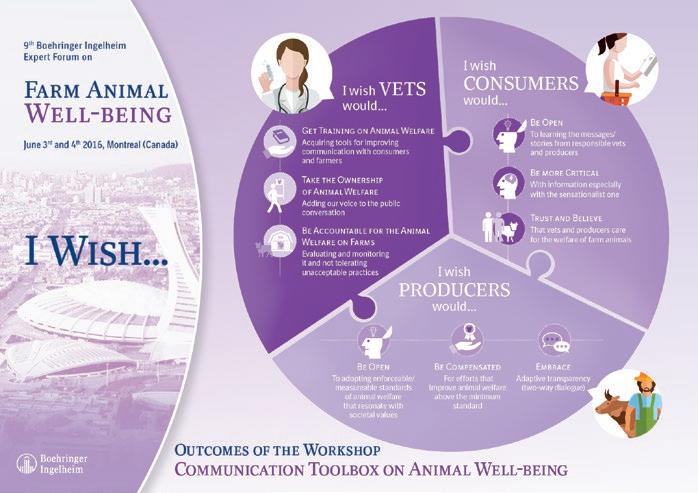

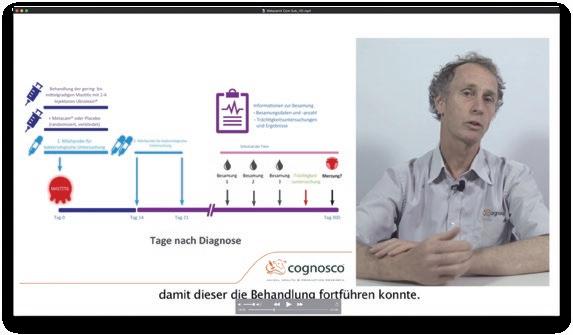
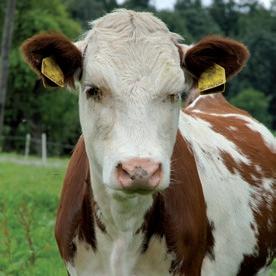





RELEVANCE OF A FOUR-VALENT VACCINE AGAINST BOVINE RESPIRATORY DISEASES








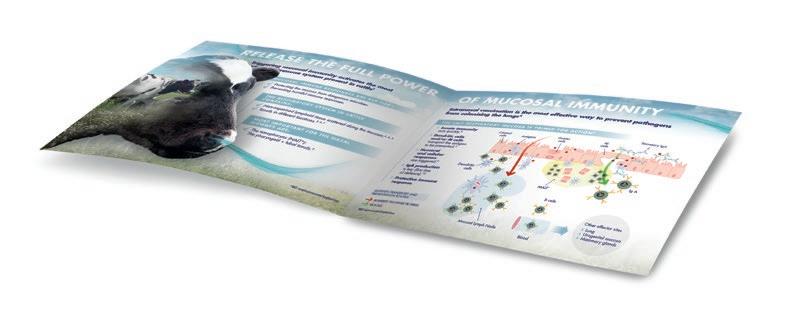
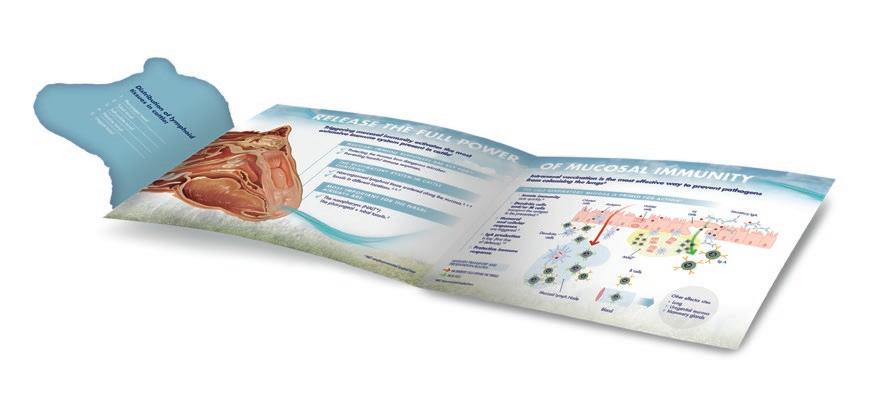
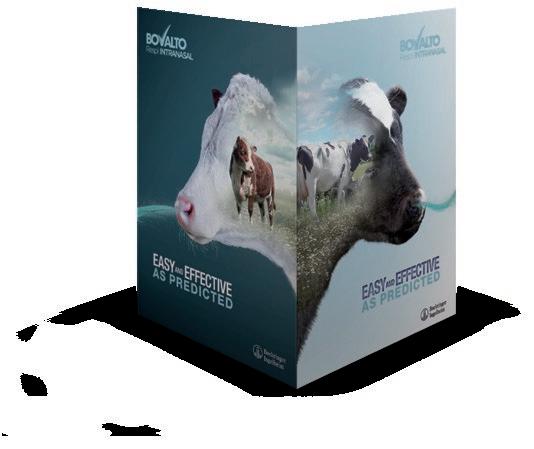
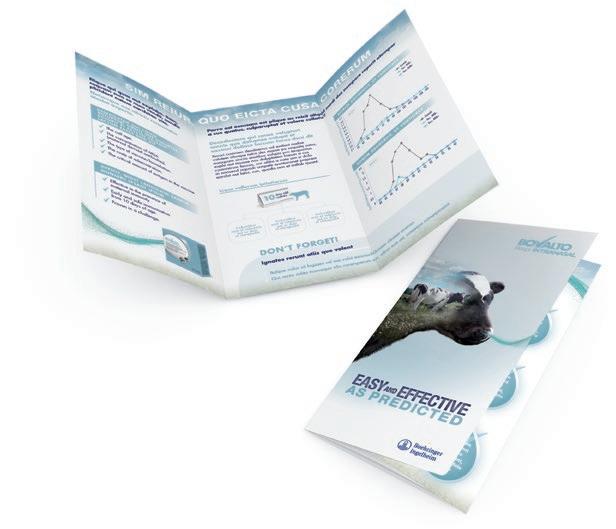
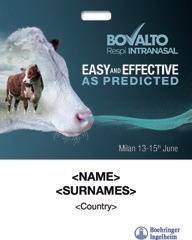
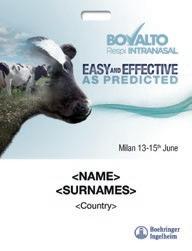

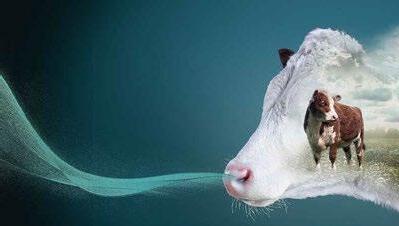
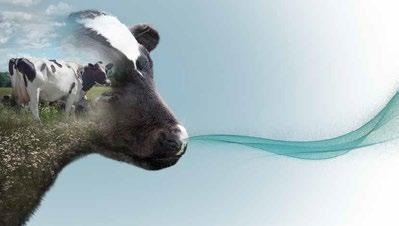
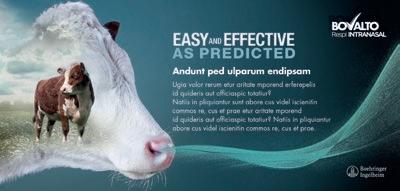
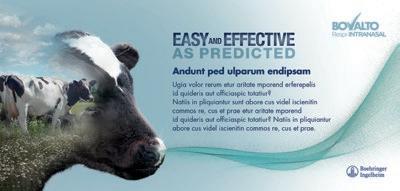
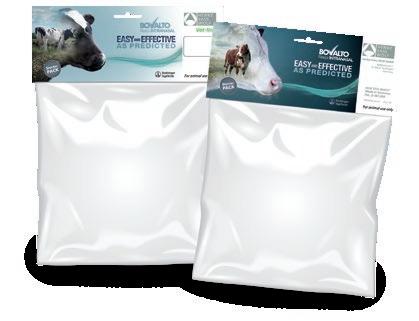

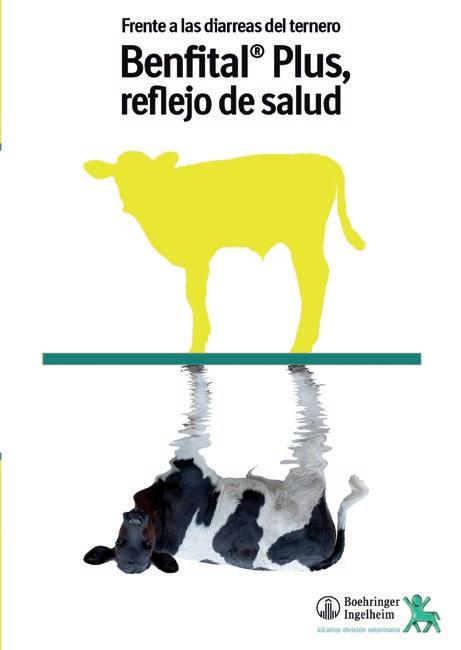


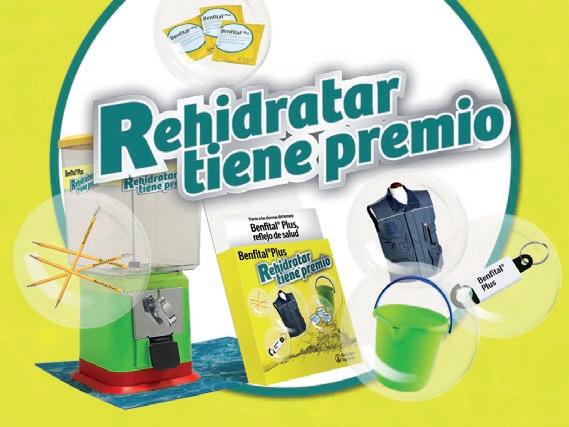
Benfital® Merchandising

Benfital® Merchandising presentation
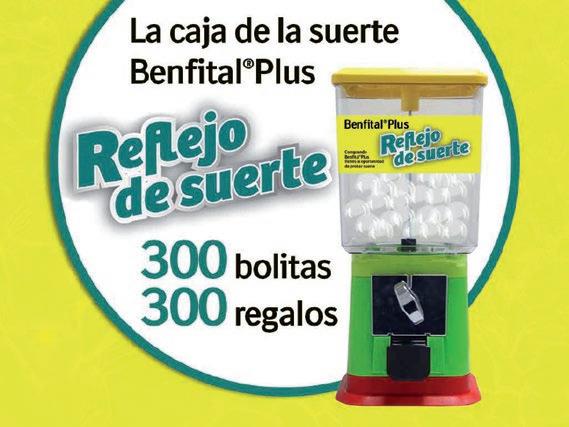
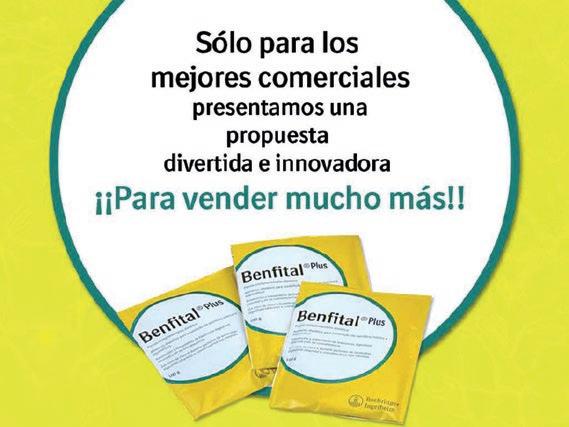

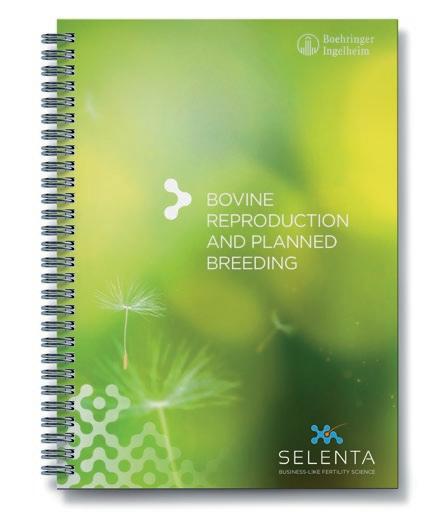
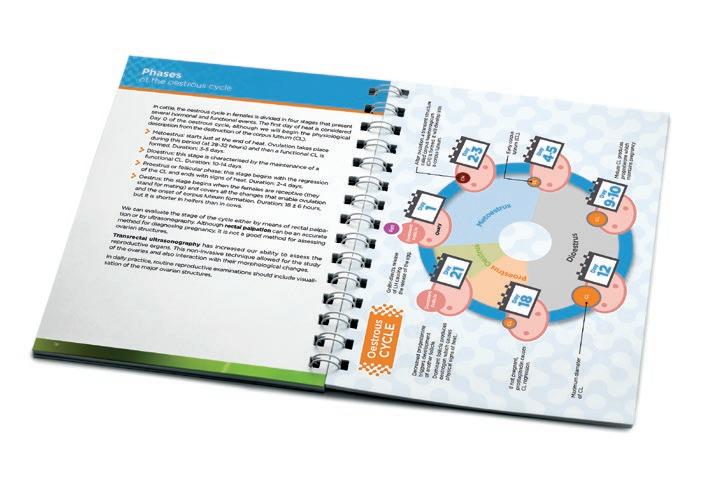
Bovine reproduction handbook
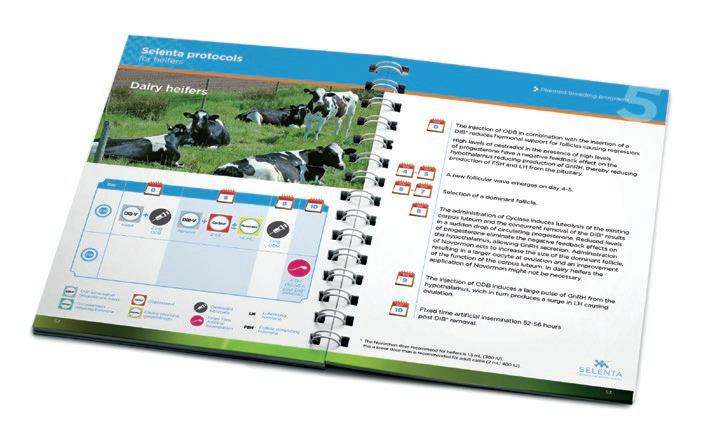
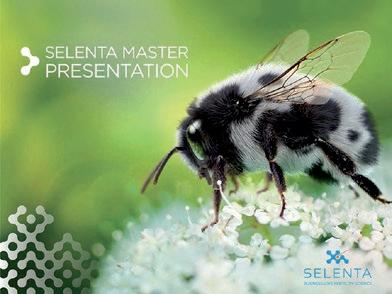
Technical presentation
Select app
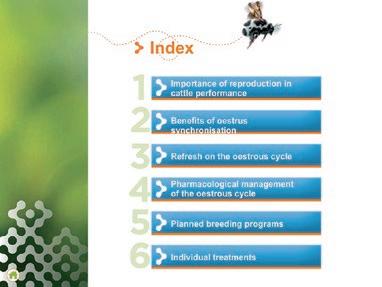
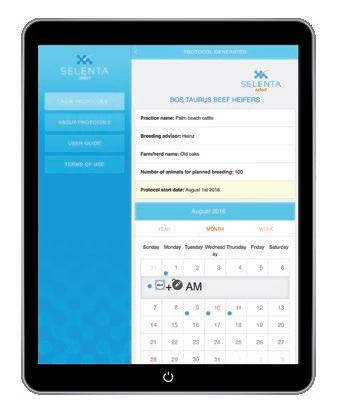
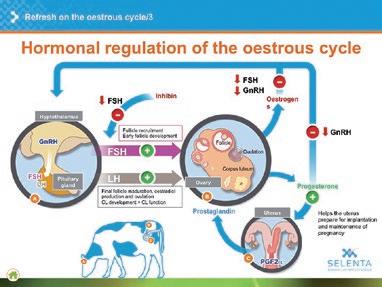

Ubrocare® Antimicrobial susceptibility testing on milk samples handbook

Ubrocare® Platform
Ubrocare® Booth


Ubrocare® Internal newsletter




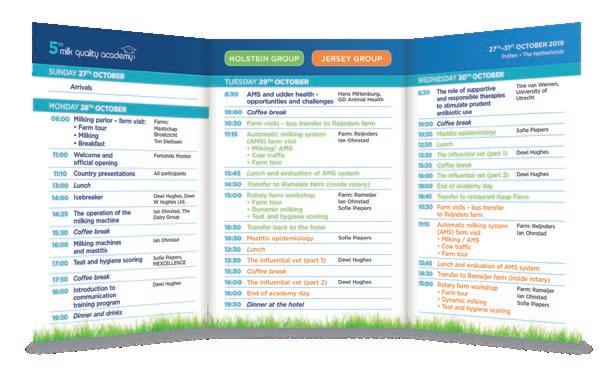
Invitation
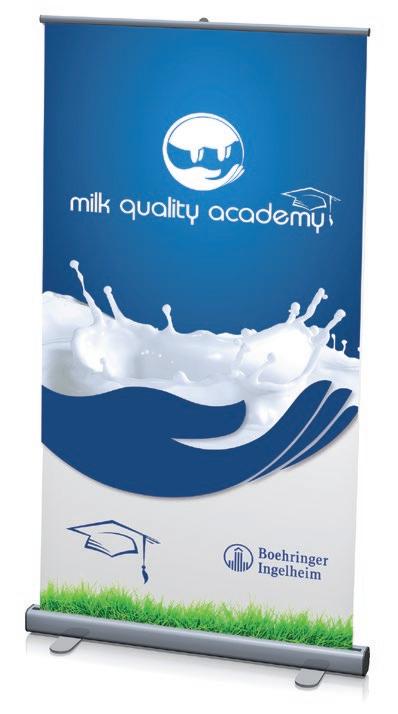
Badge-programme
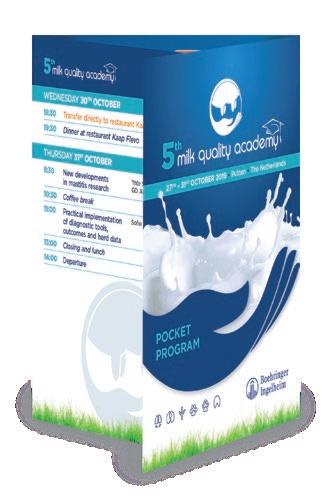
Ubrocare® Milk Quality Academy materials Bag
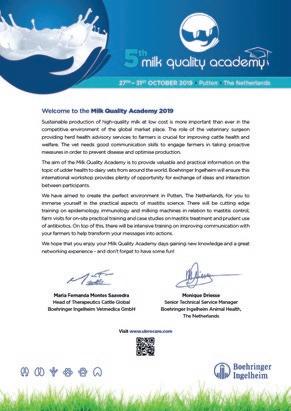
Rollup banner Welcome letter
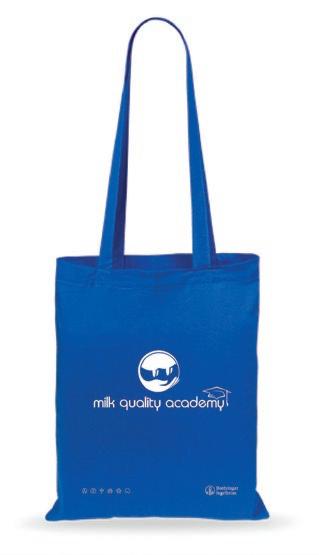
Wrap up movie
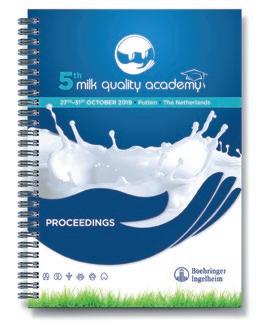
Proceedings
Milk Quality Academy materials


GMQEF Global Milk Quality Expert Forum
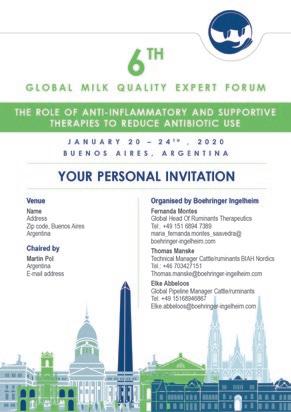


Poster summary MQEF
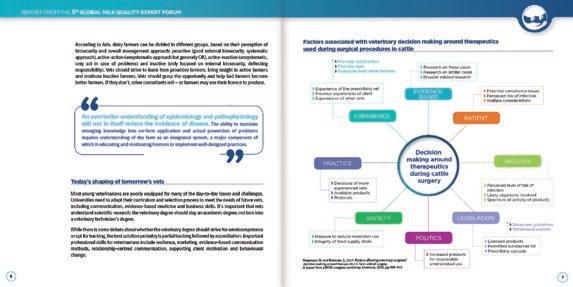
 Ubrocare®
Lanyard
Booklet
Invitation
Ubrocare®
Lanyard
Booklet
Invitation

UbroCare





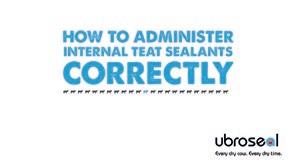

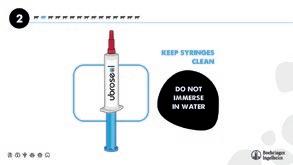
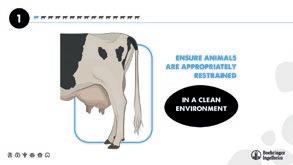





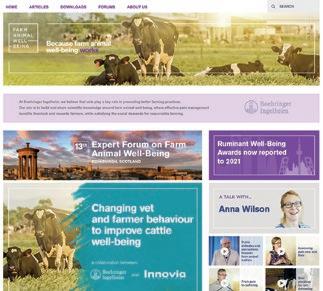

Farm Animal Wellbeing Website
Ubropen© Website positioning campaign and landing page
FAWB Innovia history page
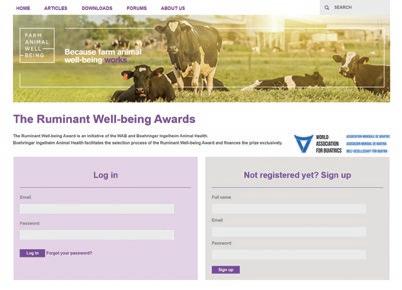
FAWB Ruminant Well-being Awards Portal
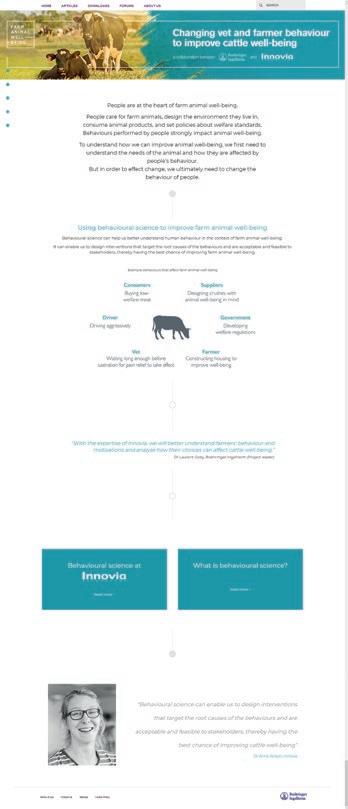




BVDzero Awards Press Conference
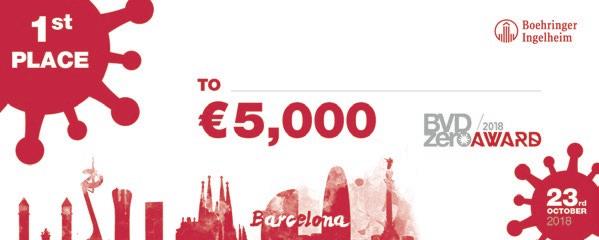

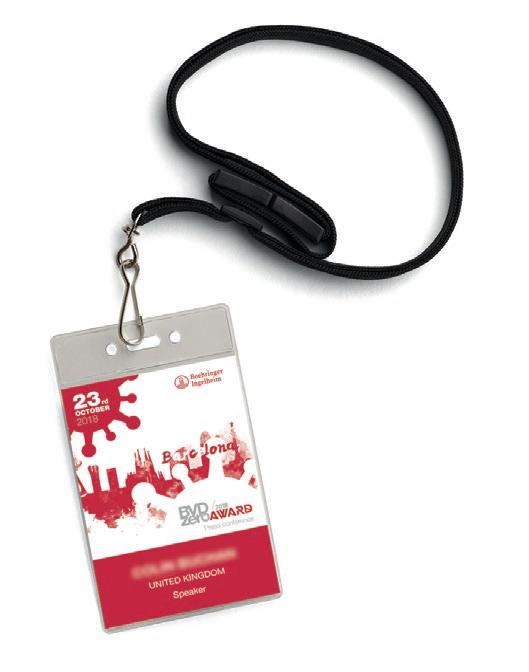
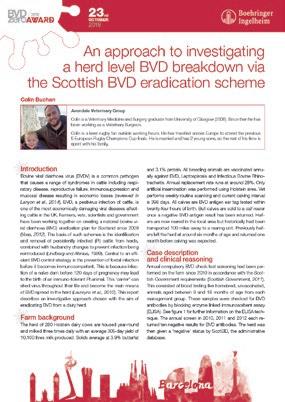
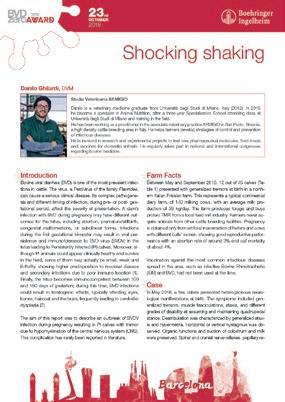
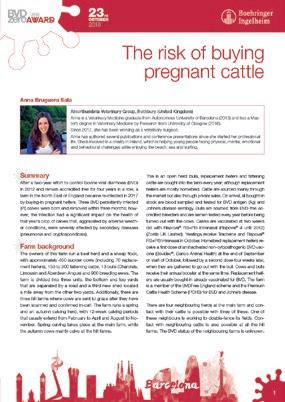
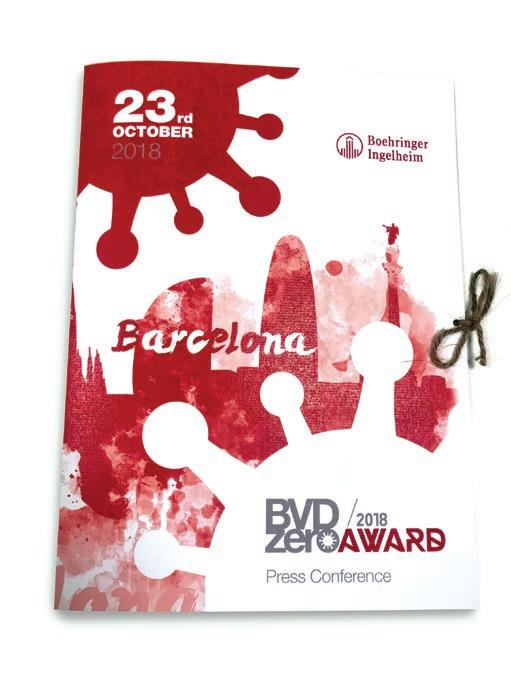






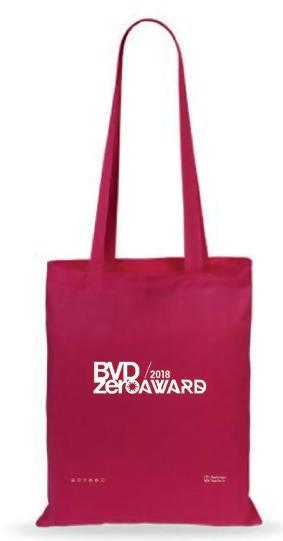

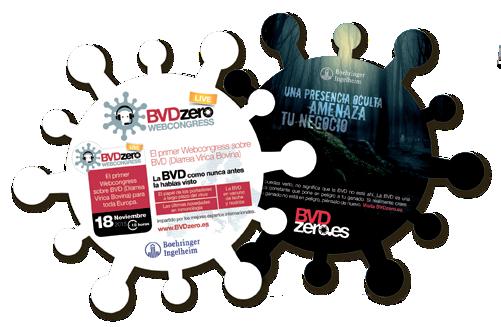





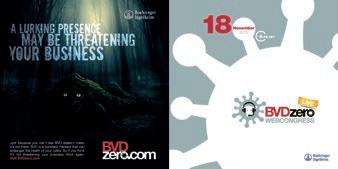
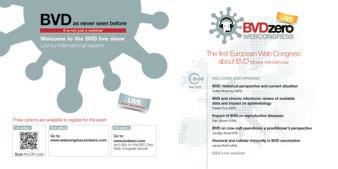


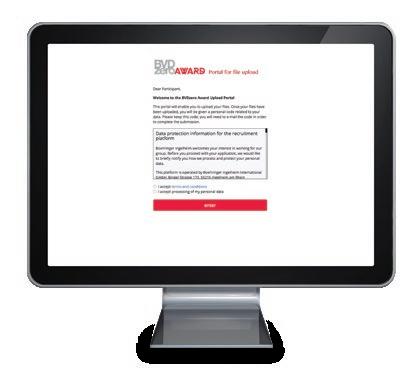
BVDZero Live Webcongress

Closing the event

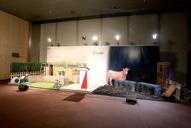

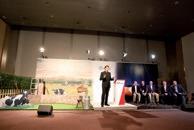
Opening the event

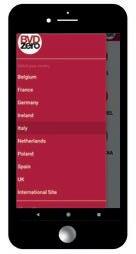

BVDzero gate app. Application for mobiles and tablets


Ubrostar® Mode of action 3D movie
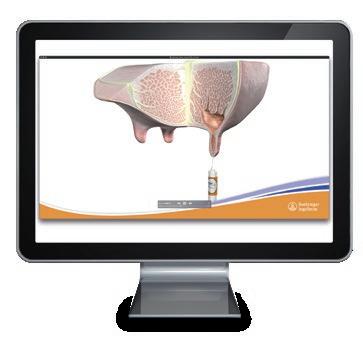
Bovela® Mode of action 3D movie
Bovela® Infographics: vaccine construction and vaccine effects

Bernestermycin Mode of Action video




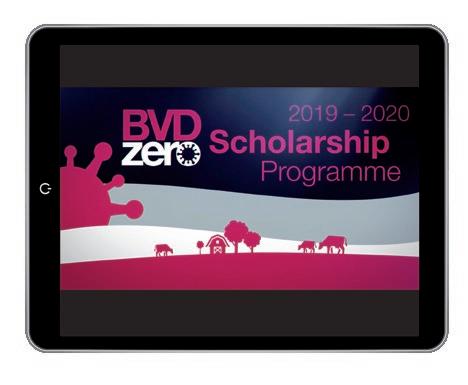
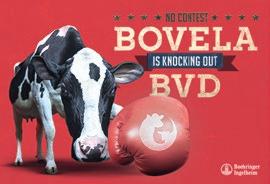
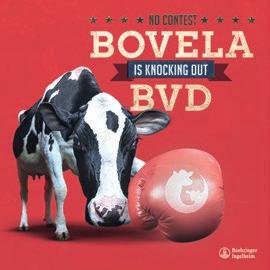



BVDzero Scholarship Programme Video

BVDzero Scholarship Programme Facebook Ads
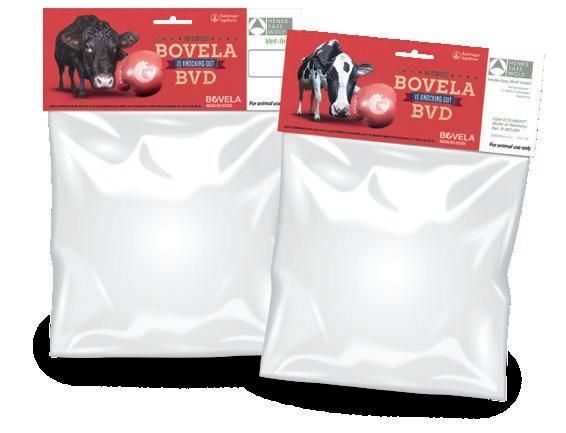
Market Research
Prevalence of the Bovine Respiratory Disease and the use of Bovalto
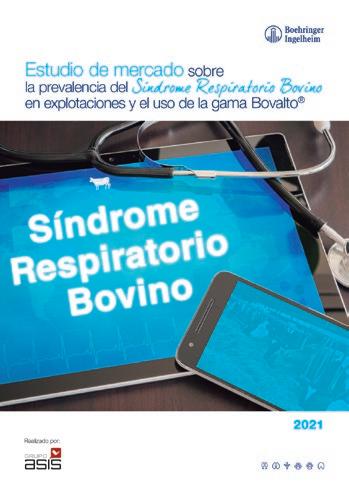
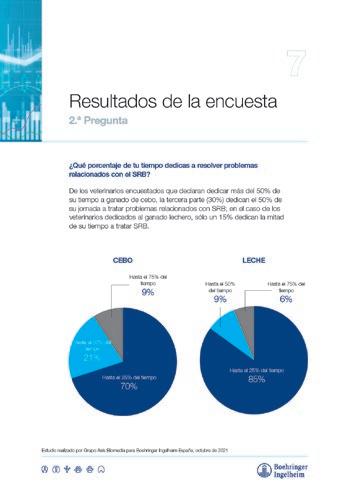

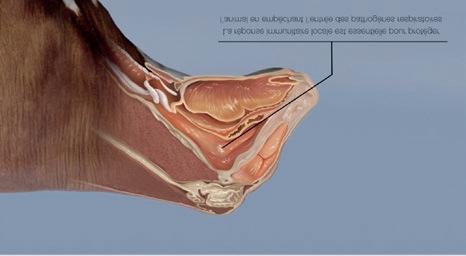
as explicative audiovisual material on the mode
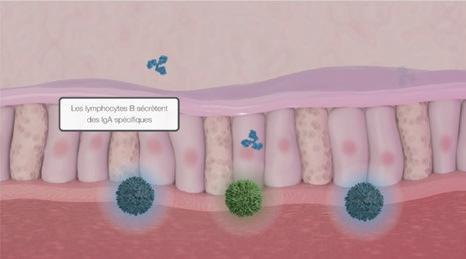
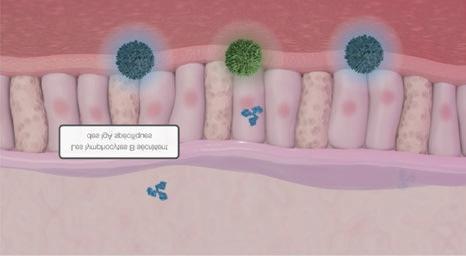




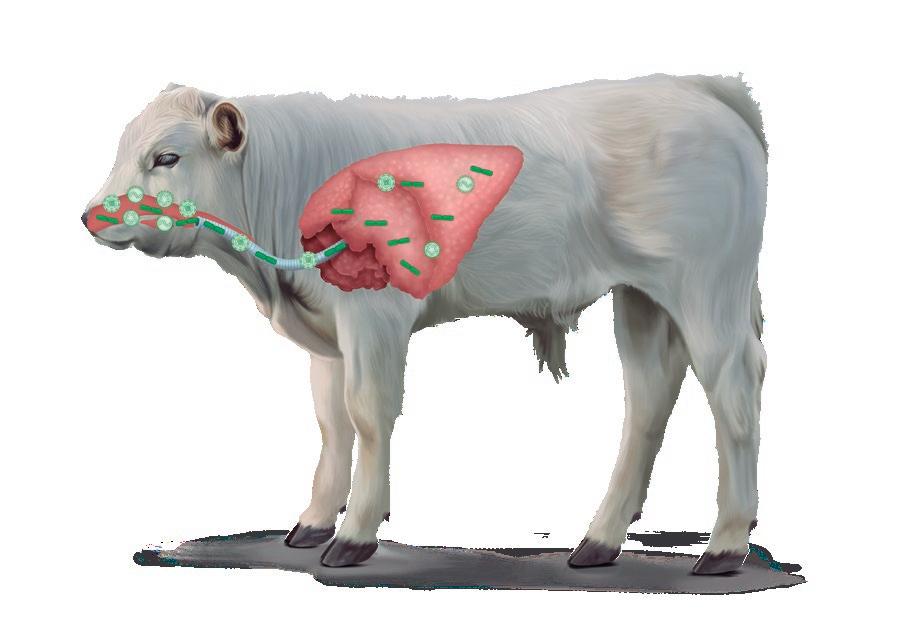
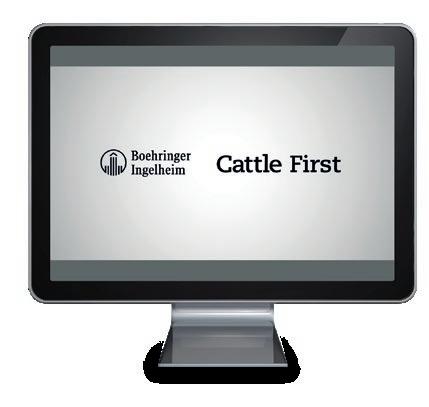
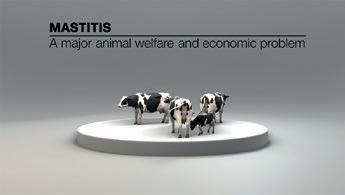
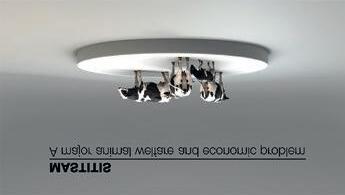
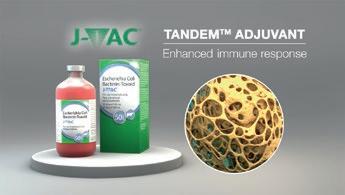
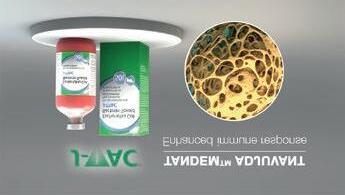


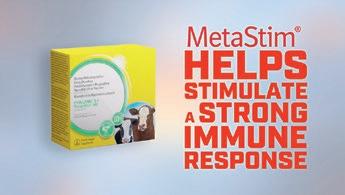
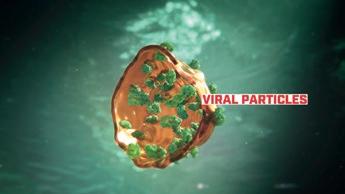


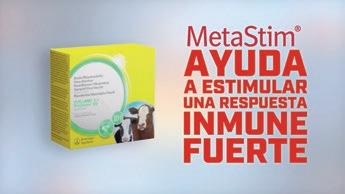
MetaStim® 3D video and infographic

MetaStim® 3D video Latin-American
Presponse SQ Leukotoxoid 3D Video
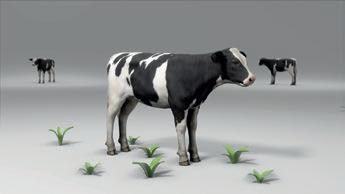
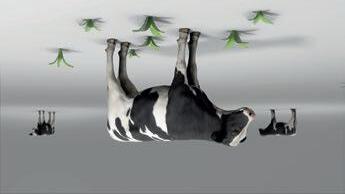
Presponse SQ Leukotoxoid infographic
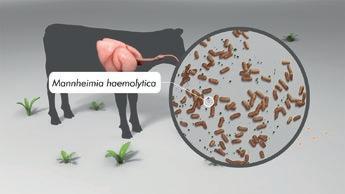
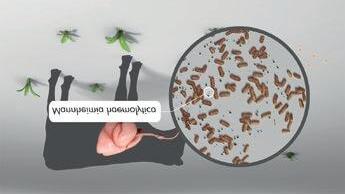
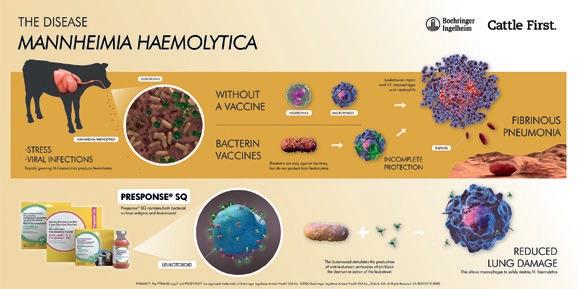




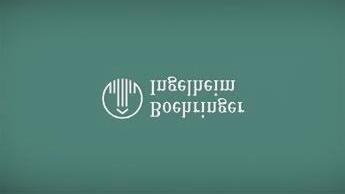
Parasit’Xpert Cattle Antiparasitics Portfolio Newsletters Logo

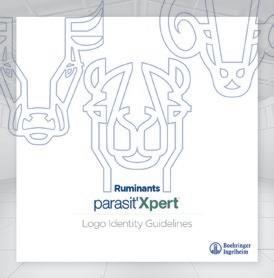
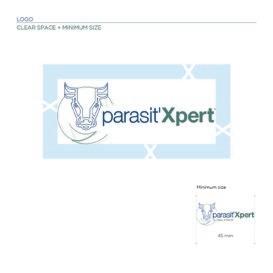
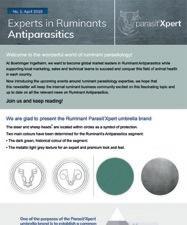

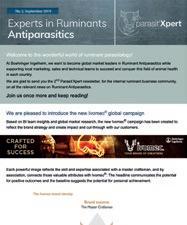





Germany Ruminant Parasites Wheel German
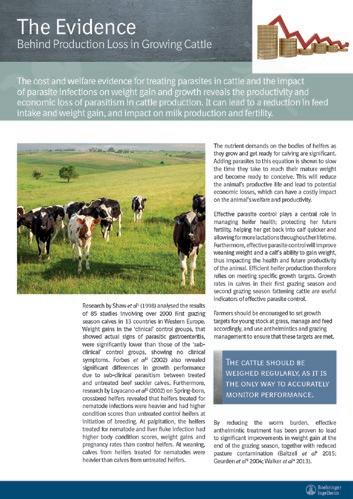


France Ruminant Parasites Wheel French

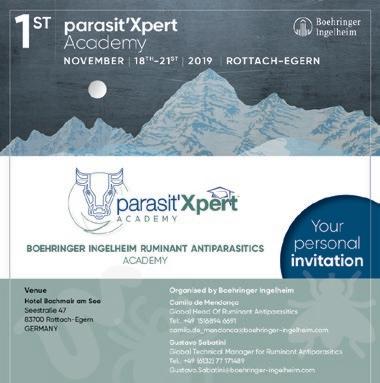
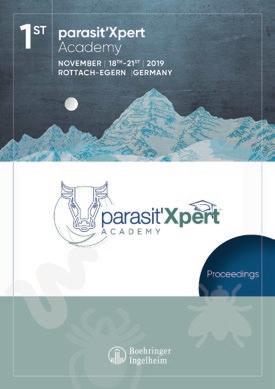
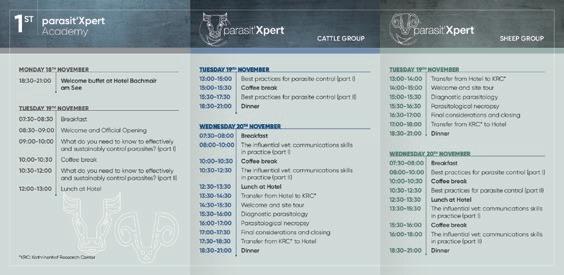



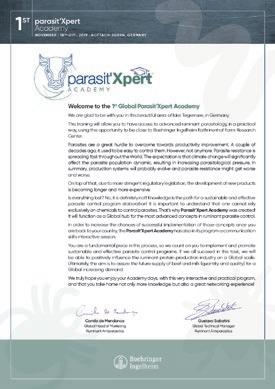
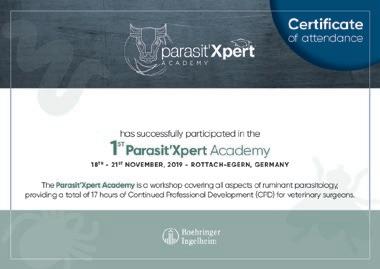
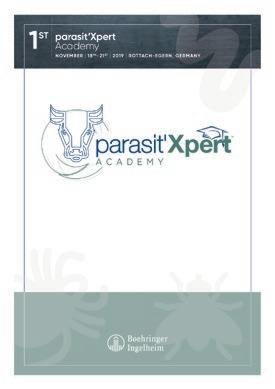


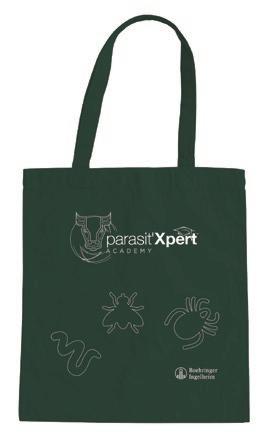



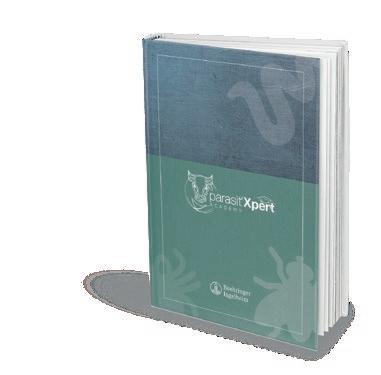
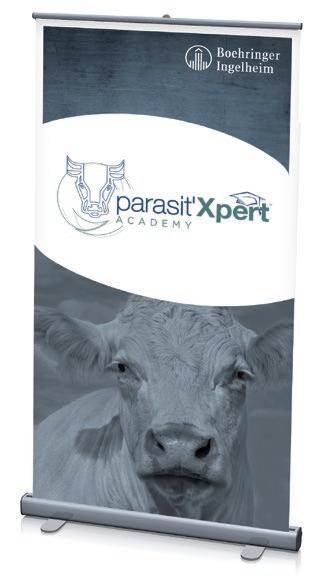
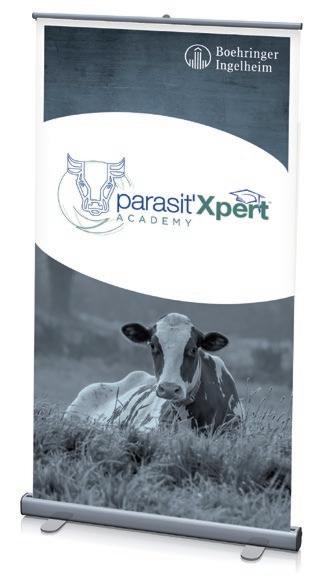

Global Expert Forum 2019

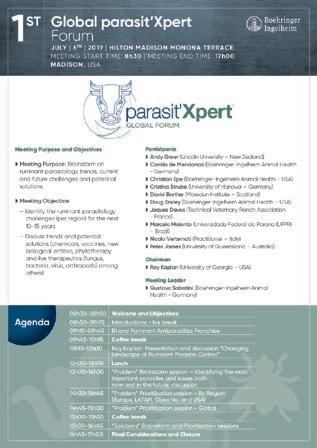
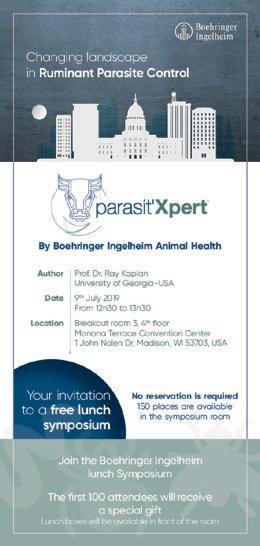
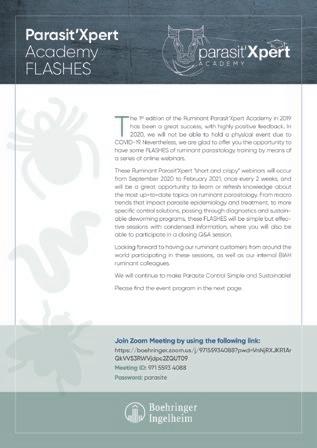

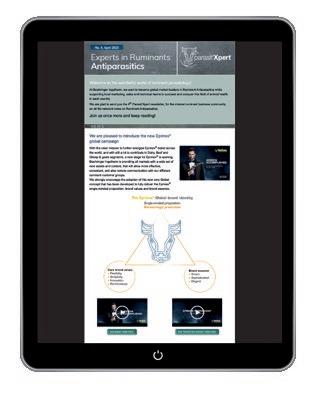

Parasit’Xpert Academy 2021
Proceedings
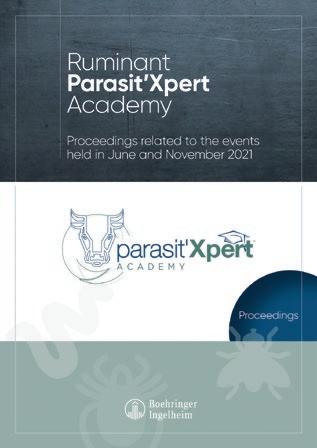

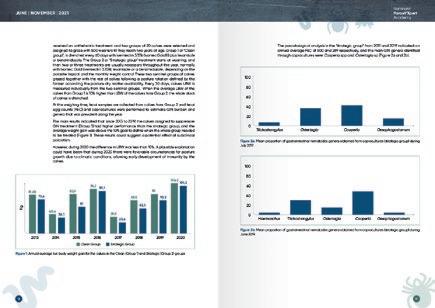
Parasit’Xpert app
Digital atlas of parasitic diseases in ruminants. A diagnostic tool for the identification of parasites and the lesions they cause.
PY100686
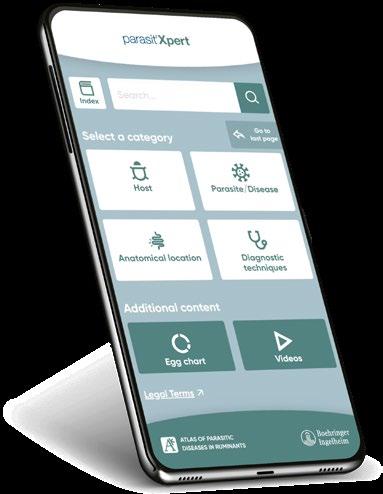

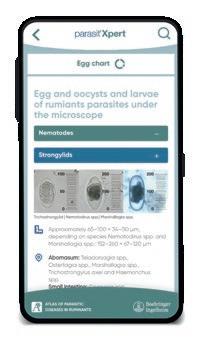
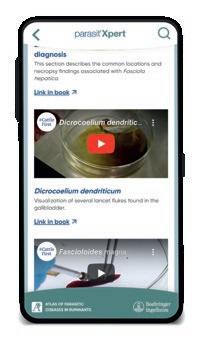
Eggs and larvae of ruminant parasites under the microscope poster
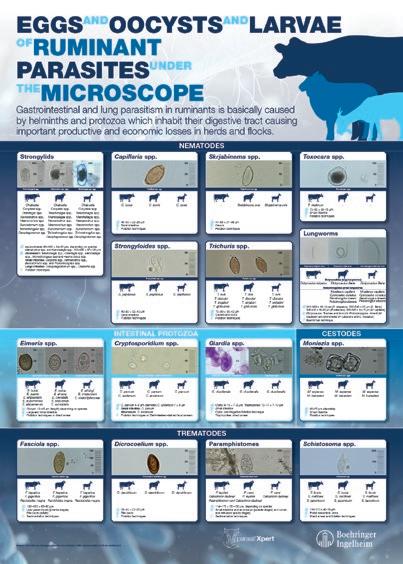

Bovine respiratory system Deskflip chart
PY096887

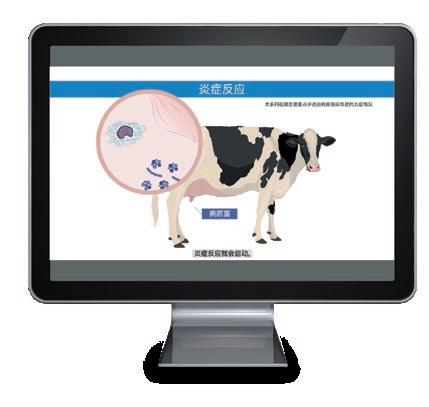
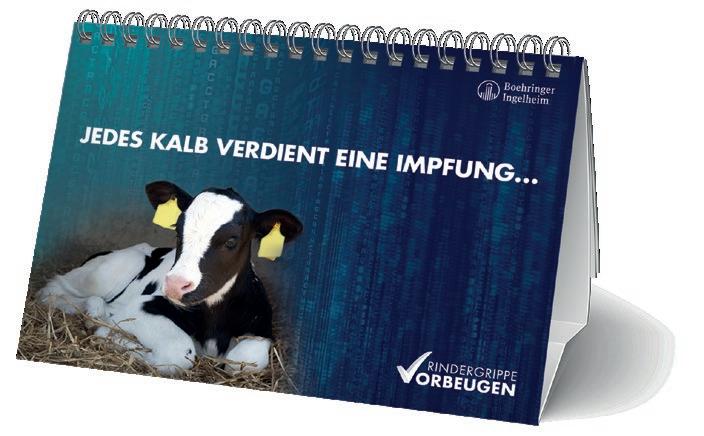
Mastitis and Inflammation 2D videos
PY099338 and PY100390
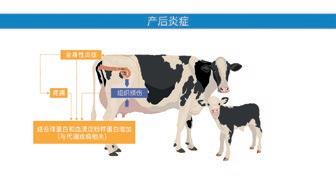
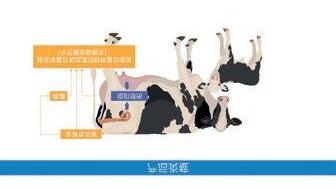


Mastitis and Inflammation
2D poster
PY099338

Lockout sealant 3D teaching tool Interactive 3D tool to learn and practice the administration and removal of a teat sealant.
PY099338
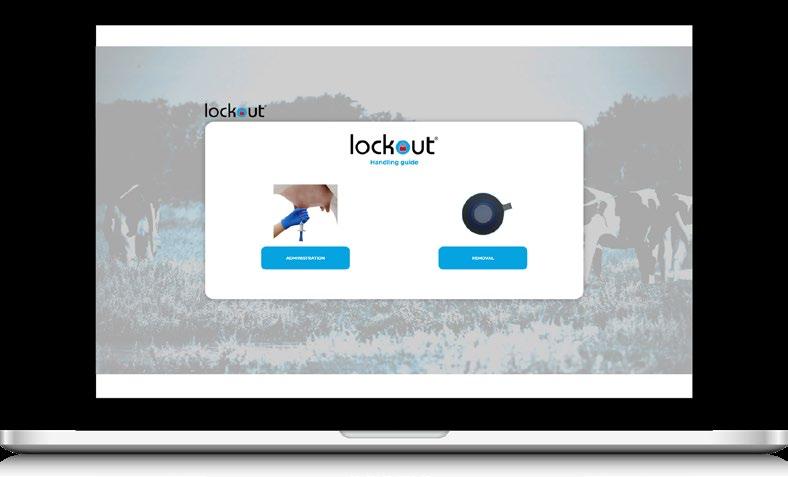
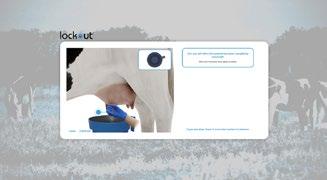
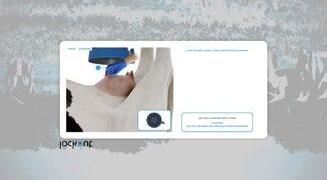

Project Mastitis 360 coverage Salesforce Support
Development of an interactive tool for portfolio of products on Mastitis. The project was based on the periodic table of elements and included various different interactivities. The user is to click on the different elements of the table to find materials and information about the various different cattle products for mastitis.
◗ Language: American English. There is one section where the user can find the materials that are already translated into Spanish.
PY103529
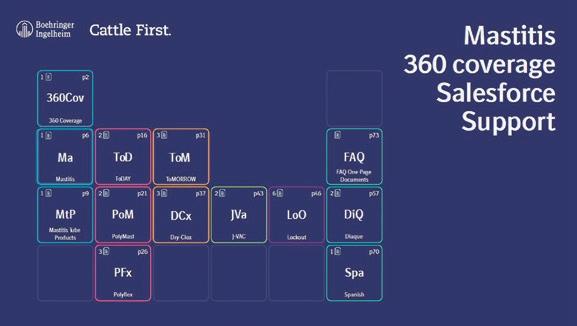
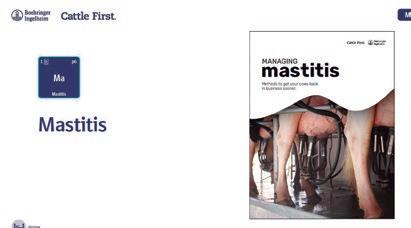

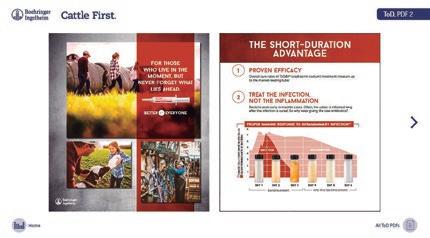
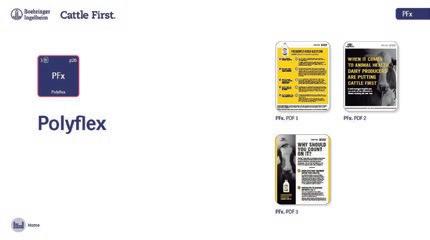
Parasit’Xpert Academy 2023
Event materials PY103928
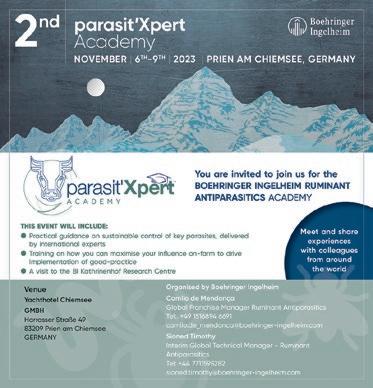
Save-the-date invite
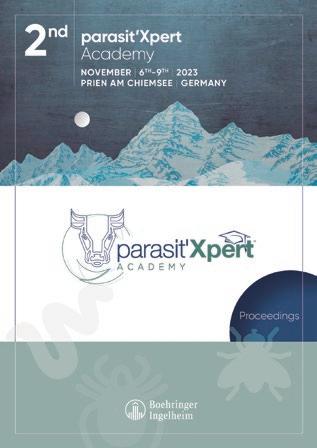
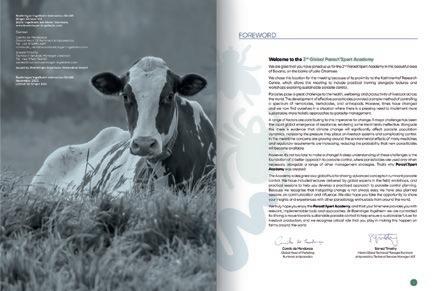

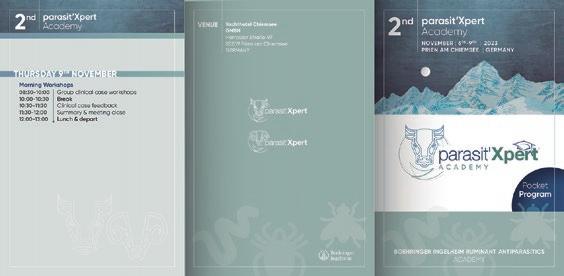
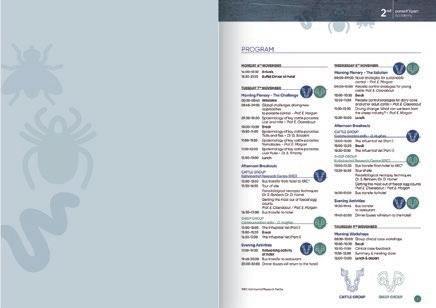
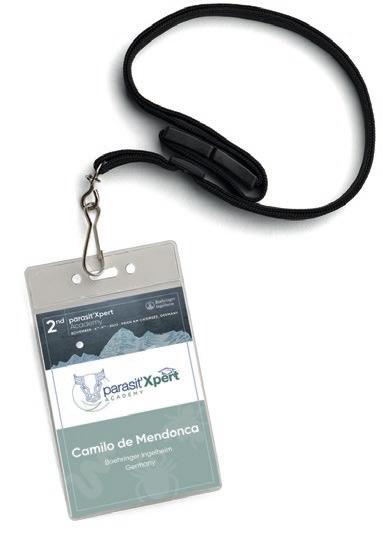

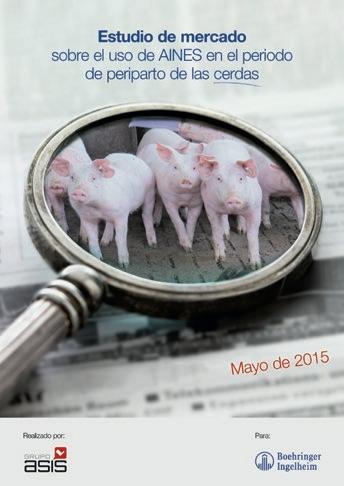
Market study
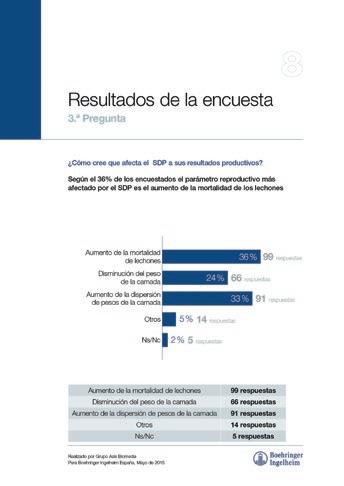
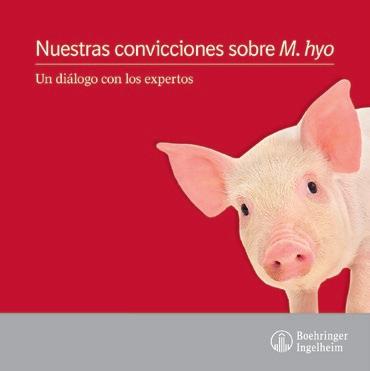
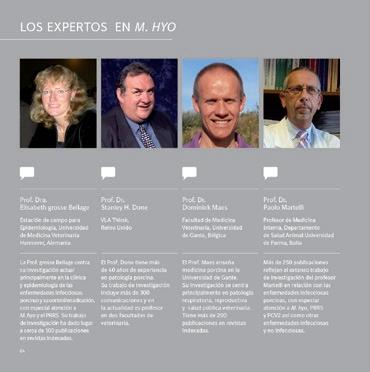
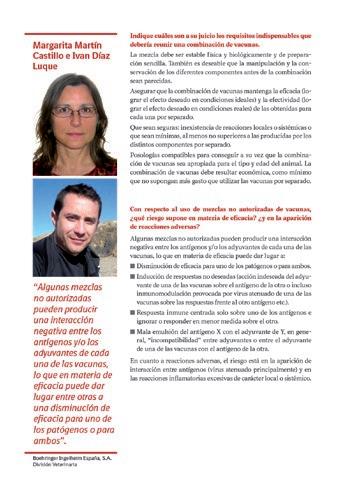

3FLEX video and infographic
Apply modifications provided by Boehringer Ingelheim USA to the 3FLEX 3D Video and Infographic developed in 2021
PY102383
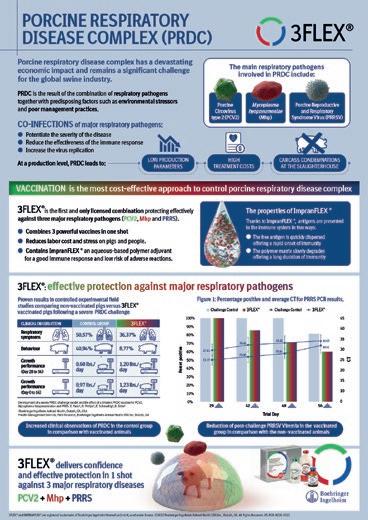

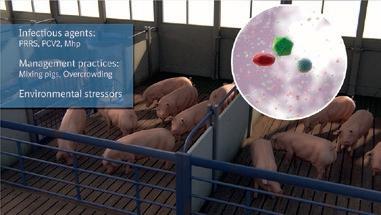
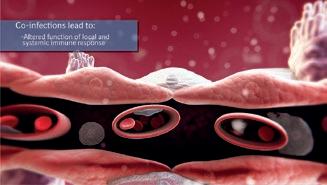
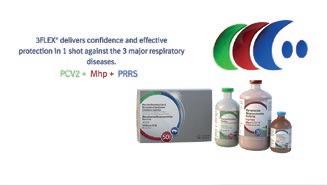

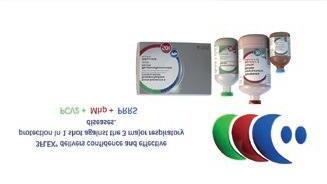
INGELVAC PRRS® MLV: The right vaccine choice Whitepaper and infographic about the efficacy of INGELVAC PRRS® MLV


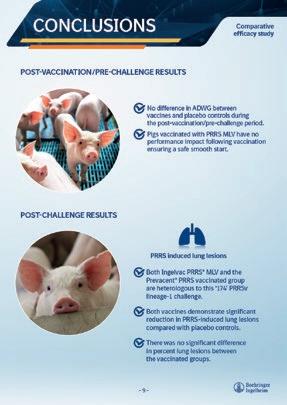


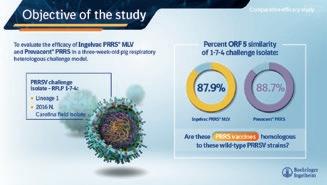
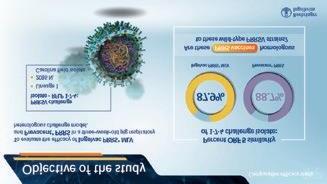


Infographics
PRRS EU animated video
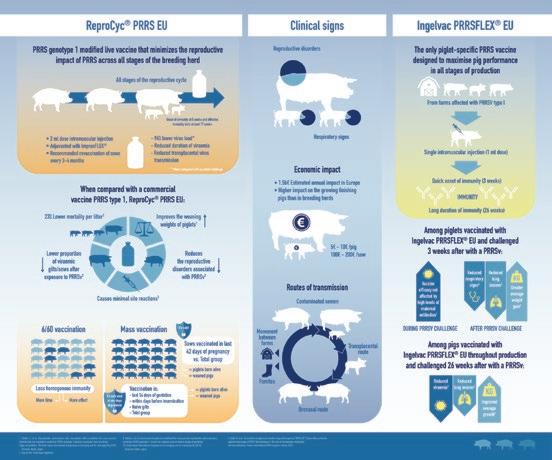
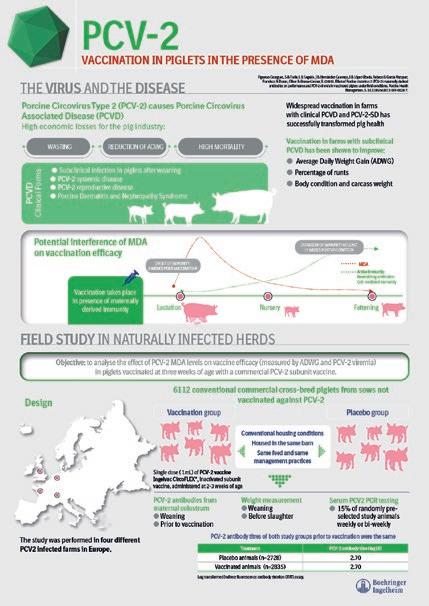
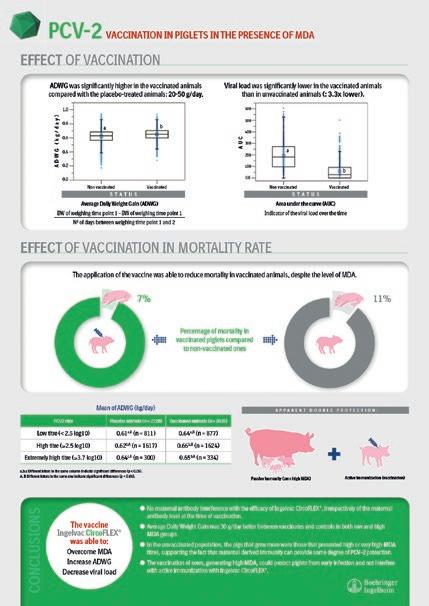
PCV-2 vaccination in piglets in the presence of MDA Infographic
Efficacy of Ingelvac CircoFLEX® and an experimental PCV2d vaccine following PCV2d challenge
Infographic
Results of a trivalent vaccine in a severe PRDC challenge including PCV2d Infographic
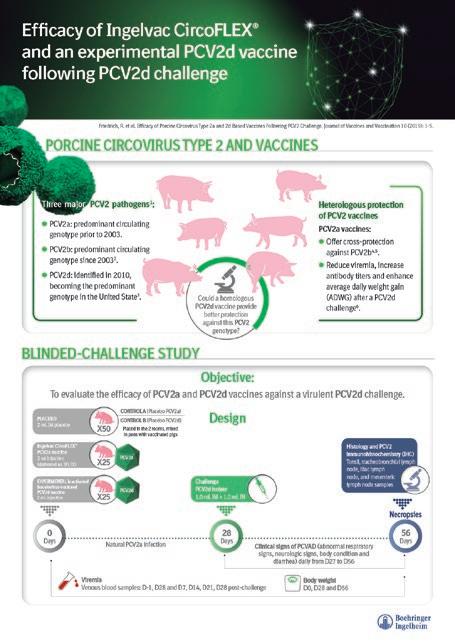

Efficacy of a porcine circovirus type 2-a vaccine against experimental PCV2-a, PCV2-b and PCV2-d challenge of prevalence of Salmonella Typhimurium shedding Infographic
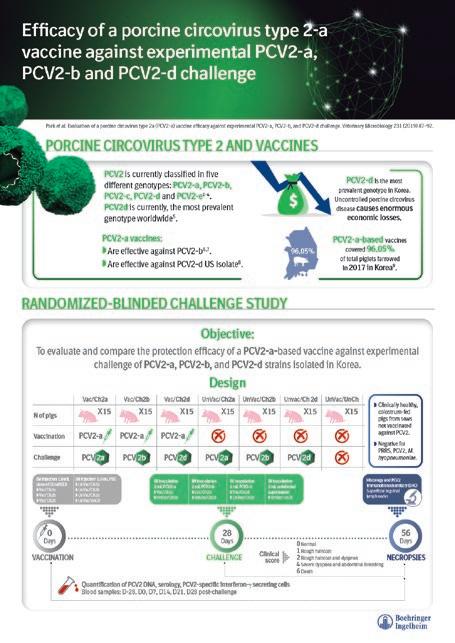

Impact of PCV-2 and PRRSV co-infections in swine production
Technival article
PY099906

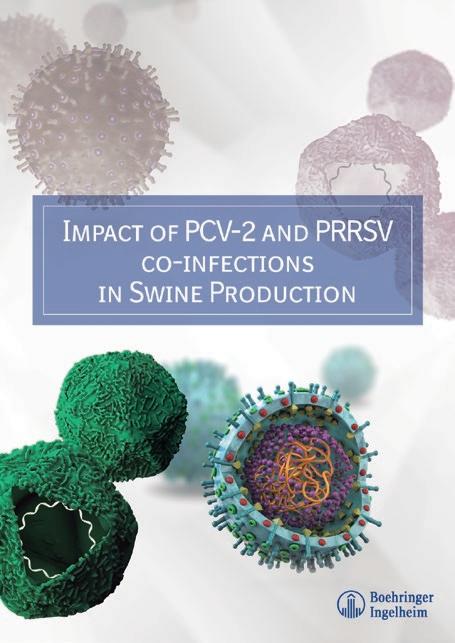
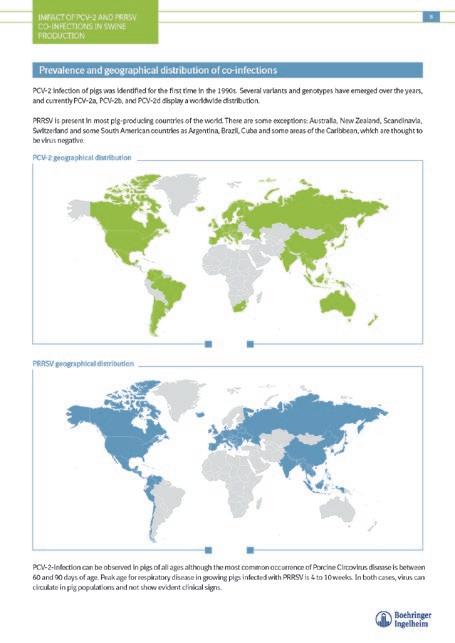


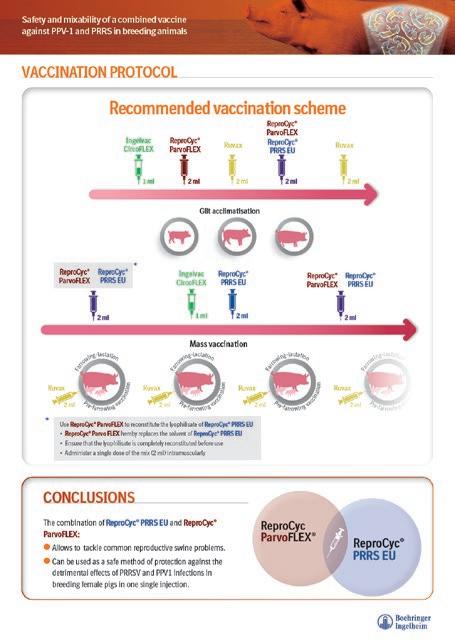
Safety and mixability of a combined vaccine against PPV-1 and PRRS in breeding animals
Infographic
PY099806

Influence of vaccination with Enterisol ileitis on Salmonella seroprevalence at slaughter
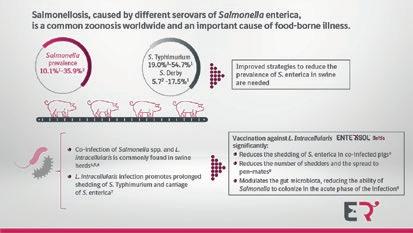
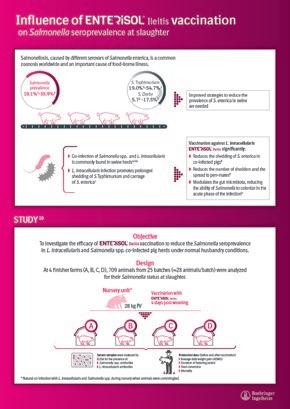

Animated powerpoint presentation PY100105

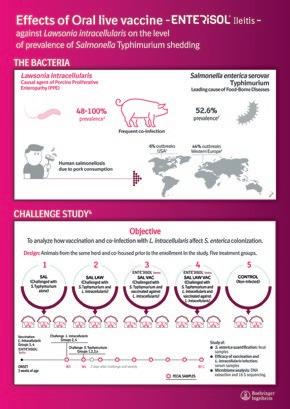
Interactive infographic
PY099577

Interactive infographic
PY099990
Effects of oral live vaccine Enterisol ileitis against Lawsonia intracellularis on the level

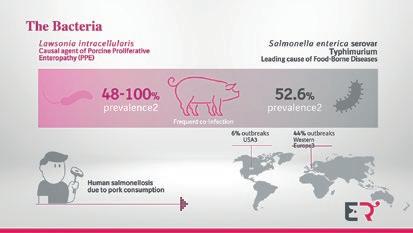
Animated powerpoint presentation PY099649
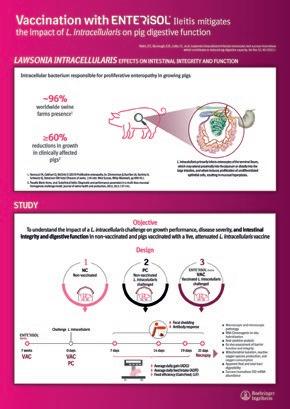

Vaccination with Enterisol ileitis mitigates the impact of L. intracelullaris on pig digestive function

Interactive infographic
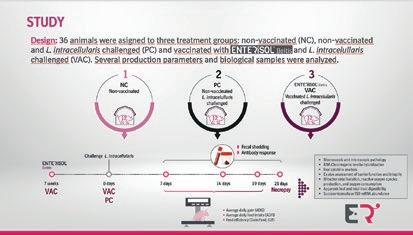
Animated powerpoint presentation

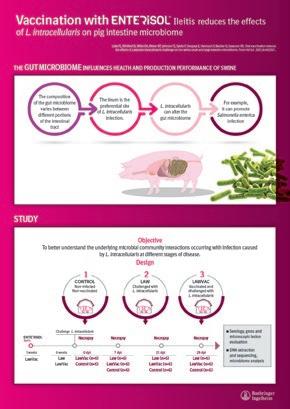
Vaccination with Enterisol ileitis reduces the effects of Lawsonia intracelullaris on the intestinal microbiome

Interactive infographic
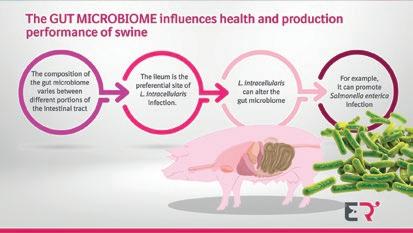
Animated powerpoint presentation



“5 Step” Video Infographic video about the 5 step process

Thermoformed poster ileitis for producers
PCV2 D-fense Video
Mixed animation 2D & 3D 120” video of D-Fense vaccine
Development of one infographics based on the 3D video
PY102234


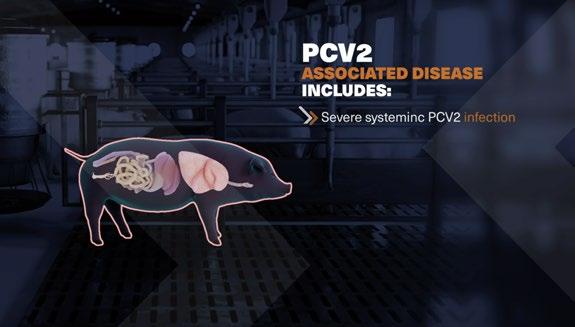

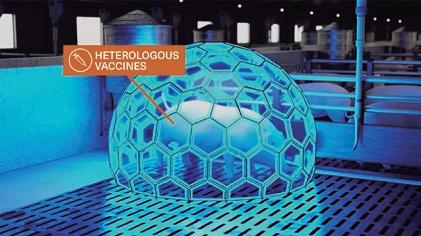
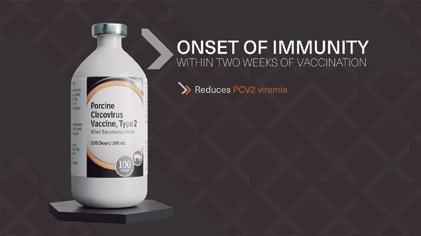
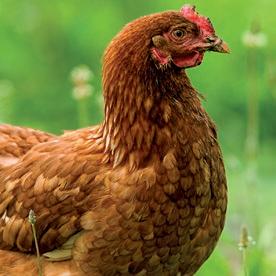
Middle East Countries Calendar

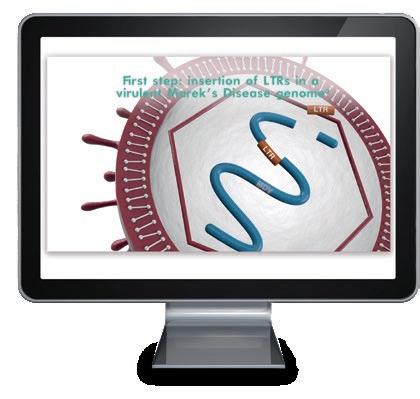
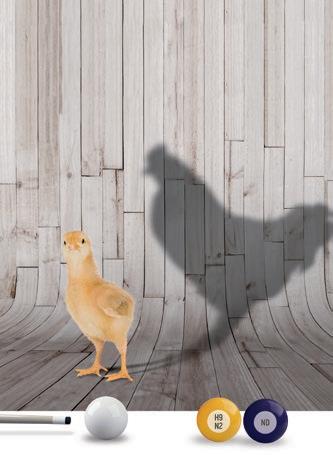
Gallimune campaign advert

Prevexxion 3D video Arabic, Chinese, English, Portuguese, Russian and Spanish
Prevexxion video Translation to Spanish PY099727
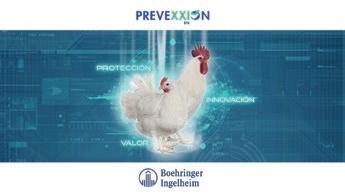
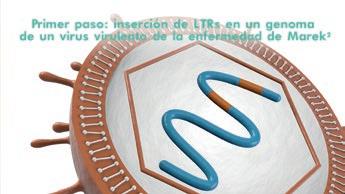

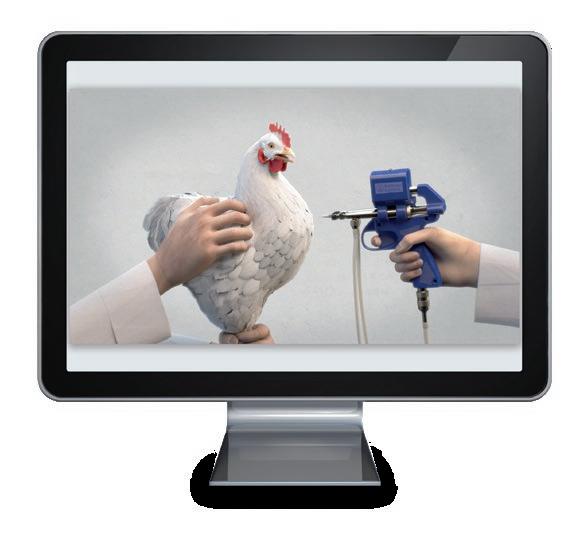

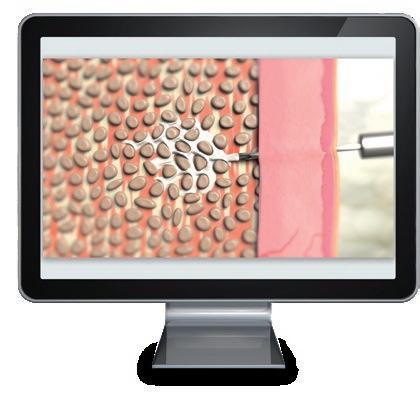

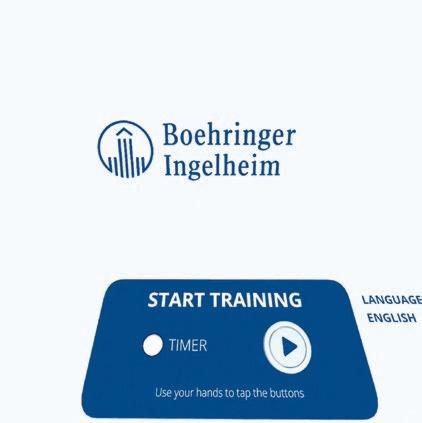
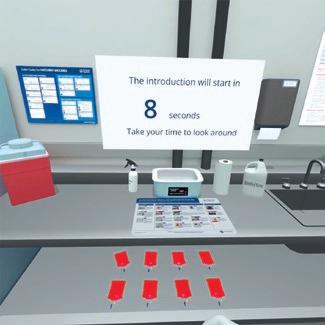
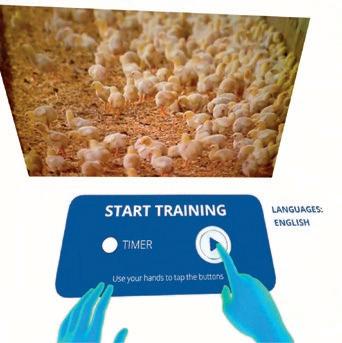
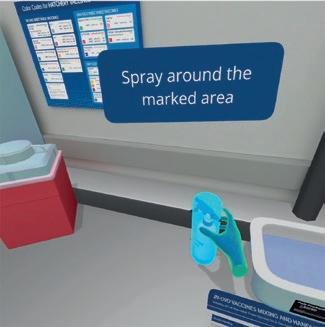
This application is a Virtual Reality training where the user would enter a virtual hatchery room and complete the process of mixing and handling Vaxxitek Vaccine. Additionally, the users will have some visual helpers (flashing materials, practical session instructions) to complete the training. During the process, they will be instructed through different videos and a voiceover will guide them through the whole process. Also, they will need to answer different Quizzes at the end of each section.
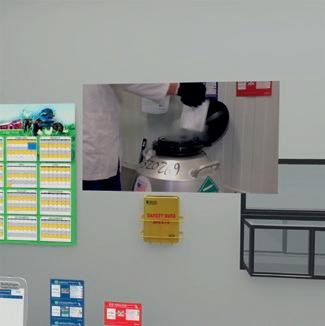
Marek´s Disease
Poster
PY100066
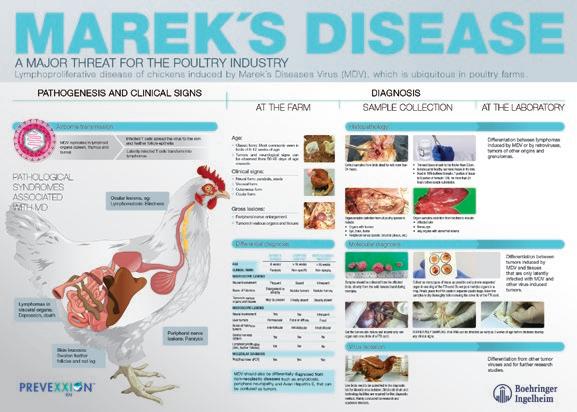
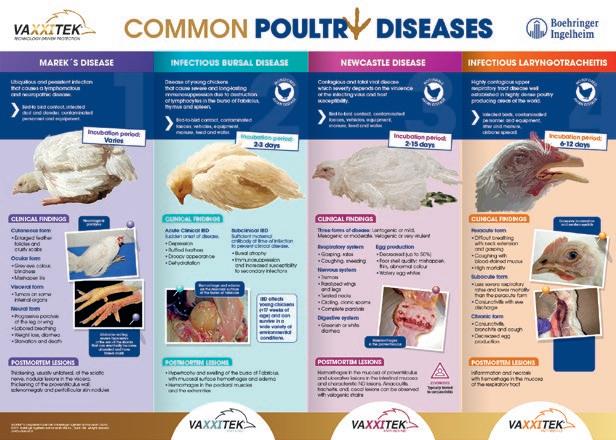



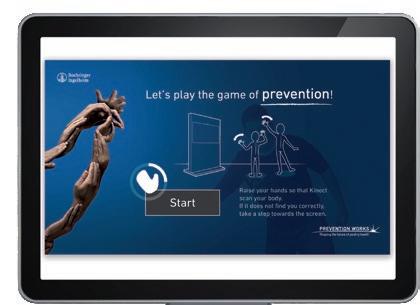
Main diseases in poultry
Poster
PY099809
Kimchi game VIV MEA
Abu Dhabi 2018
Avian virus kinect game integrated into the booth
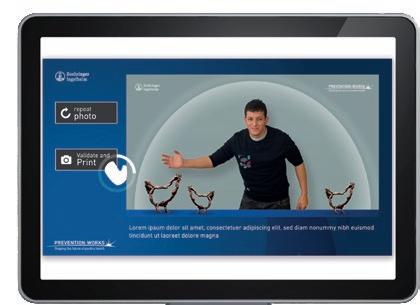

Boehringer & USDA Veterinary Scholars VR app
Development of a virtual reality application for veterinary students in the US, powered by Boehringer Ingelheim and the United States Department of Agriculture. The application allows users to enter a poultry farm where they must follow all biosecurity steps and collect samples. This experience focuses on highly pathogenic avian influenza and highlights the impact that foreign animal diseases can have on the industry and animal health. It includes KOL interviews and real 360-degree recordings of actual farms.
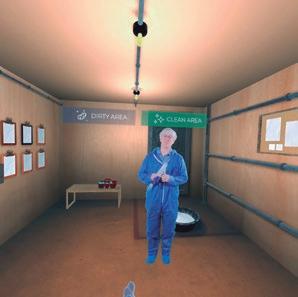
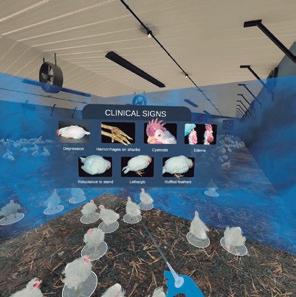
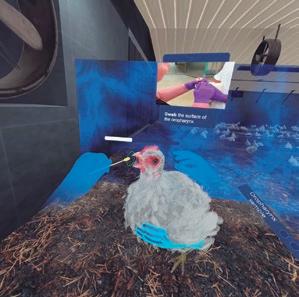
Vaxxitek app update to PICO
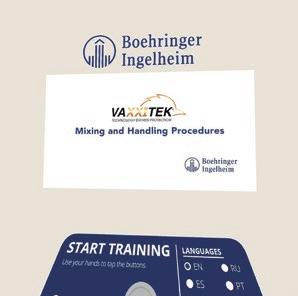
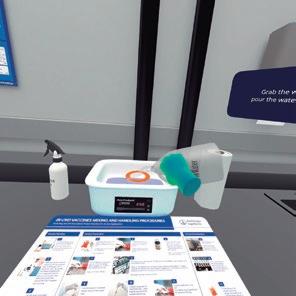
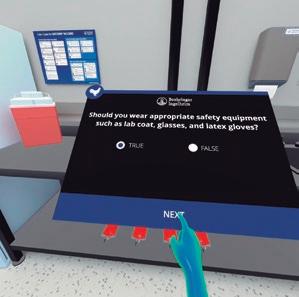
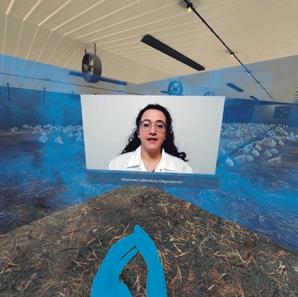
Adaptation of the Vaxxitek virtual reality application for the new PICO 4 Enterprise glasses.


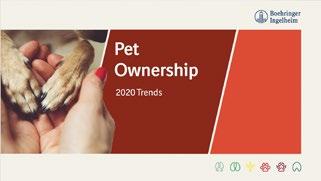






Global Trend Book Posters and Animations
PY098877
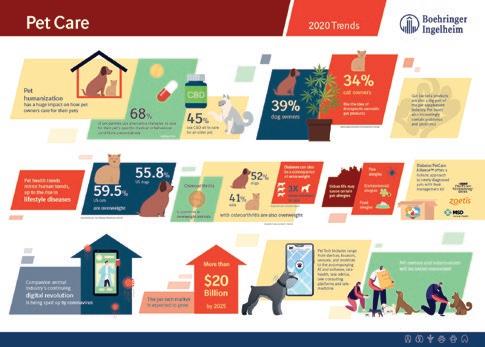
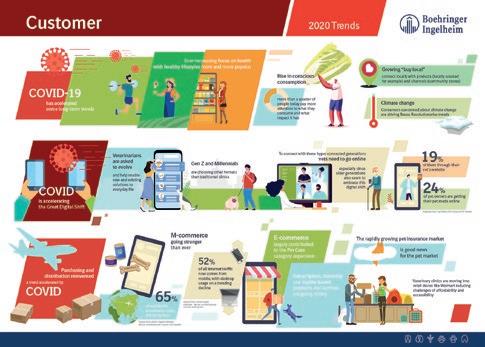

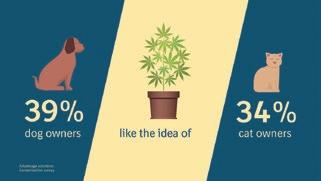


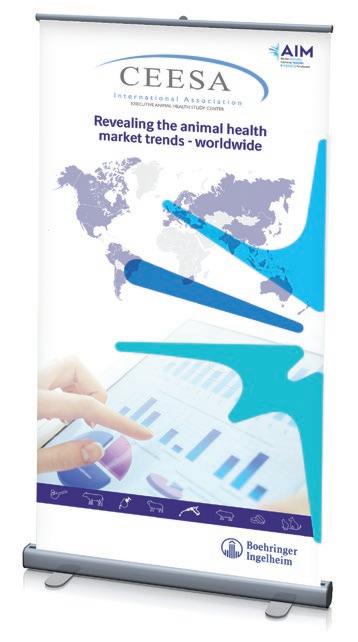
Logo for the Market Analytics, Customer Insights & Marketing Excellence (AIM) department
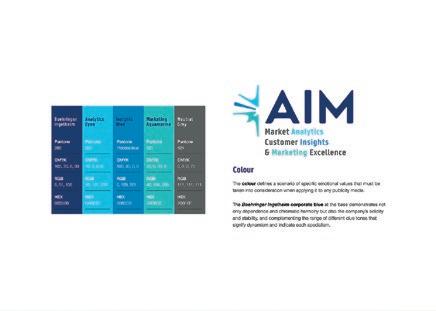

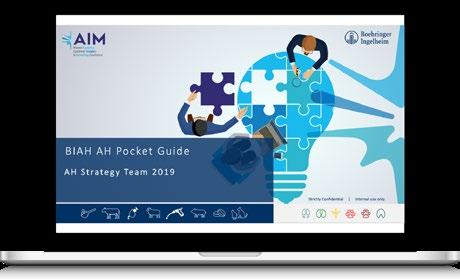
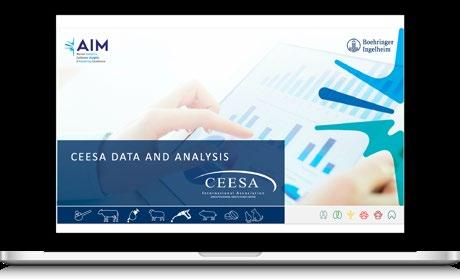
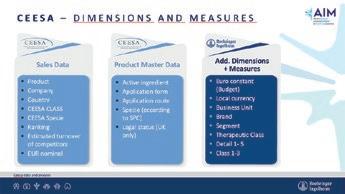

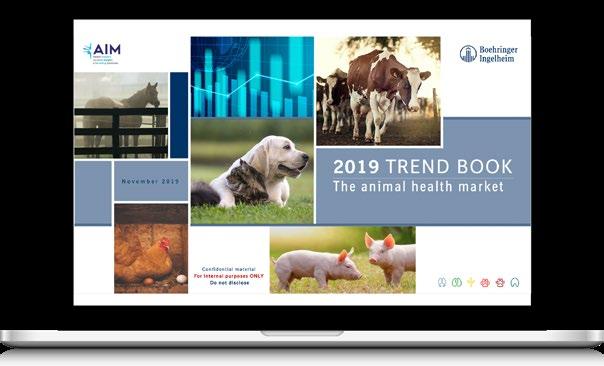

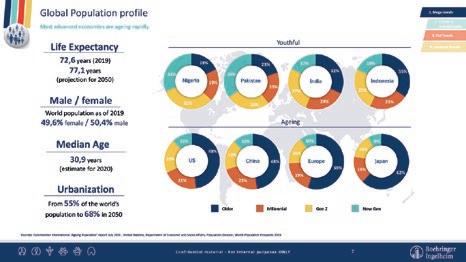
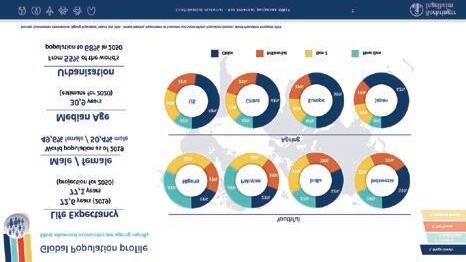


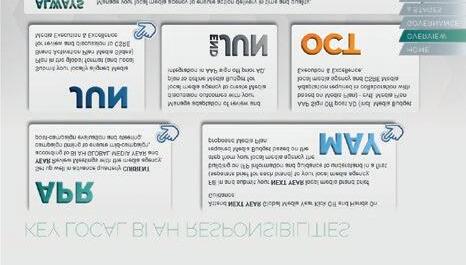

Pexion®
The nervous system of the dog Poster (translated into different languages)
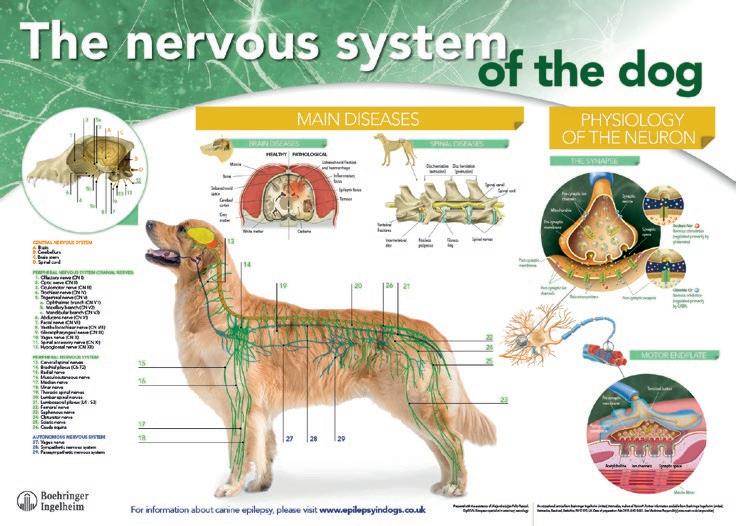
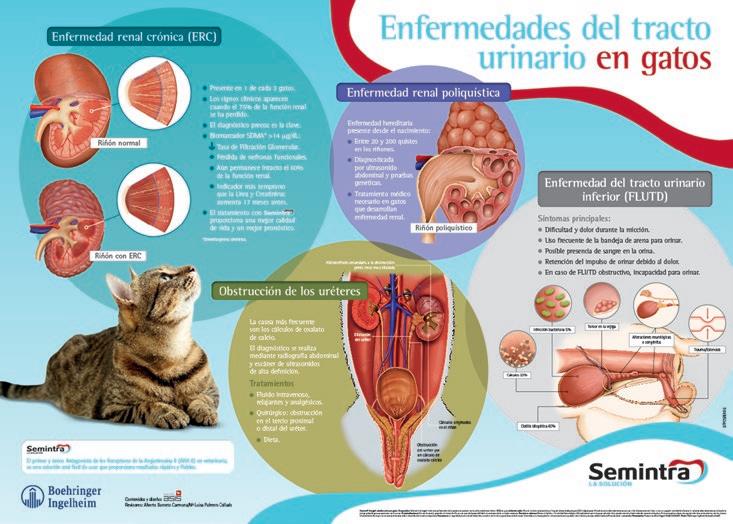
Feline urinary conditions Poster

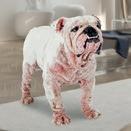




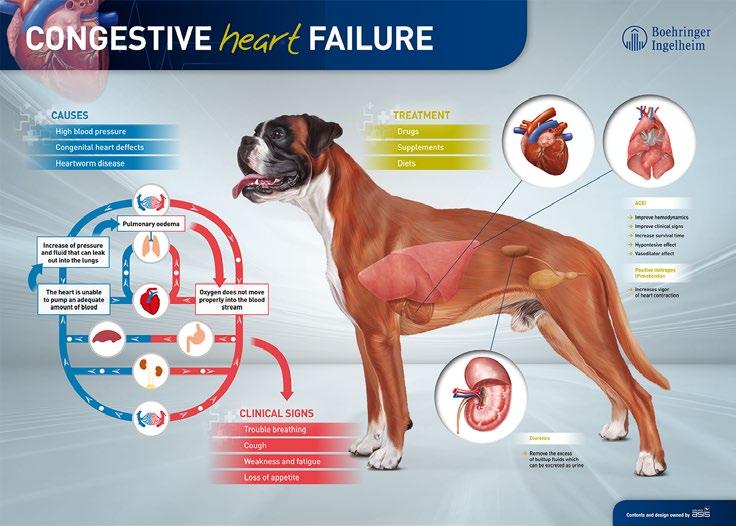


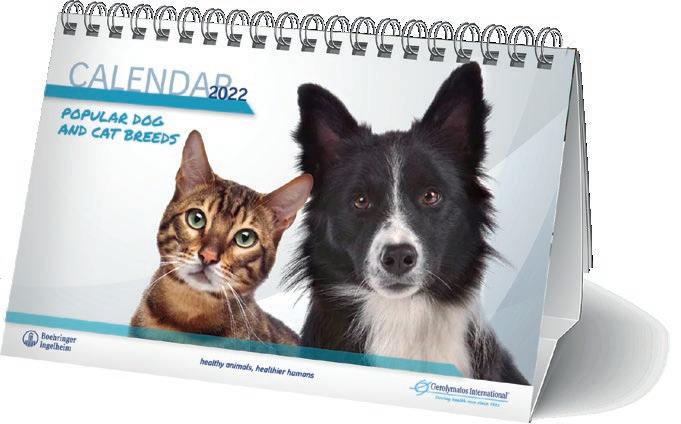
What is my thinkingdogabout
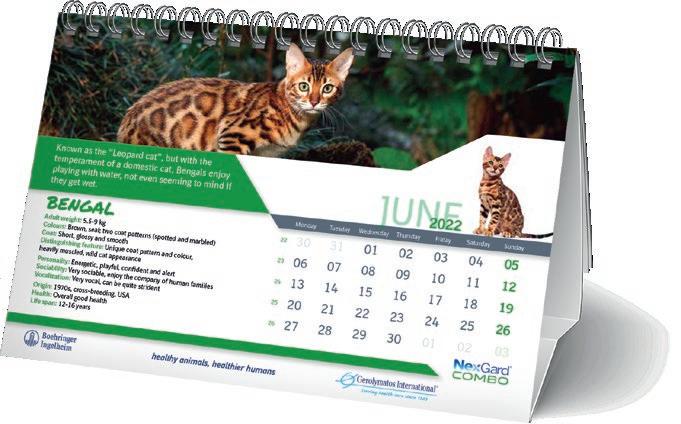
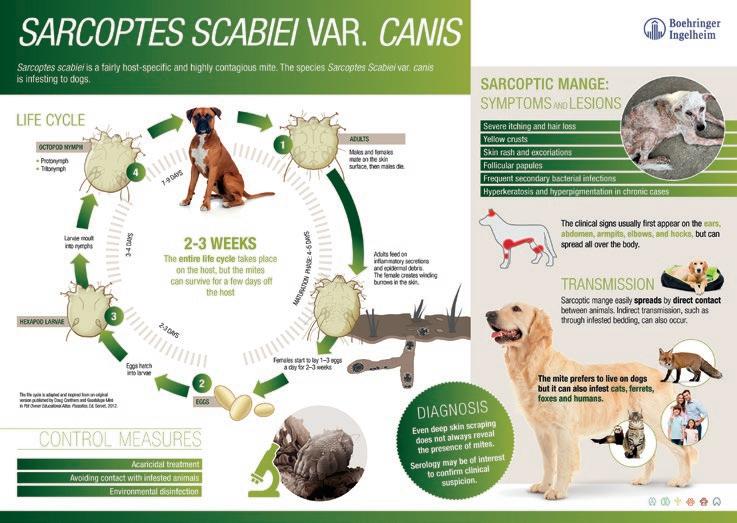

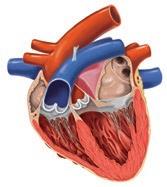
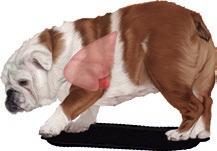


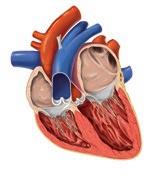

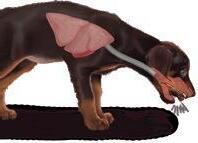



● deOrigenenlarazaFrisona,enlaregión FrisiaentreHolanda Alemania.
● Eslarazabovinademayordifusión internacional. ● yImportadadeformamasivaaUSA Canadáente1860 1880.
● OrigenenlaislabritánicadeJersey.
● Poseeunagranadaptaciónaclimas tropicales.
● HaoriginadolarazaJamaicaHope (80%Jersey,15cebú,5%Holstein).
● Origenmultirracialdeganadodela India(cebú)importadoapartirdel sigloXIX. ● yRequieredetrabajosdecaracterización estudio. ● noEltérminocriollosignificanativo,pero aborigenoindígena.
Ectoparasites in cattle Poster

● OrigenenBrasil Posee,comoobjetivofinal5/8de sangreHolstein 3/8desangreGyr, aunqueenlaactualidadsehablade Girolandomediasangre.
● sidoLarazaseoficializóenelaño1996,ha exportadaadiversospaíses.
● OrigenenUSA.
PoseesangreAngus(5/8)yBrahman (3/8).
Asociación
● OrigenennordestedeEscocia(Reino Unido).
estableció
en la1867,peroexistenreferenciasconcretasa Estárazadesde,almenos,elaño1523. siendopresenteenmásde60países, laprincipalrazadecarneenArgentina.
● OrigenenPakistán,enelestadode Sind. ● 30DifundidaporlaIndiayalmenospor Australiapaísesmás,fueexportadaaBrasil entrelosaños30 50del sigloXX. GIROLANDO
● seOrigenenelsurestedelaIndia,donde laconocecomoOngole. Eslarazabovinaconmayorcensoen enBrasil,suimportaciónalpaísseinició Libro1868,dondecuentaconsupropio deRegistrosdesde1938.
● deGrupomuyantiguooriginariodelEste África. ● Laproduccióndeleche desangre, extraídadirectamentedelayugular, detienenunagranimportanciaenladieta laspoblacioneslocales. deLapielyelestatusquedalatenencia comoestosanimales,quesonutilizados doteencasamientos,sonotrosdosaspectosimportantesdeeste gruporacial. RazadelgrupoFulanidelOestedeÁfrica. ● Poseeunaexcelenterusticidad,buen potencialparalaproduccióndecarne,un derestringidopotencialparalaproducción aptitudesleche,cueroexcelenteymuybuenas paraeltrabajo. ● OriginariadelOestedeSuizaseha
● Origenjaponés,seleccionadadeforma estrictadesde1919. ● Procededeganadodelcontinente asiático,mantenidosindomesticar hastamediadosdelsigloXIX, ganado británico(Wagyumejorado). Wagyuhacereferenciaalganado nativo,términoopuestoaldel importado,específicamentea4razas locales.
Contenidoseimágenes:CarlosSañudoAstiz.Diseño:GrupoAsís
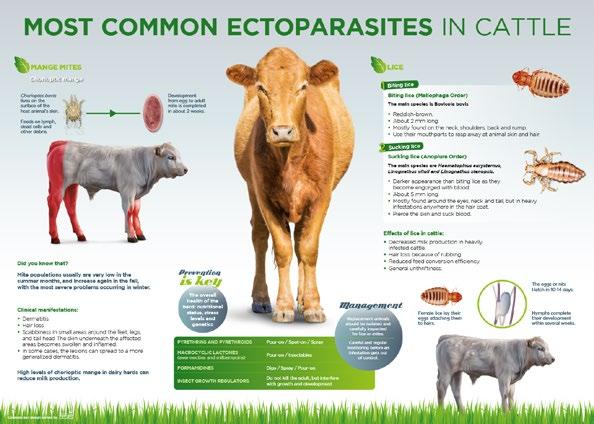

● OrigenenlaIndia,enelnoroeste,enla serpenínsuladeKathiawar,dondepasapor laprincipalrazacebuinadelpaís. ● porConsideradadetripleaptitud,destaca suscualidadeslecheras. ● Hasidoexportadaampliamenteal continenteamericanoyAustralia.
Animal welfare and livestock transport Poster
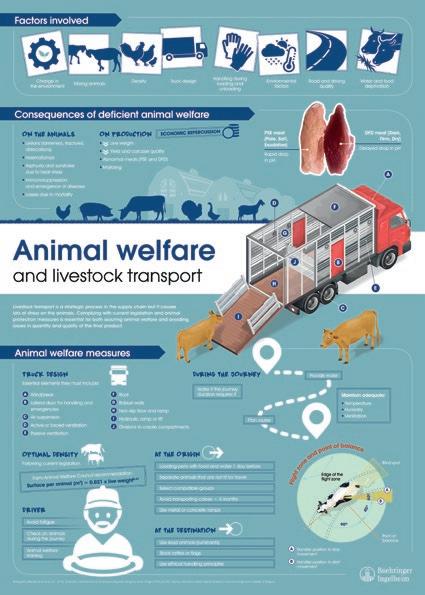

Parasites in cattle
Wall calendar



Parasites in cattle
Wall calendar
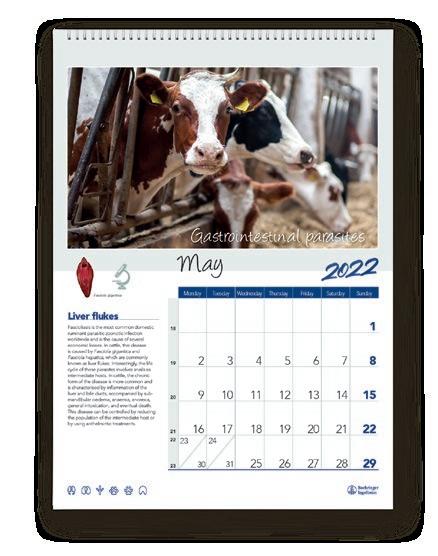
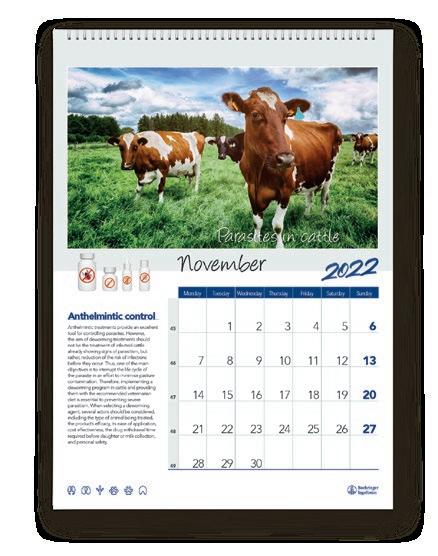

Parasites in cattle
Desktop calendar
PY094778
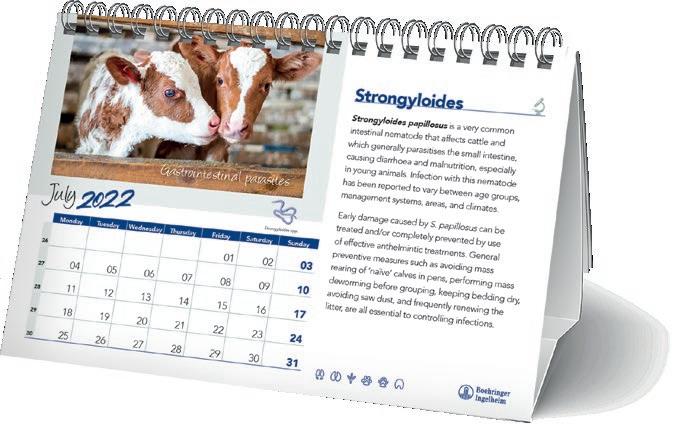

Bovine health
Desktop calendar
PY100436
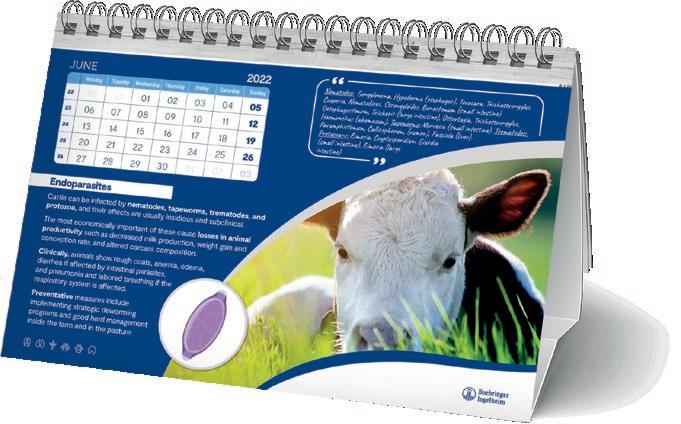
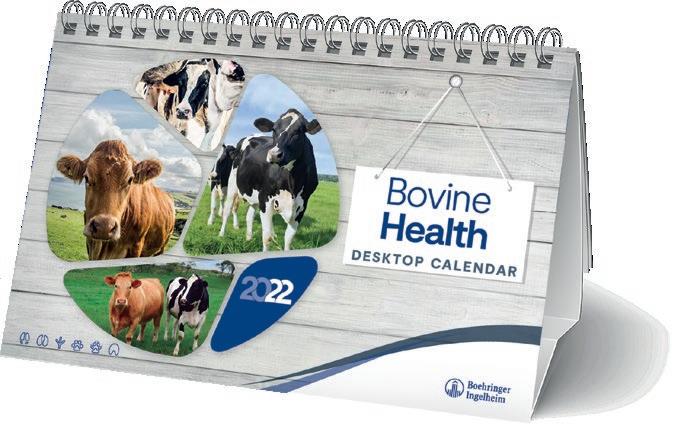




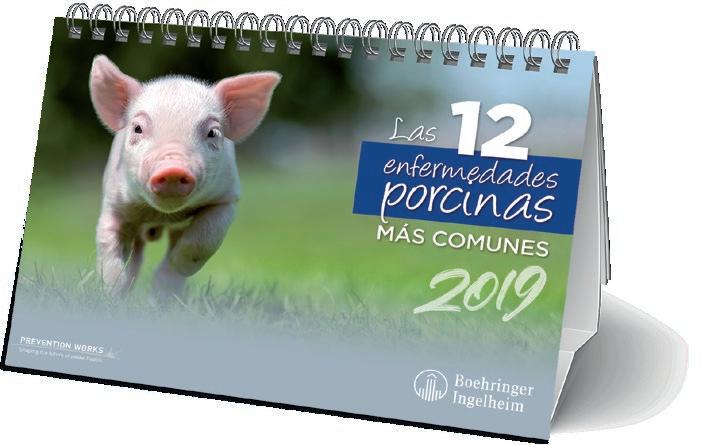

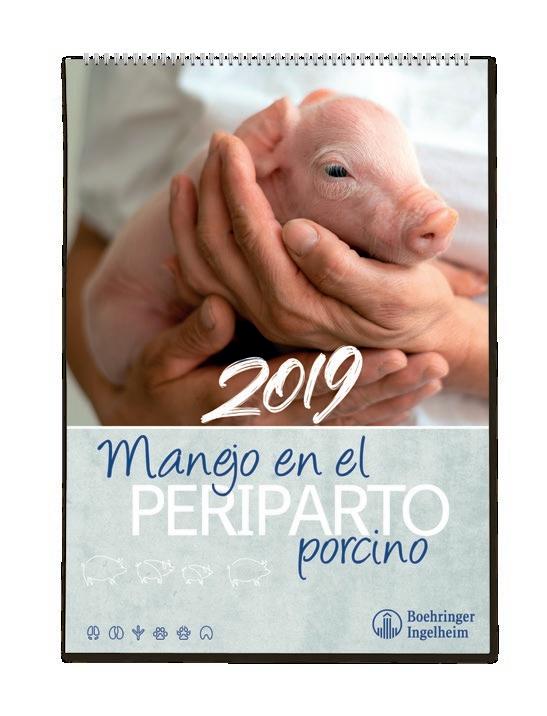
Peripartum
Wall
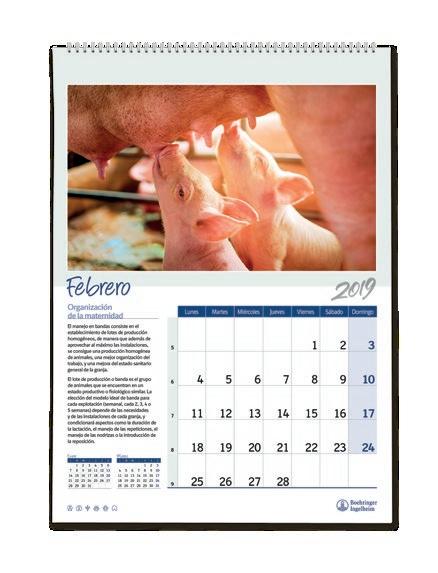
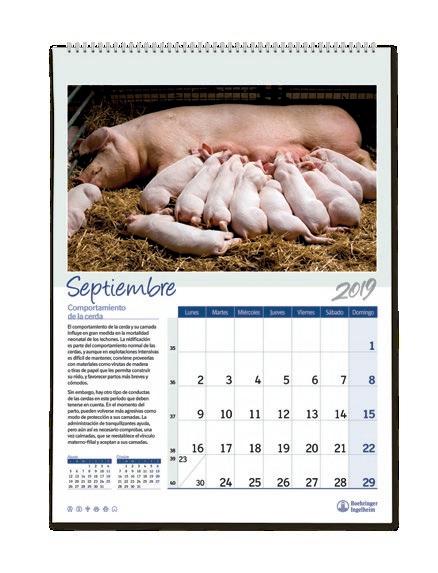











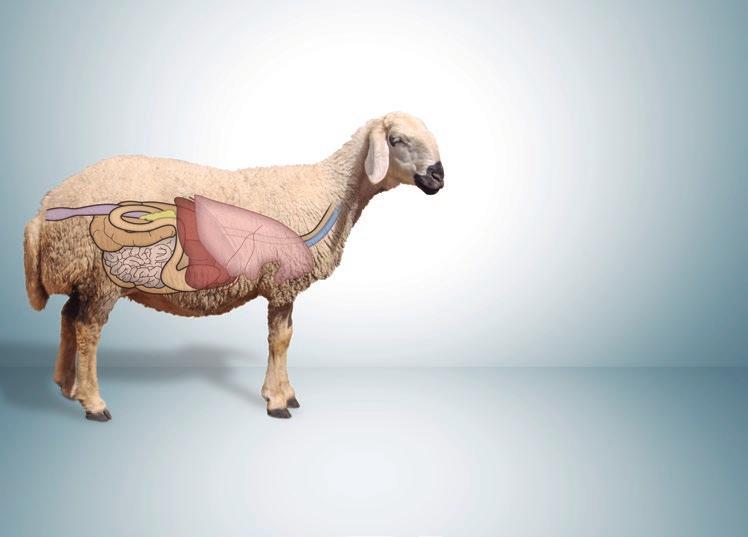

Respiratory diseases in poultry
Poster
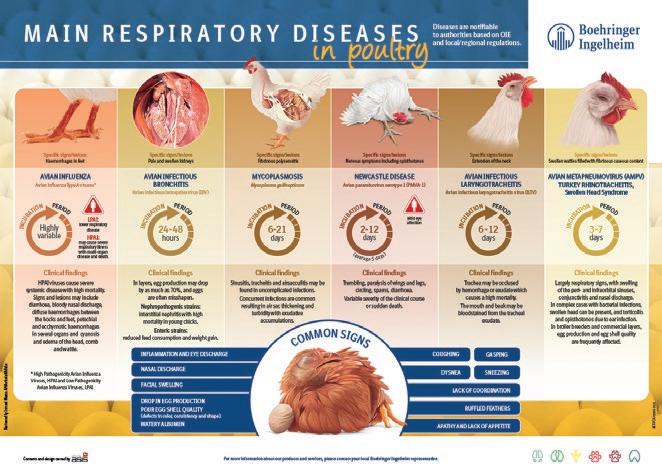
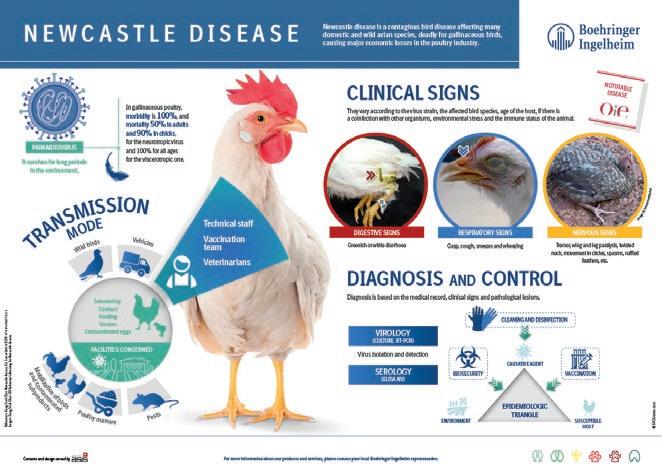
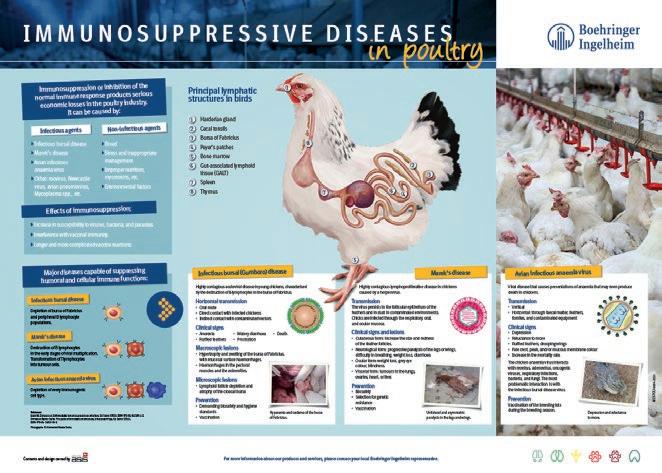
Newcastle Disease
Poster
PY092271
Immunosuppresive diseases in poultry
Poster
PY092273

Infectious bronchitis in poultry
Poster
PY093892

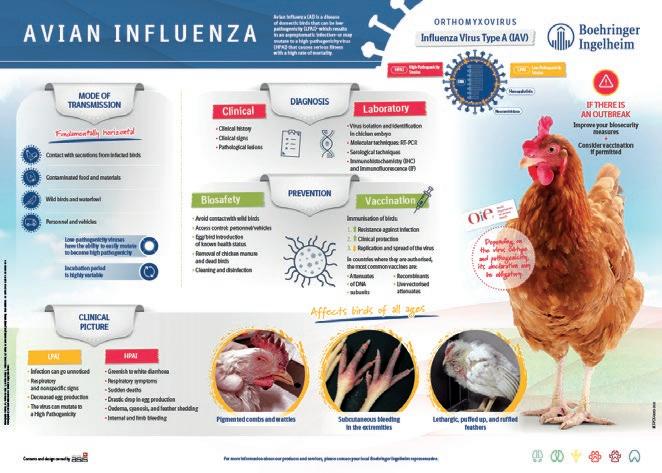
Avian influenza
Poster
PY093891
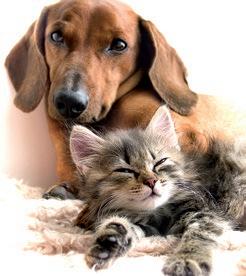

Webinar
How to keep your diabetic cat under control

Webinar
Feline chronic renal disease: a new horizon
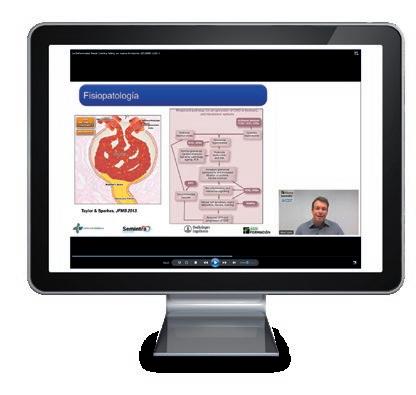
Webinar “Pain management in exotic species”
Speaker: Andrés Montesinos
Date: 20/06/2018
Country: Spain 90 min



Training platform
Semintra Hypertension

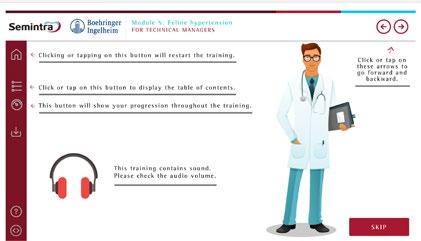
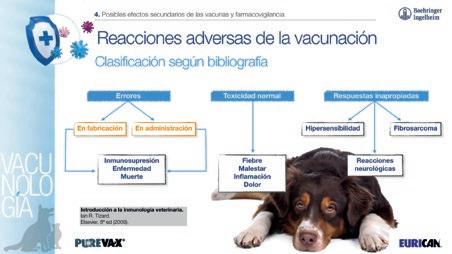

Slidecast “Immunology and vaccinology bases”
Semintra Online Training Program
1. Renal Anatomy and Physiology
2. Feline Chronic Kidney Disease (CKD) IUnderstanding Feline CKD

3. Feline Chronic Kidney Disease (CKD) II – Diagnosis and Management of CKD
4. Semintra I – Renal IndicationSelected clinical cases

Product Training Modules
E-learning platform
Country: Spain


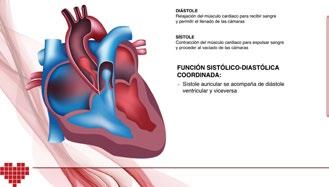



Webinar “Practical basis for canine and feline immunization”
Speaker: Fernando Fariñas
Date: 18/12/2018 Country: Spain 90 min

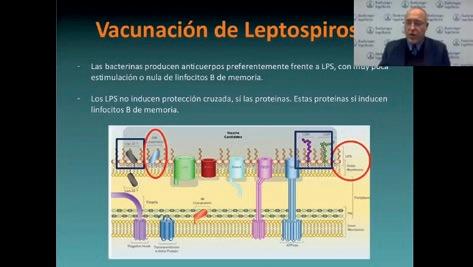


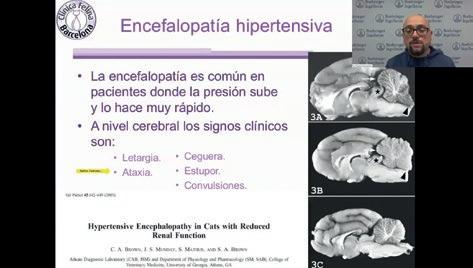
Webinar “Update on feline hypertension”
Speaker: Salvador Cervantes
Date: 30/01/2019 Country: Spain 90 min
Webinar “A practical approach to Mitral Valve Disease patients”
Jordi López Date: 30/05/2018
Country: Spain 90 min

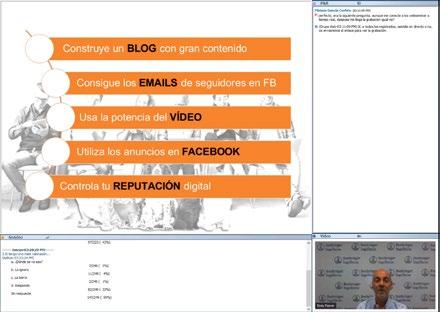
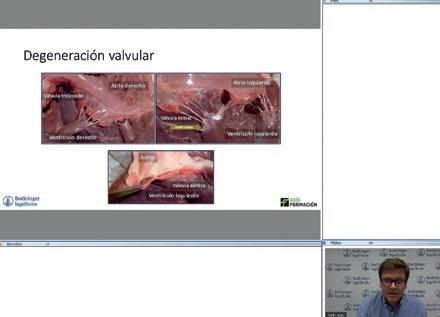

Webinar “The digital veterinary practice: 5 mistakes that should not be made”
Speaker: Enric Ferrer Date: 26/09/2017
Country: Spain 90 min
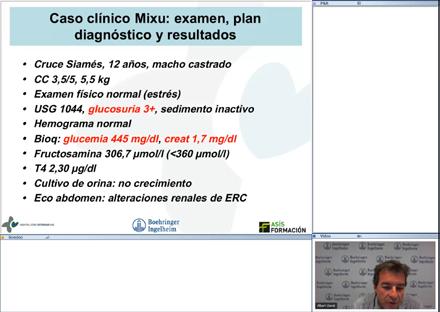

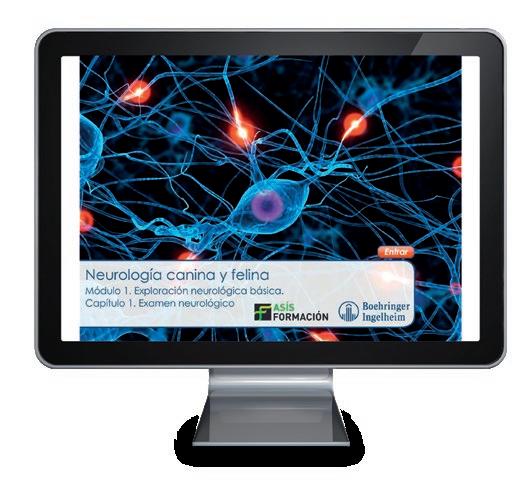
Course Canine and feline neurology
Webinar “Diabetes Mellitus in cats. Why do some patients go in remission and some others are so difficult to manage?”
Speaker: Albert Lloret Date: 16/11/2017 Country: Spain 90 min
Webinar “The clinical management of epilepsy”
Speaker: Valentina Lorenzo Date: 26/04/2018 Country: Spain 90 min

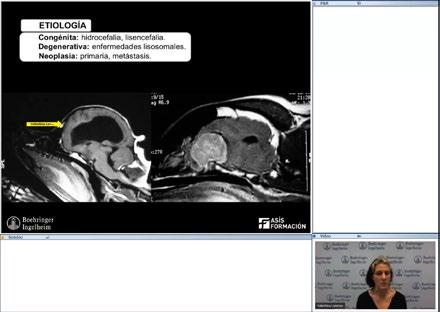

Course
Practical approach to feline anaesthesia and analgesia. Selected clinical cases
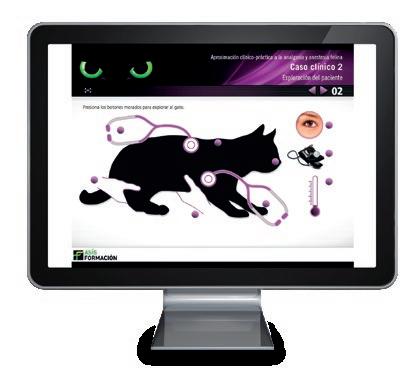

Course
Feline geriatrics
Author: Diego Esteban 12 teaching hours

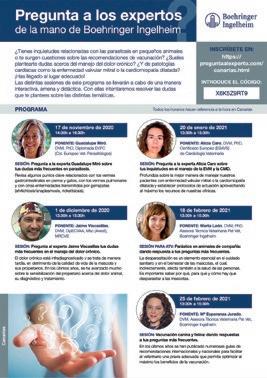
Parasitic zoonoses, an emerging concern E-learning module developed from the online webinar with Fernando Fariñas, for BI to be included on their website https://www.help4vets.es/12 teaching hours
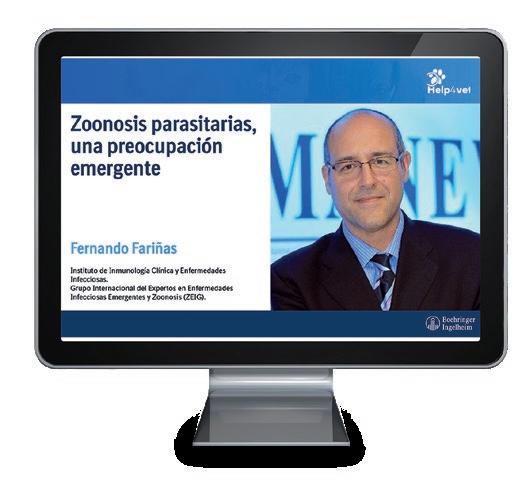
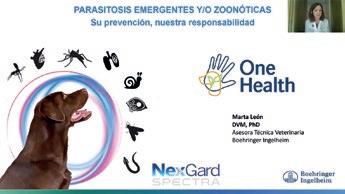
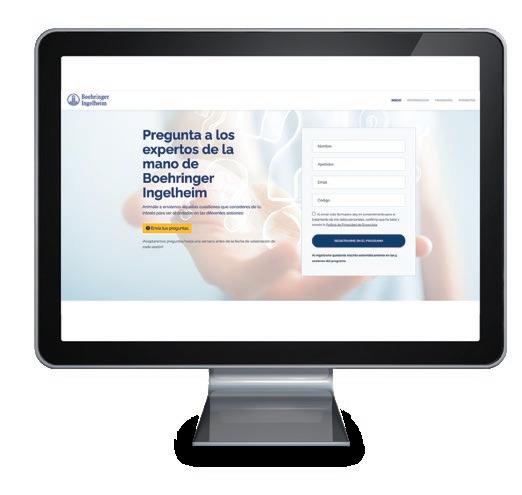
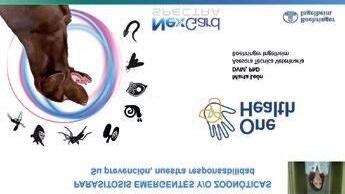
Ask the experts along with Boehringer Ingelheim 12 online webinars series with experts in 5 different subjects.
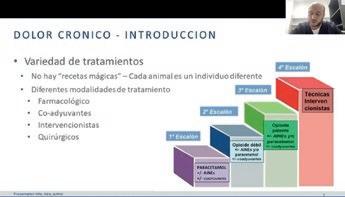
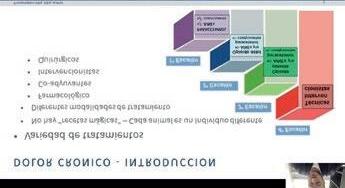
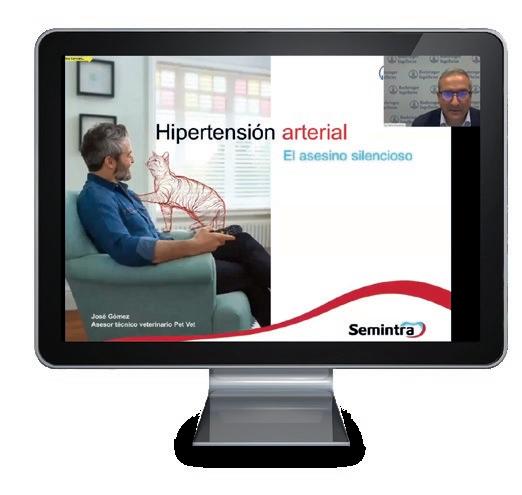
Pet professionals
E-learning platform for external training, intended for pet-shop assitants, with free registration but with restricted accesss to the contents, thanks to a system of codes which are distributed by the sales force. https://profesionalesdelamascota.com

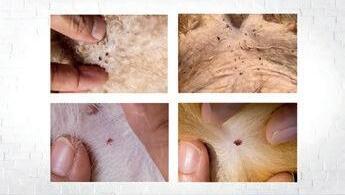
Internal training: ProZinc
Internal training about Diabetes Mellitus and ProZinc in dogs and cats. 5 modules developed in StoryLine narrated by a professional speaker.

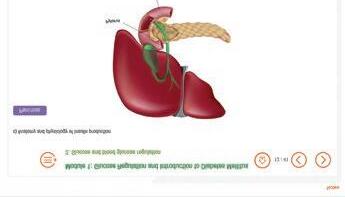
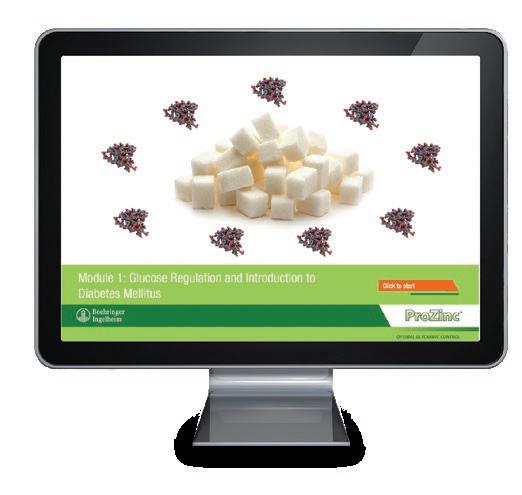

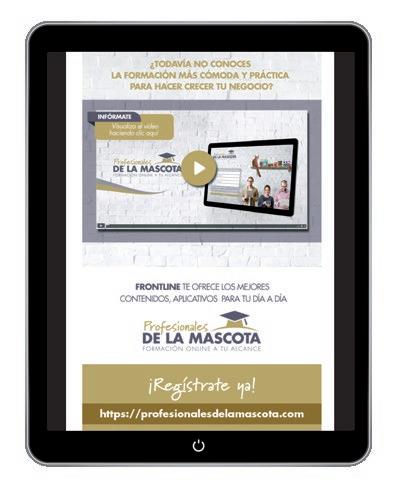
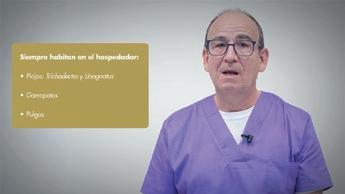
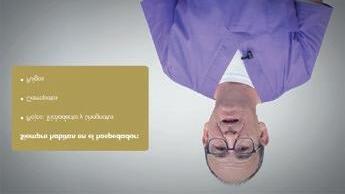
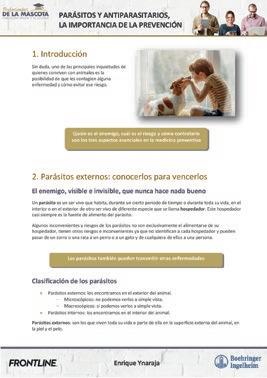



Chronic pain: the silent enemy MobileLearning.
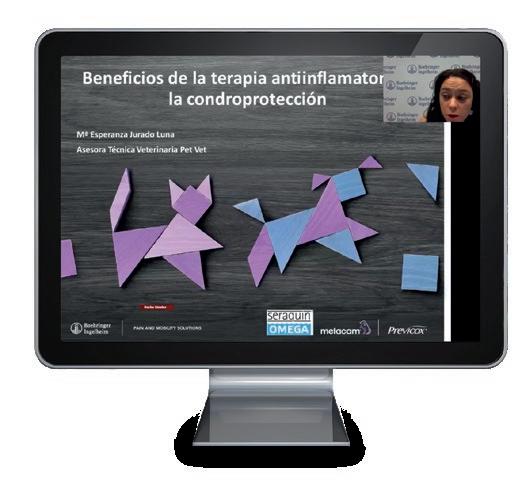
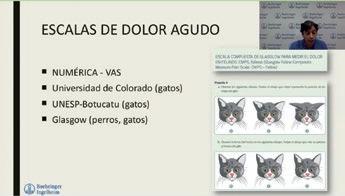
Online training course on Small Animal Cardiology
Interactive online course, voice-over based, divided into four modules developed by key opinion leaders on small animal Cardiology.

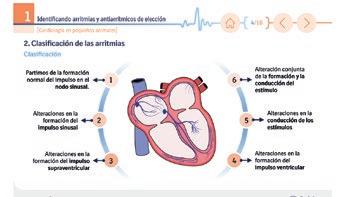
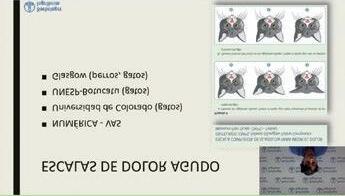
“Pain Academy” webinars program
Program with 2 webinars by Nacho Sández, about intra-operatory and post-operatory pain.

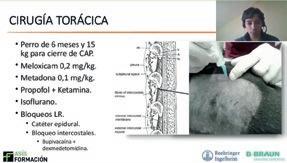

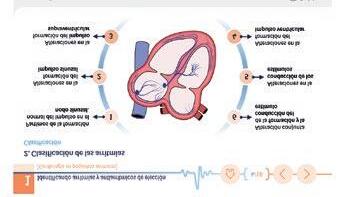

José Rodríguez, Doctor of Veterinary Medicine and full professor of Surgical Pathology and Surgery at the University of Zaragoza, is the author of this complete program of training in intestinal surgery. This training includes not only the principal techniques, but also the key aspects for success in these interventions (instruments, approach, complications), all accompanied by high-quality graphic materials.
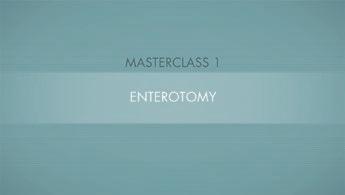


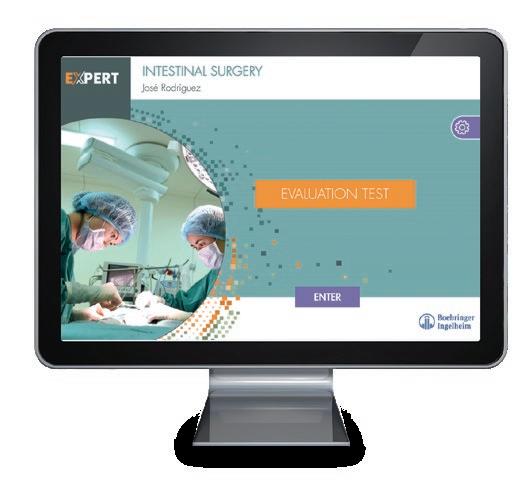
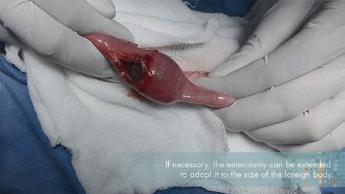

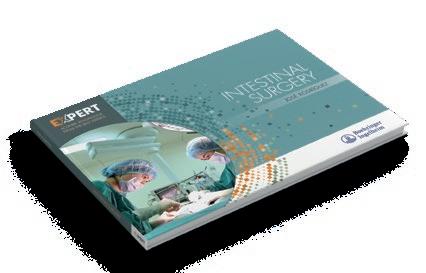
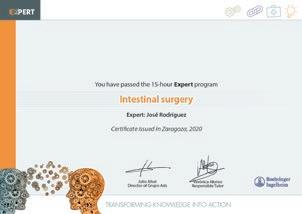
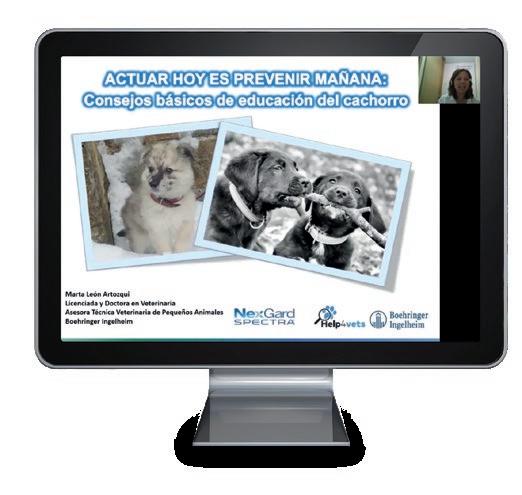
Webinar for vet nurses: puppy education
Special webinar for vet nurses, in order to promote some specific videos recorded with the same author, hosted on https://www.help4vets.es/
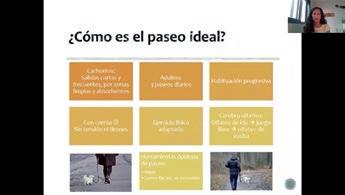
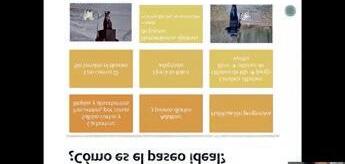
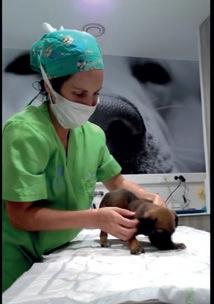
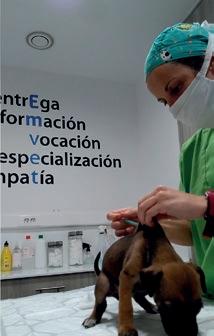

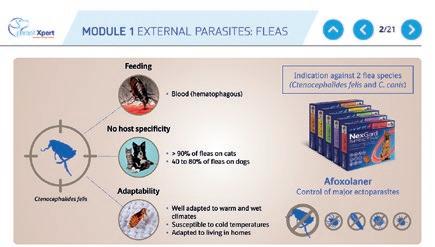
One and Done training modules

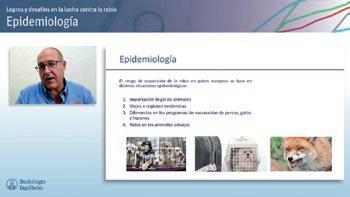
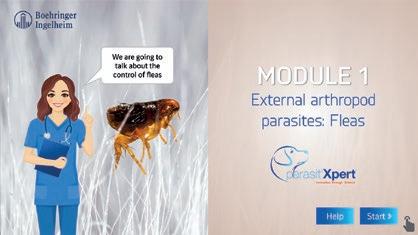
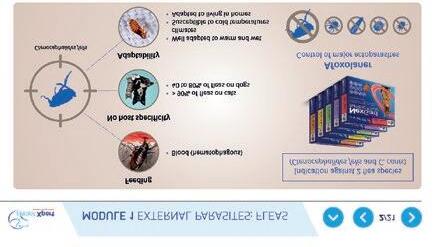

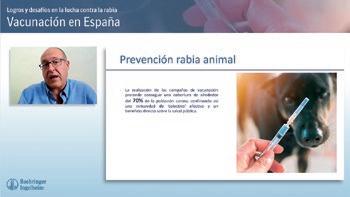
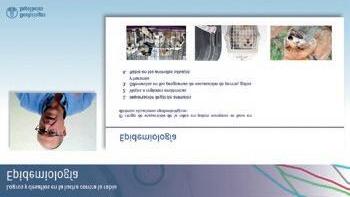
Rabies Video testimonials
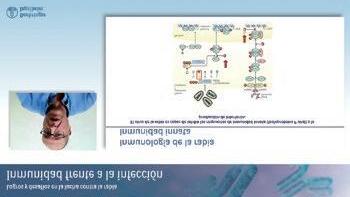

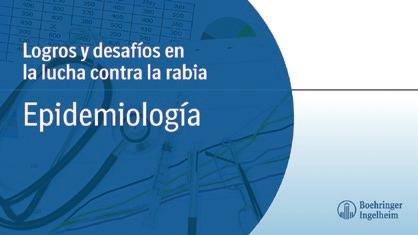

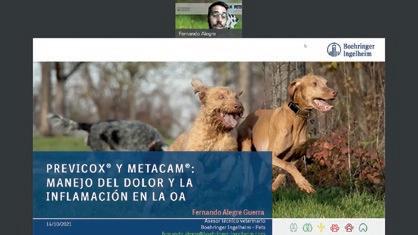


Clinical management of joint pathologies in dogs. Clinical cases
Live webinar with Iván Serra
PY099927
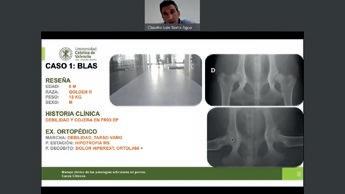
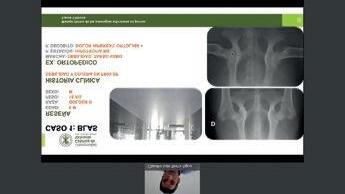
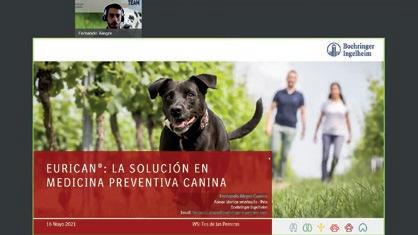


Kennel cough: why its control is today, more than ever, everyone’s business?
Live webinar with Milagros Benito
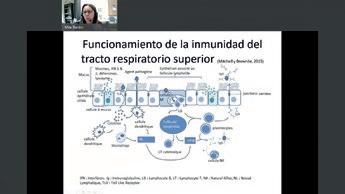
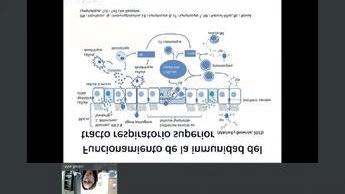
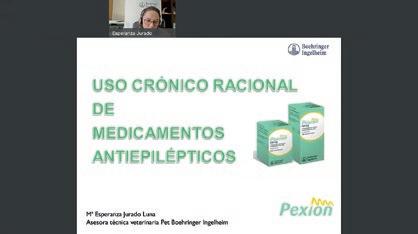
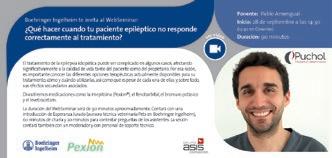

What to do when your epileptic patient does not respond correctly to treatment?
Live webinar with Pablo Amengual




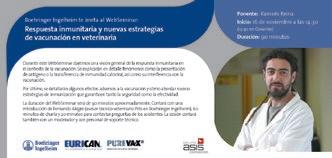

Immune response and new vaccination strategies in veterinary
Live webinar with Ramsés Reina
PY099926
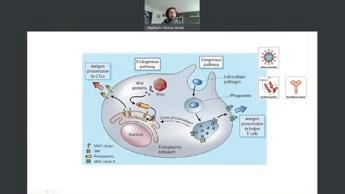
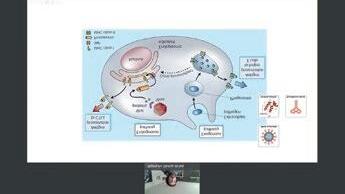

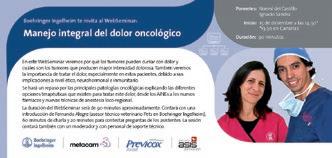

Comprehensive management of oncologic pain
Live webinar with Noemí del Castillo and Ignacio Sández
PY099928
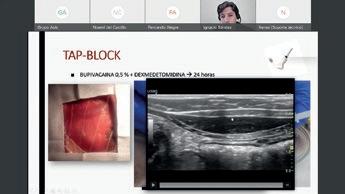
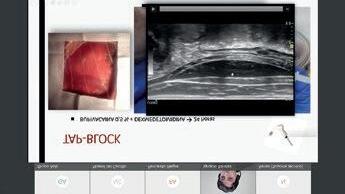
Equine webinar for Mexico, Colombia, Venezuela and Argentina
Live round table with registration page for differente countries, 4 speakers and 1 moderator: https://webinarequinoboehringer.com/cuidato-atletaequino-tiempos-covid19.html
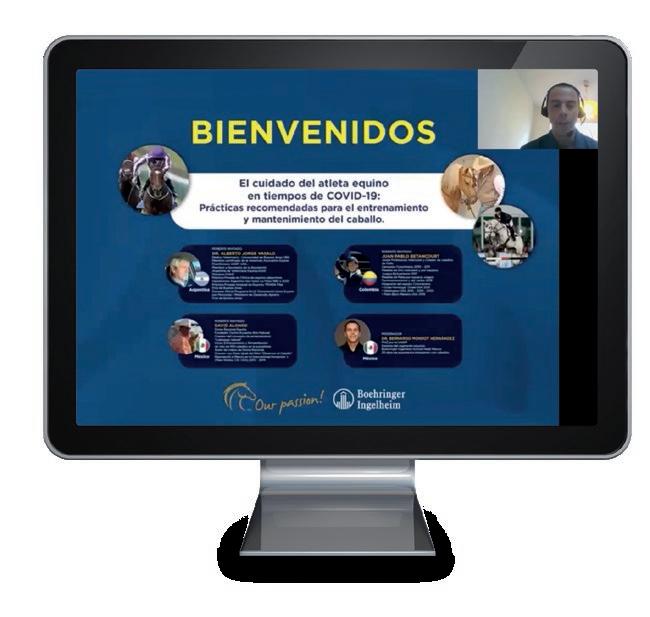
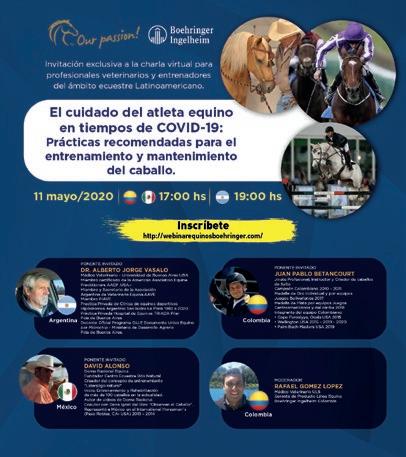
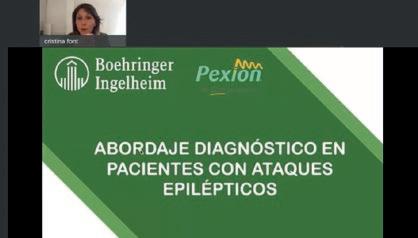


Webinar “Diagnostic approach in patients with epileptic seizures”
The aim of this Webinar with Cristina Font was to help the clinician to know how to deal with patients with epileptic seizures or similar episodes in terms of clinical manifestation.
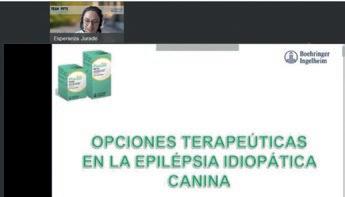
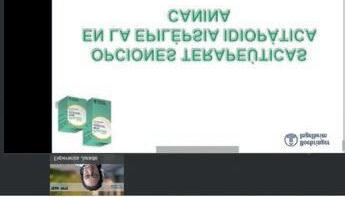

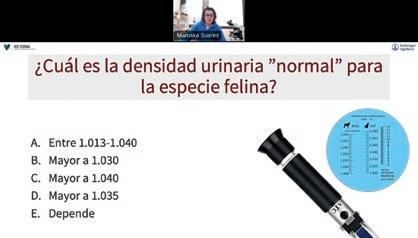
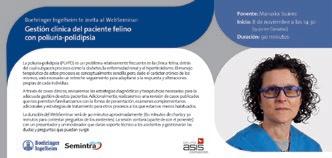

Webinar “Clinical management of the feline patient with polyuria-polydipsia”
Live webinar about the clinical management of polyuria and polydipsia in the cat.
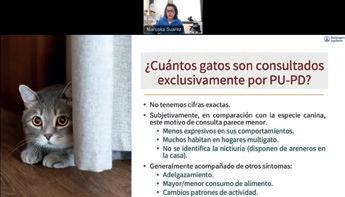

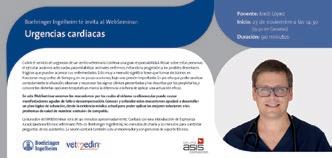
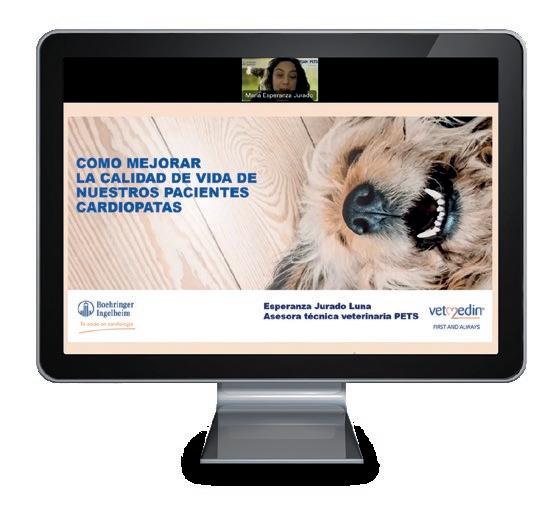
WebSeminar: Cardiac emergencies in cats and dogs
In this Webseminar, Jordi Lopez explained the most seen cardiac emergencies in the small animal clinic.
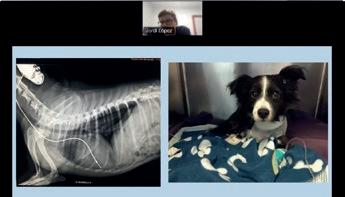
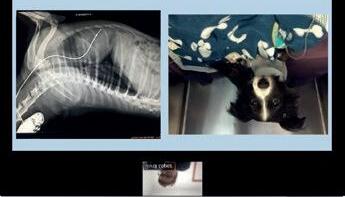
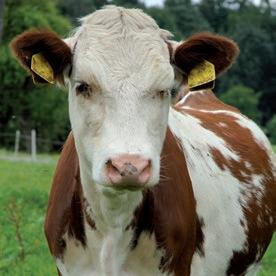
E-learning platforms
Bovela: Learning to make history
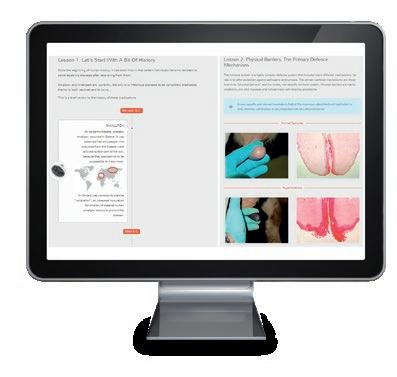

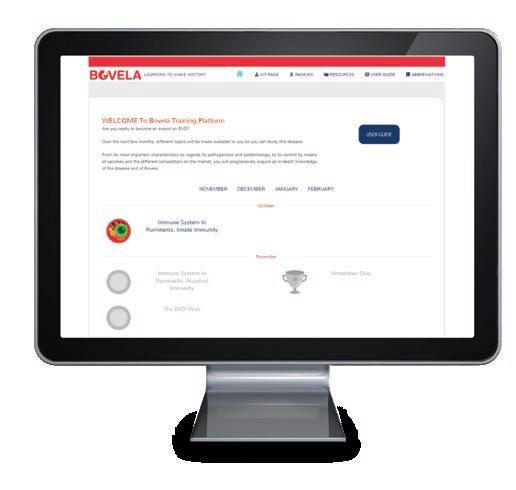
Principles of DIVA test for BVD
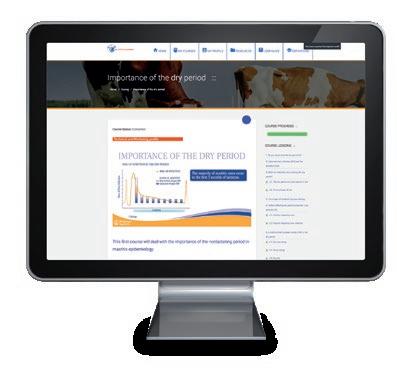

E-learning platforms
Cattle Academy: Interactive learning environment for the understanding of core diseases, brand strategy and product features of global products.
Bovalto internal training
7 online modules: Introduction to BRD and aetiology
Clinical signs, diagnosis, control and treatment of BRD
General immunology for vaccinology
Cattle and young cattle immunology
Mucosal immunology
Bovalto Respi Intranasal: technical approach
Bovalto Respi Intranasal: marketing approach

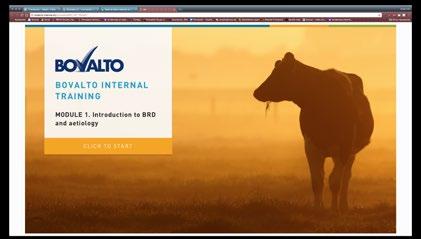

Cattle training
Internal training for BI Argentine, asked from the BI headquarters, SCORMS uploaded on the Crossknowlege platform. Three modules, first of them dealing with clostridiosis. Sotryline with automatic voice over in international Spanish.

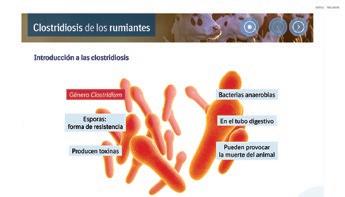
Vooc: Complex of metabolic disorders
Vooc with Manuel Fernández for BI Mexico, about the complex of metabolic disorders in dairy cattle.
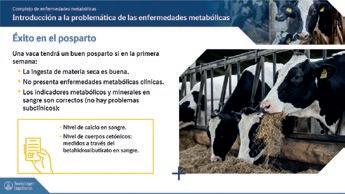
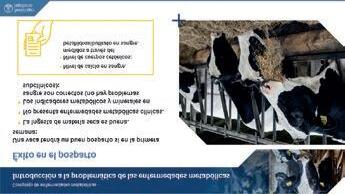
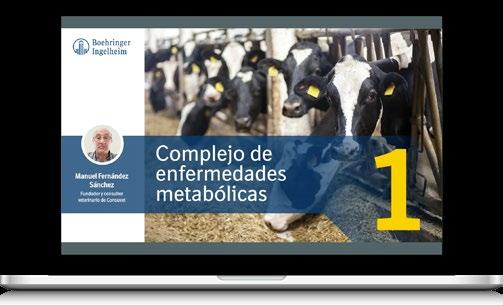
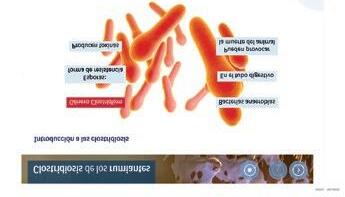
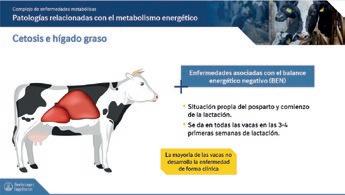
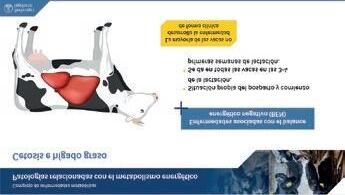
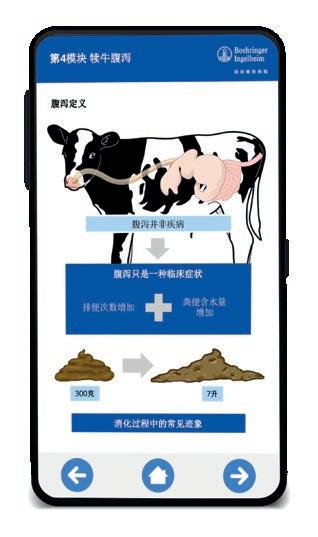
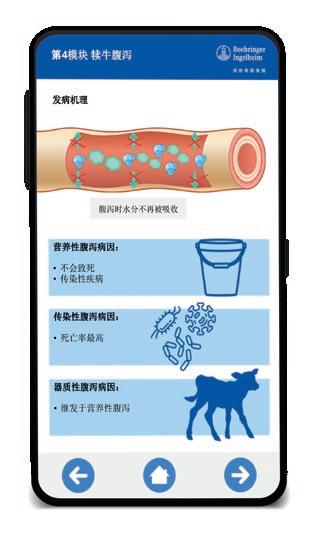
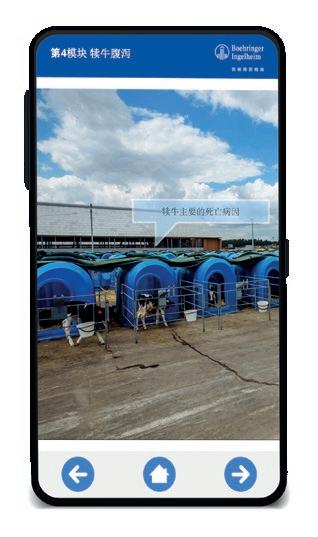
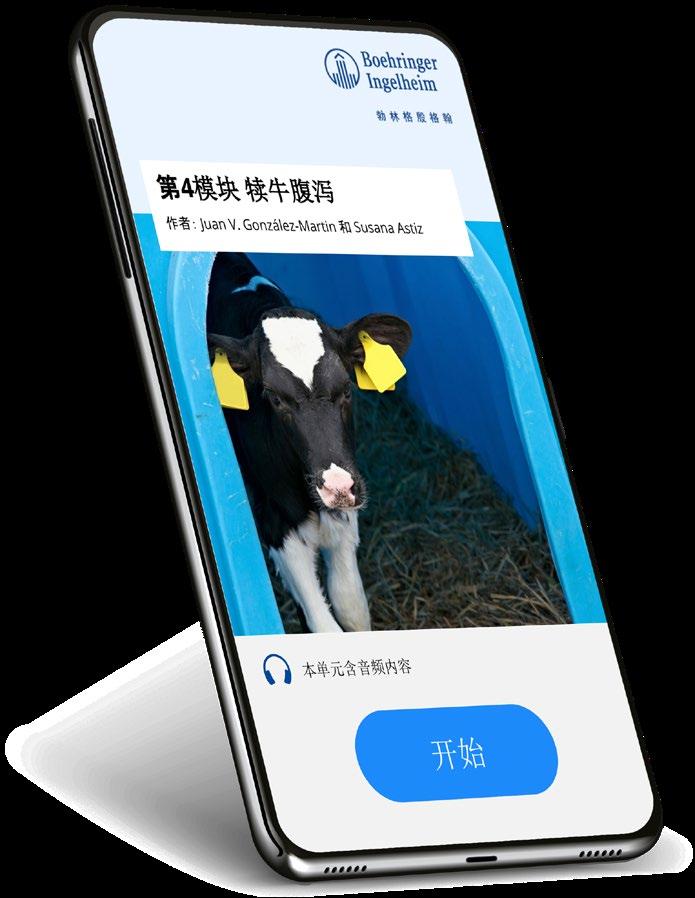
Cattle training modules
Training modules for junior and senior vets, developed in English and translated into Chinese, with professional voice over and a particular framework to optimise Storyline in mobile devices, different topics.
PY098664


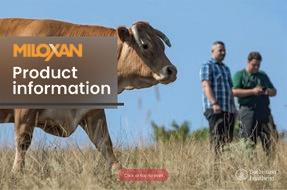
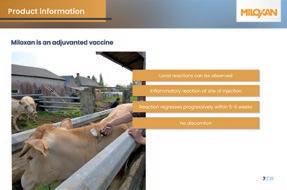

Fencovis E-learning Modules
8 storyline modules about Fencovis ruminant vaccine
PY100295
Internal training for sales force about Miloxan
PY099161

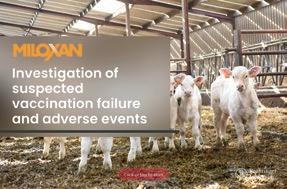

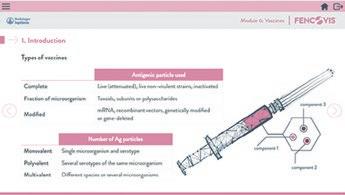
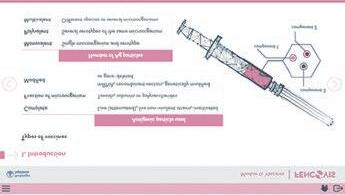
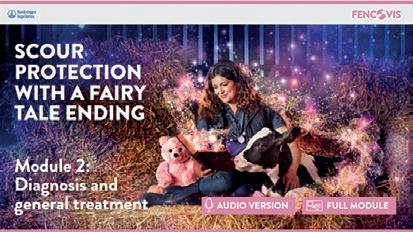
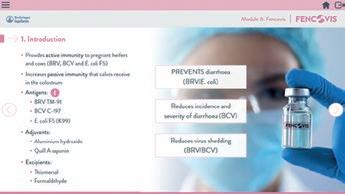
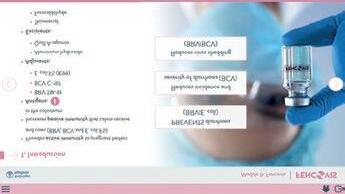


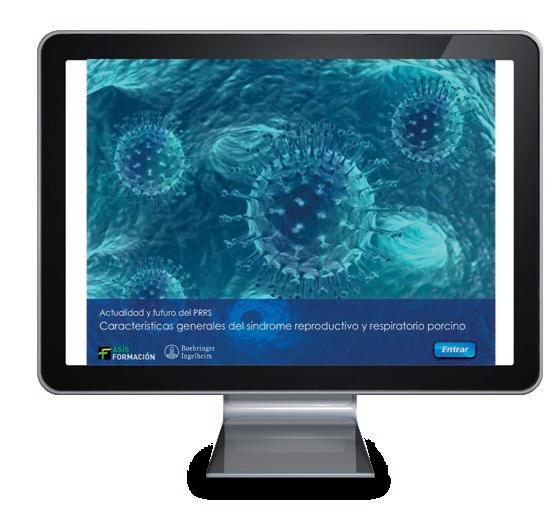
Course
Present and future of PRRS
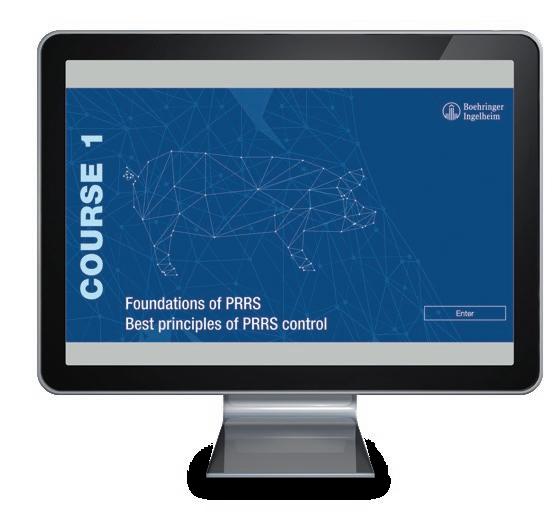
Online courses for vets, hosted on the https://www.birthnewgeneration.com/ platform. BI USA
Online training modules about PRRS PY097969

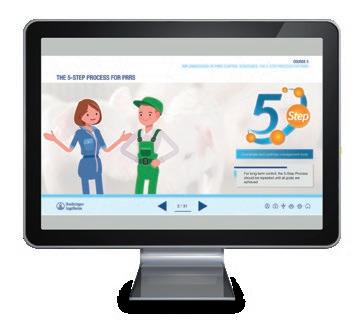

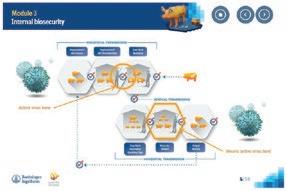
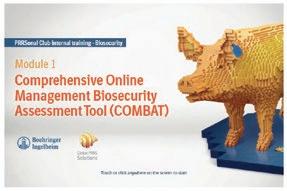



E-learning platforms
PRRSonal Club:
Online training platform to build interest about PRRS in BI internal force in Europe and Asia.
Developed in five languages (English, Spanish, German, Italian and Polish).

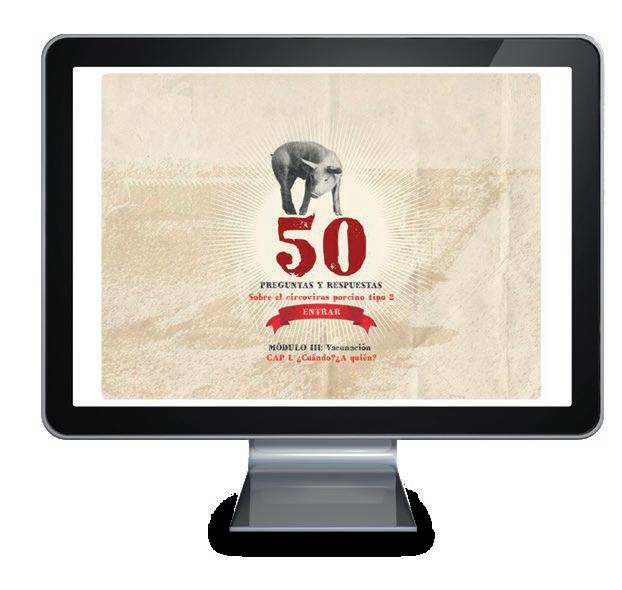
Course
50 questions and answers about Porcine Circovirus type 2
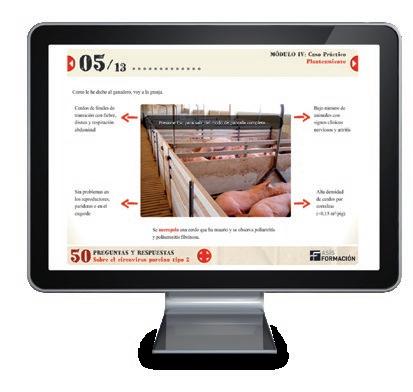
Recording of a full-day training on Porcine Respiratory Disease Complex
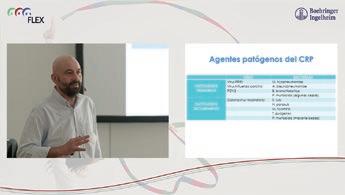
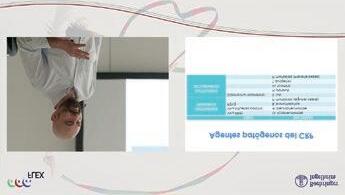

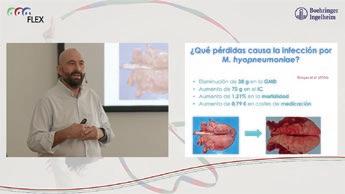
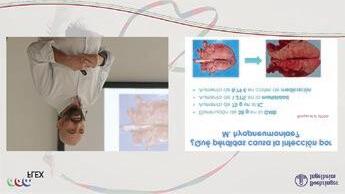
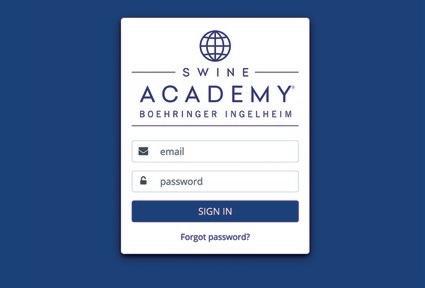
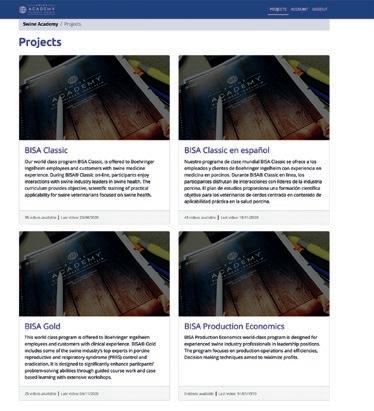

Boehringer Ingelheim Swine Video Training platform
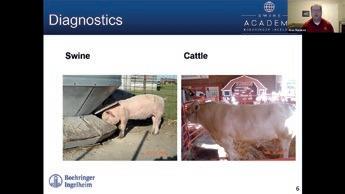
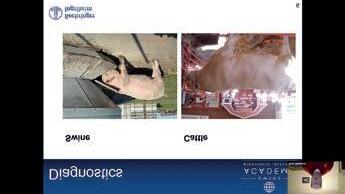
Swine training courses (PCV2, immunology, Mycoplasma)
Online training courses for vets, developed with Storyline and professional voice over, to be uploaded on the platform https://www.birthnewgeneration.com/
PY099645
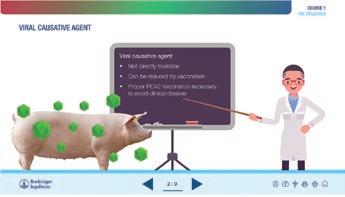


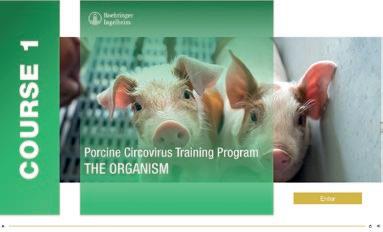





Diagnósticos diferenciales
engorde y abordaje diagnóstico
Expert program “Swine necropsy”

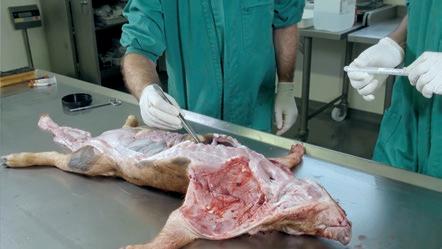
PORCINO
PON EN PRÁCTICA
Diagnósticos diferenciales principales de lesiones sistémicas y abordaje diagnóstico
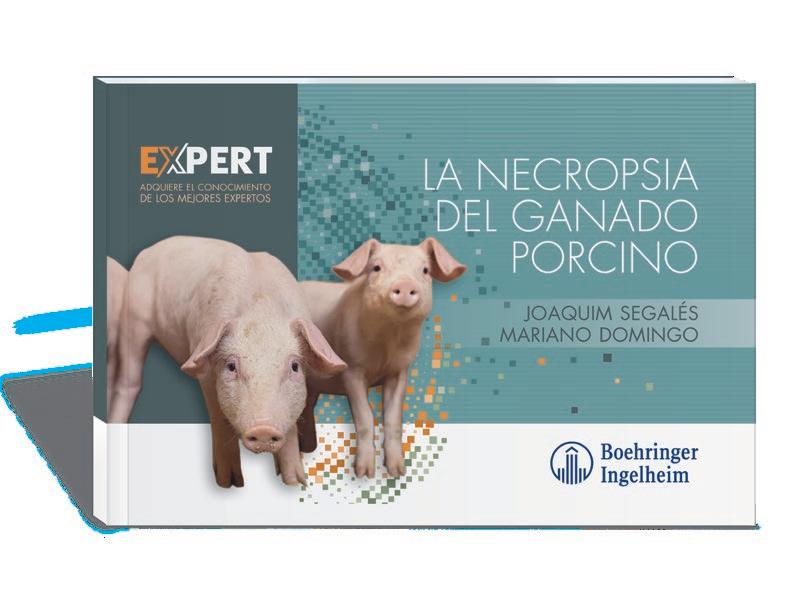
Aprende
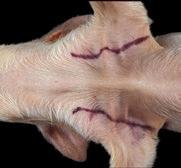
Fig. 8. Zonas de corte de las extremidades anteriores para iniciar la necropsia con el animal en decúbito supino.
LA NECROPSIA DEL GANADO PORCINO
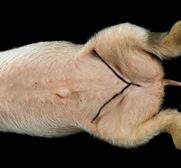
Fig. 9. Zonas de corte de las extremidades posteriores para iniciar la necropsia con el animal en decúbito supino.
Presentación
para la toma de muestras para estudios microbiológicos) (fig. 1).También es muy importante el uso de los equipos de protección individual (EPIs) mínimos, como unos guantes y, en caso necesario, una mascarilla.
Joaquim Segalés y
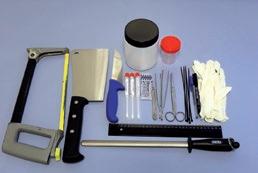
LA NECROPSIA DEL GANADO PORCINO
Aprende
ESTUDIO DE LOS ÓRGANOS DE LA CAVIDAD ABDOMINAL
Inicialmente se procede a la extracción del epiplón conjuntamente con el bazo (fig. 23). Con la finalidad de extraer correctamente el intestino es conveniente hacer ligaduras dobles en tres puntos (se hace el corte entre los dos nudos):
■ A nivel del ligamento duodenocólico (punto de terminación de la cola del páncreas) (fig. 24).
■ A nivel del íleon en su desembocadura en el ciego (fig. 25).
■ A nivel del recto (fig. 26). Fig. 23. Extracción del epiplón conjuntamente con el bazo.
Joaquim Segalés y Mariano Domingo
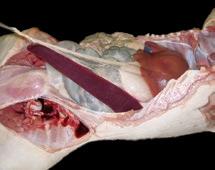
LA NECROPSIA DEL GANADO PORCINO
Los cambios post mortem nos pueden dar una idea de cuanto tiempo lleva muerto un animal. Los principales cambios post mortem observables en el cadáver son:
■ Rigidez cadavérica (rigor mortis).
■ Descenso de la temperatura del cadáver (frigor mortis).
■ Opacidad corneal y pérdida de la turgencia ocular (fig. 5).
■ Presencia y magnitud de los signos de des- composición (manchas abdominales verdes) (fig. 6).
A continuación se realiza un examen externo com- pleto (piel, pelo y nódulos linfáticos superficiales) desde el cráneo hasta la región caudal (fig. 7).
Joaquim Segalés y Mariano Domingo
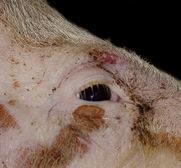
LA NECROPSIA DEL GANADO PORCINO

VTS Poultry frozen vaccines mixing & handling learning modules
Development of an online training course in order to empower teams to confidently discuss aspects of mixing and handling vaccines when responding to issues or concerns regarding vaccine efficacy in hatcheries or on farms.
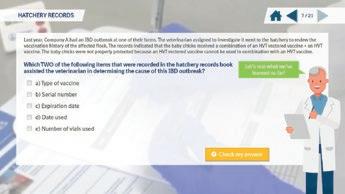
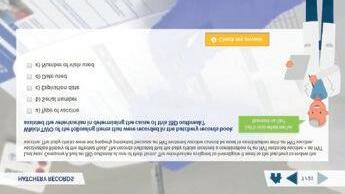

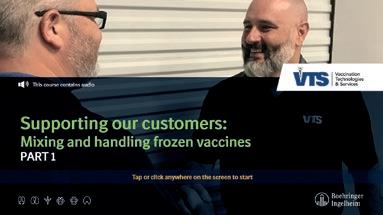

Poultry Management Training Program
Development of 3 live online training sessions in English and simultaneous translation into simplified Chinese and Spanish.
PY100265
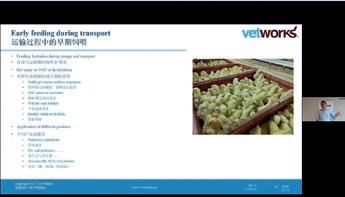

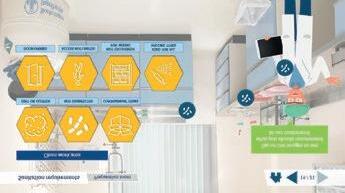

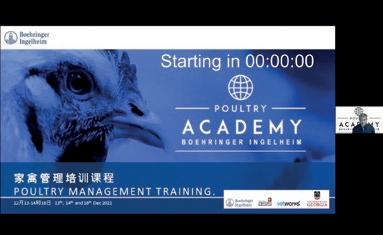
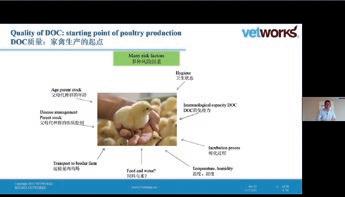
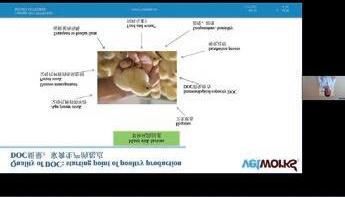
Microtraining on viral and bacterial diseases in poultry 11 online training modules on infectious diseases
Authors: Emmanuel Baraza Sasita, Hafez Mohamed Hafez and Rüdiger Hauk
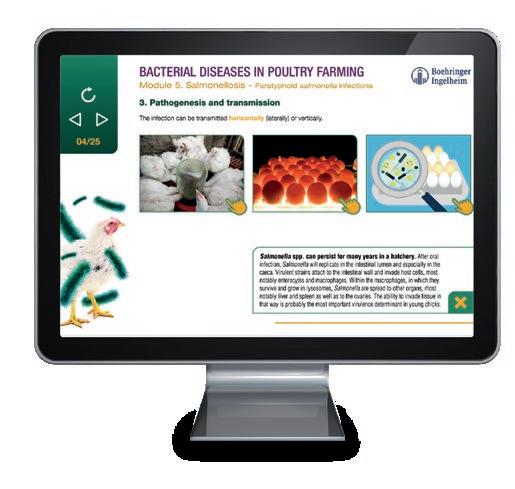
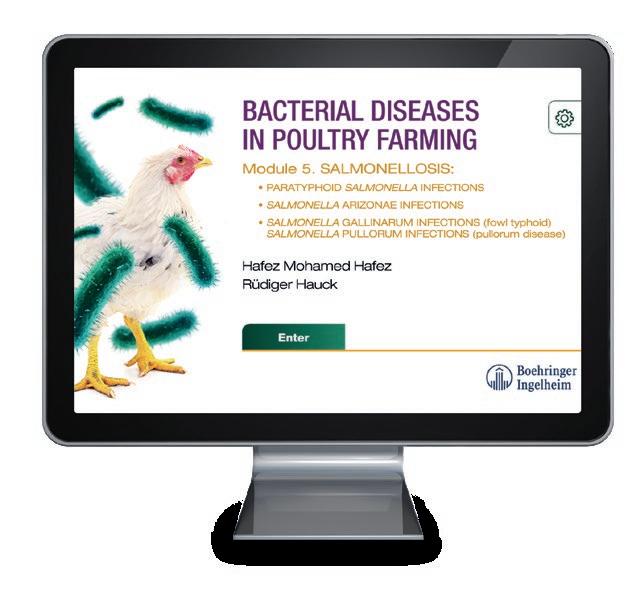
Poultry Academy Online Training
Development of 2 live online training sessions with simultaneous translation from English into simplified Chinese and Spanish.
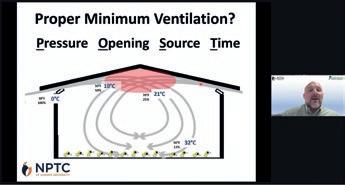
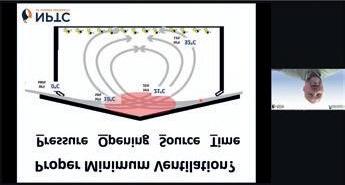

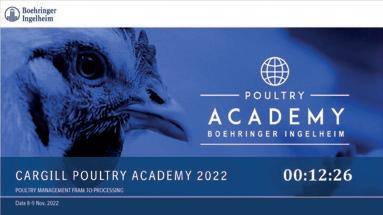
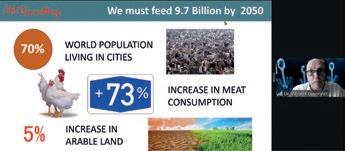
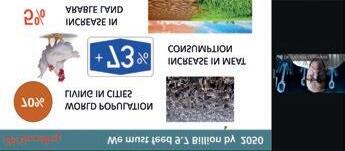

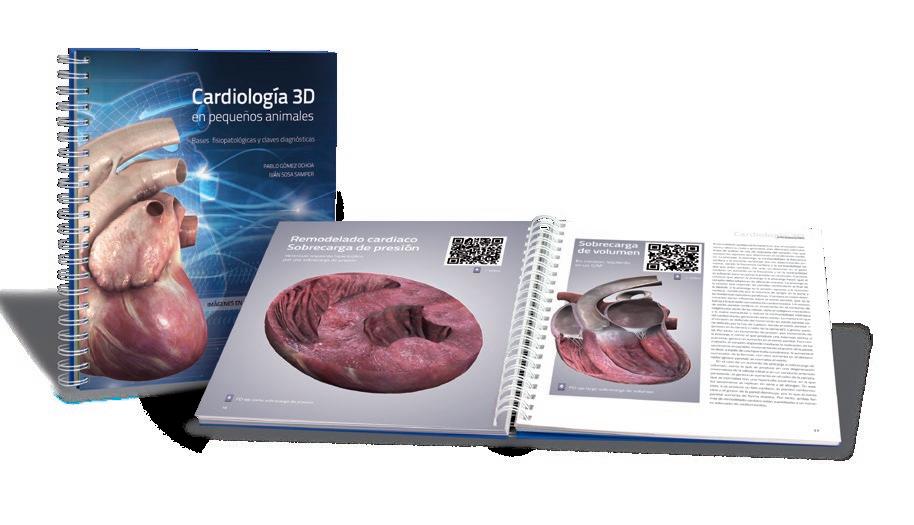

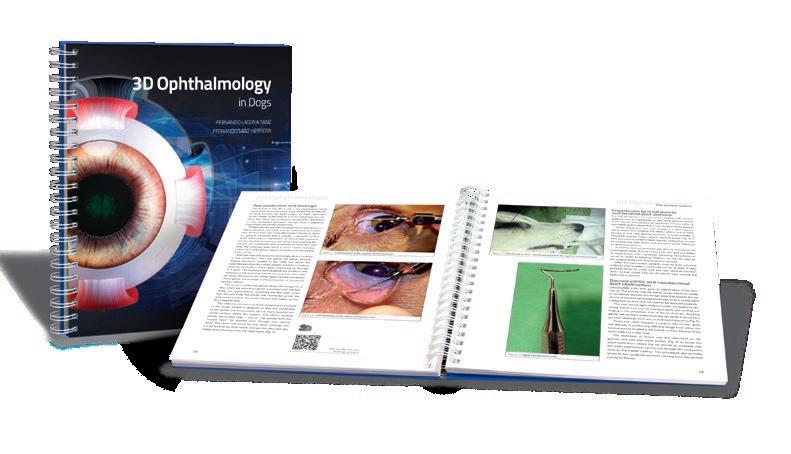
Practical electrocardiographic interpretation handbook
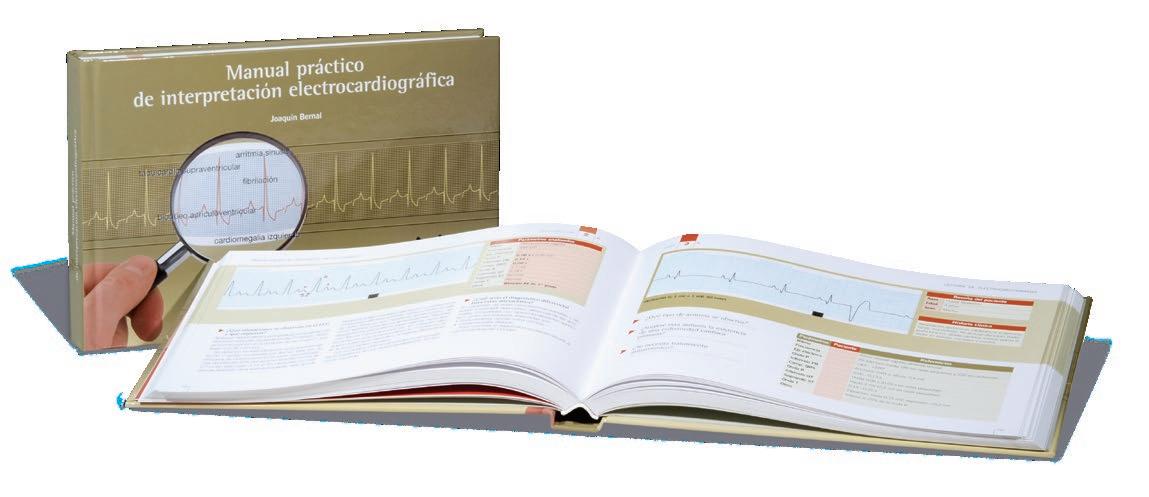
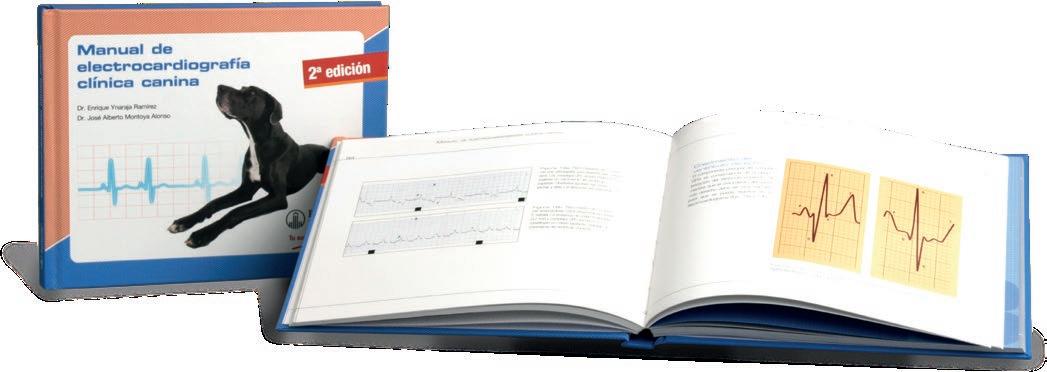
Handbook of canine clinical electrocardiography
Pain management
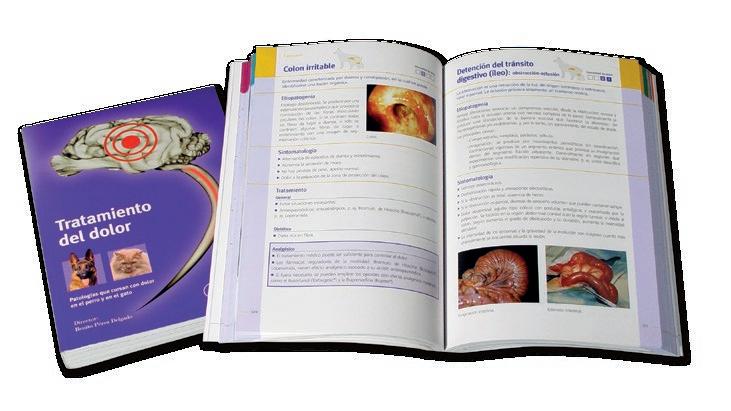

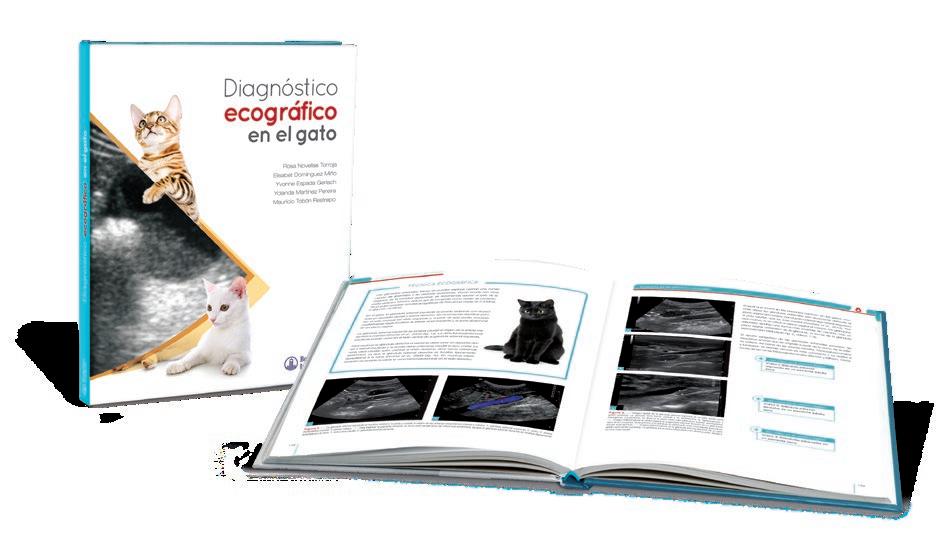
Diagnostic ultrasound in cats
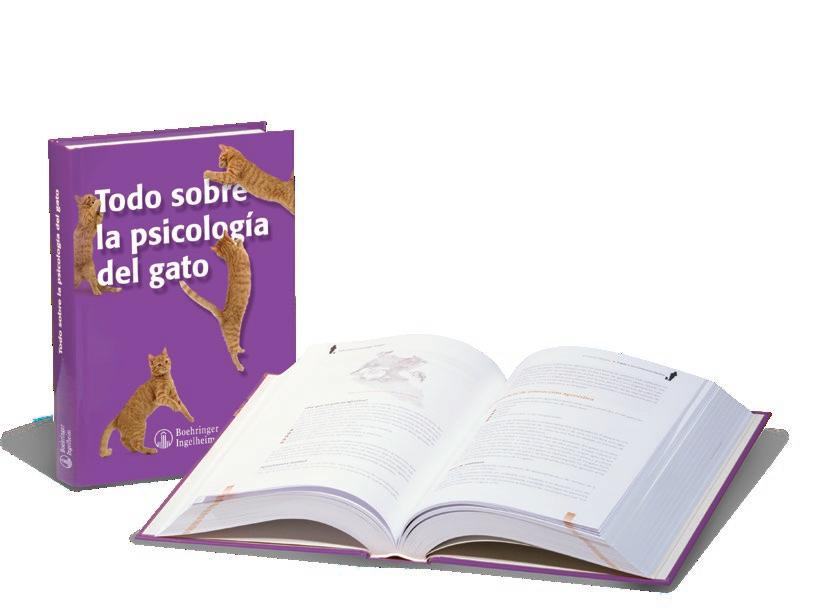
All about cat psychology
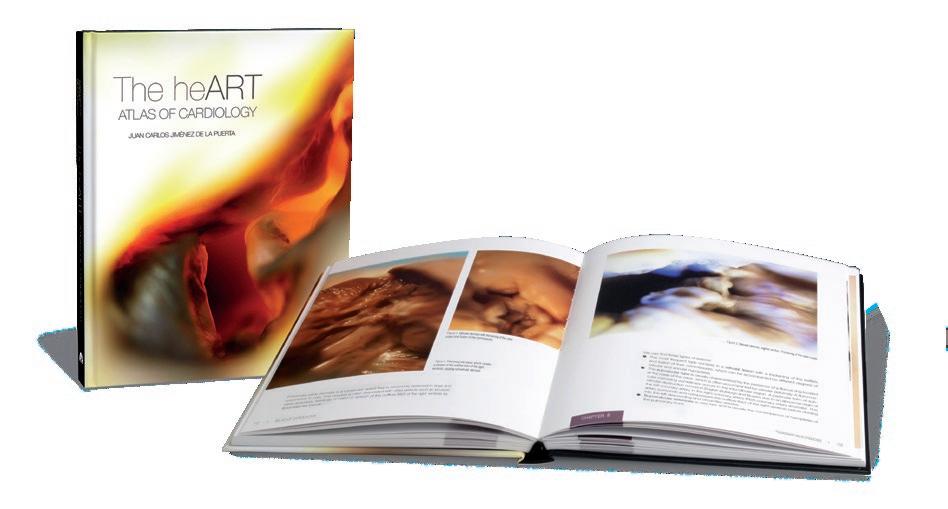
The heART. Atlas of cardiology
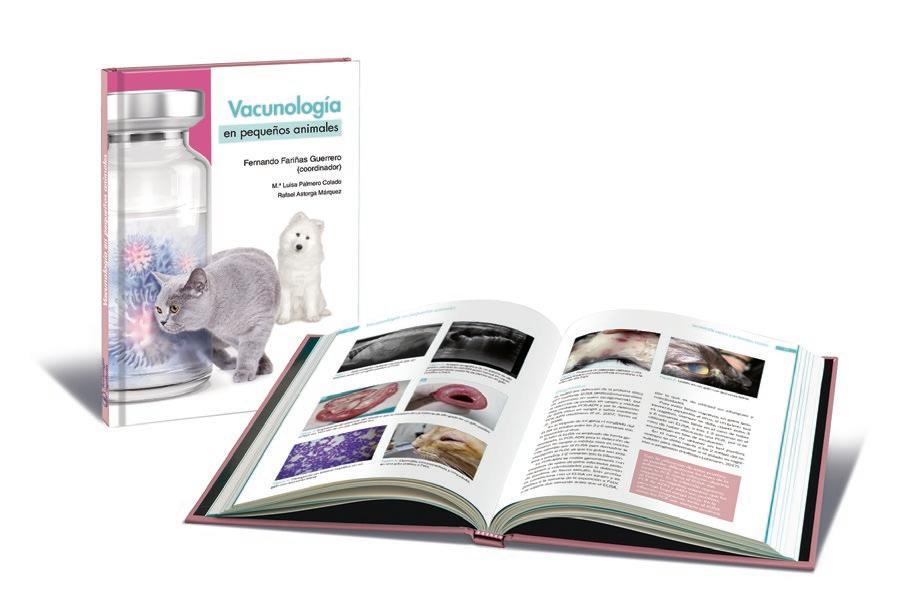
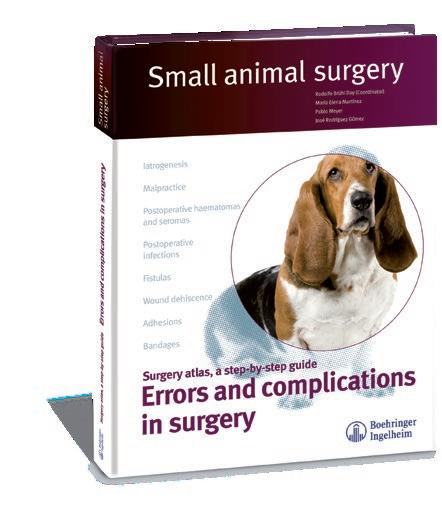
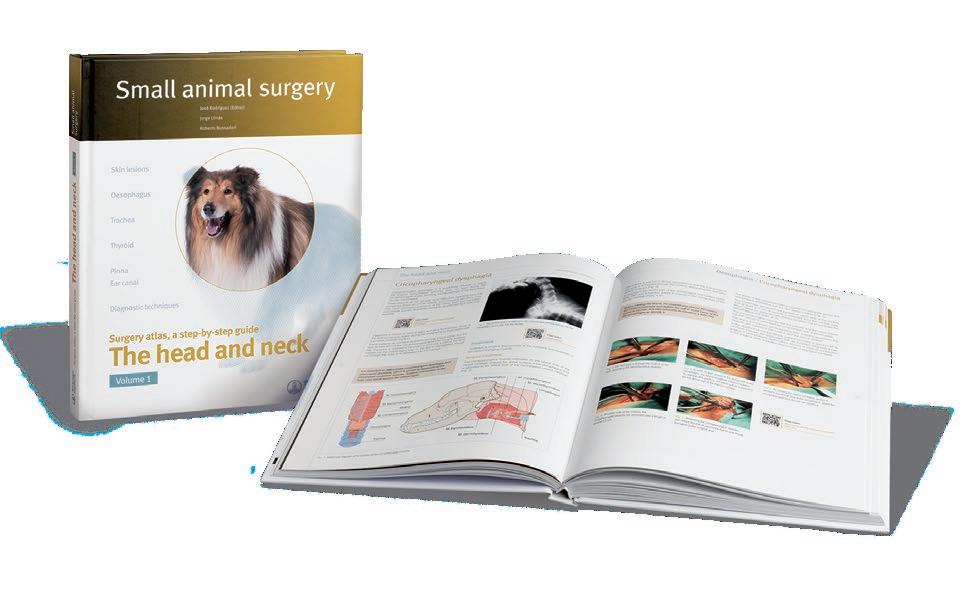

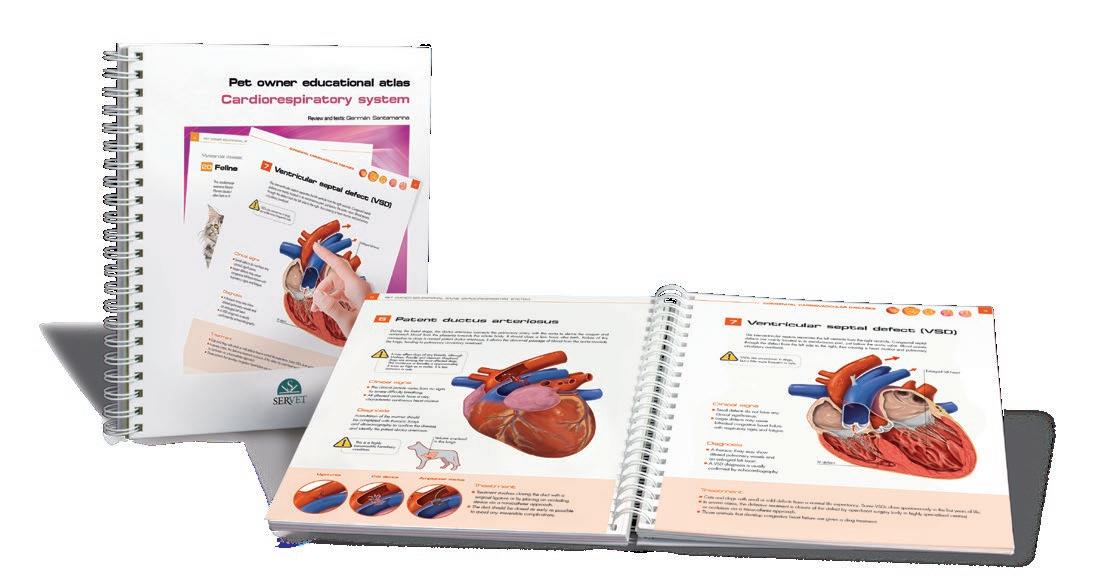
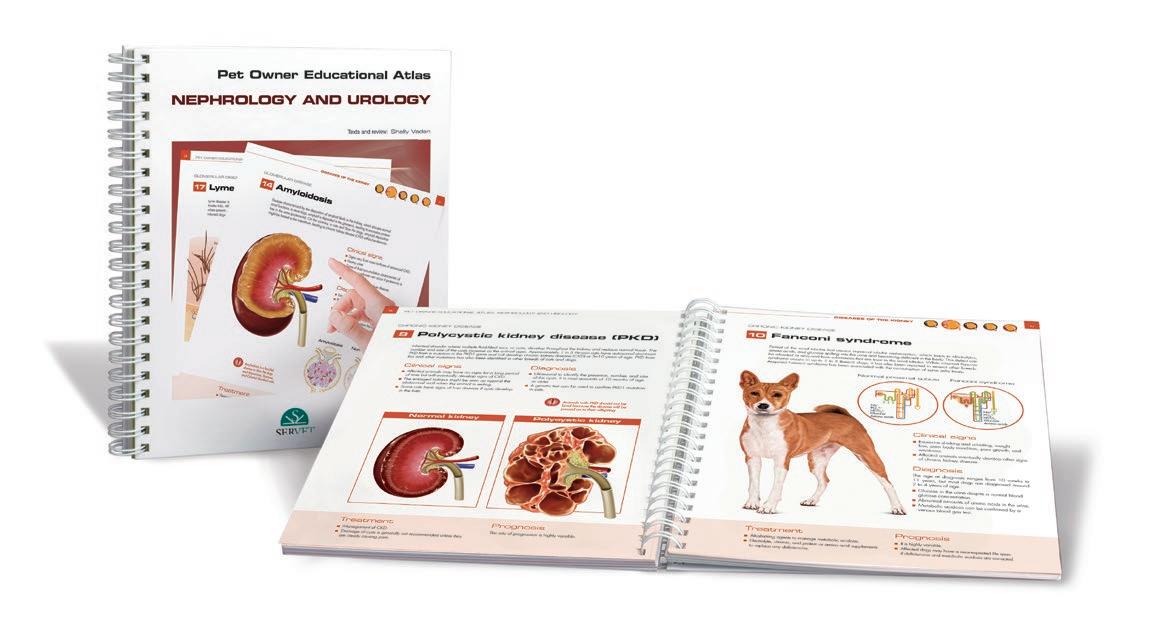
Pet Owner Educational Atlas. Parasites. Diagnosis, control and prevention
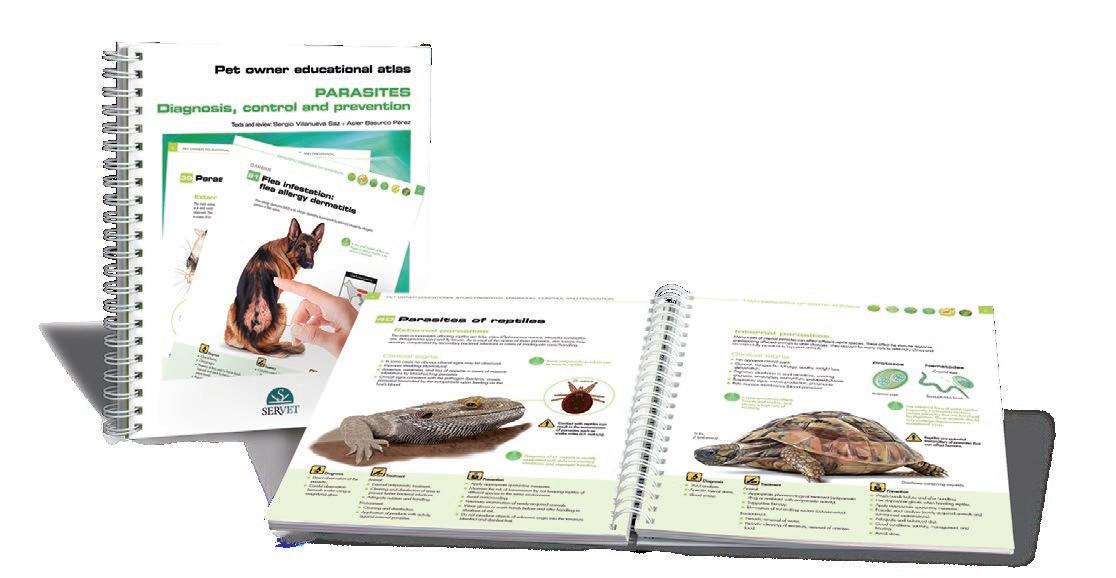

Pet Owner Educational Atlas. Essential Health Care for Puppies and Kittens
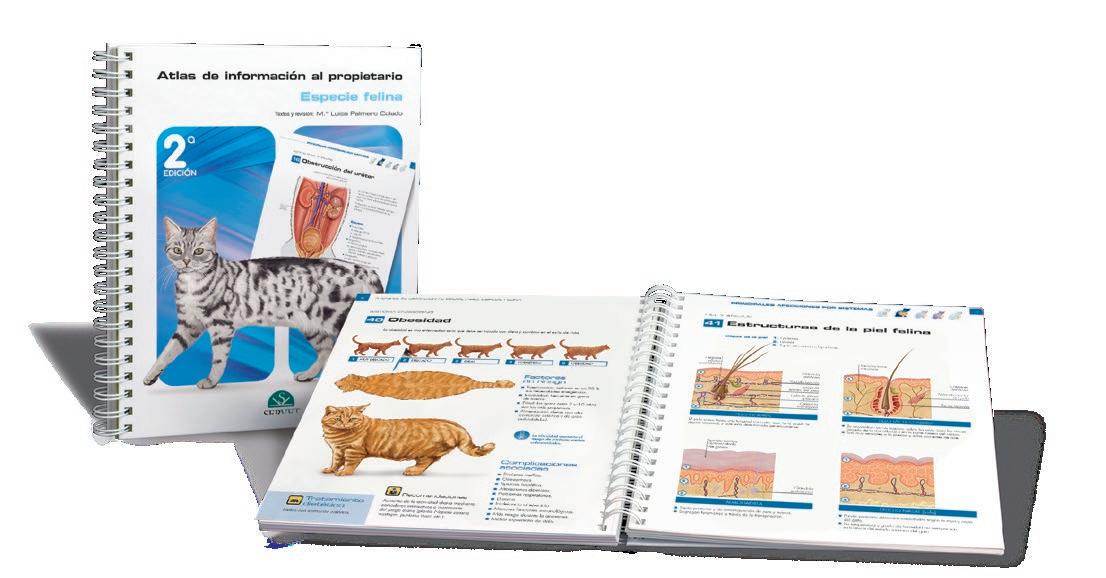
Pet Owner Educational Atlas. Cats 2nd ed.

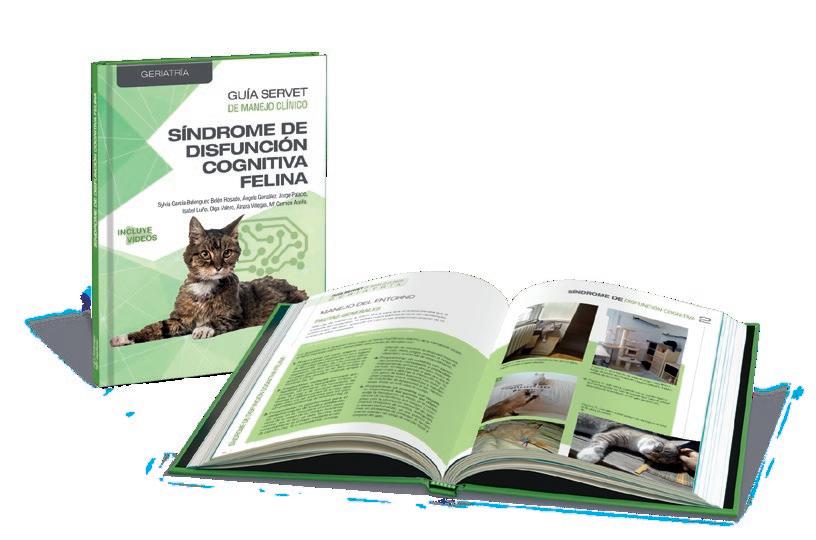
Servet Clinical Guides. Geriatrics: Feline Cognitive Dysfunction Syndrome
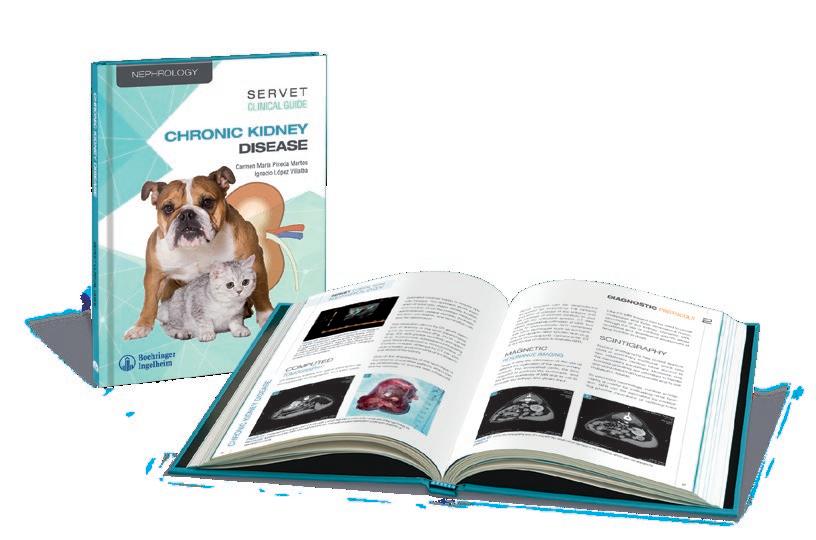
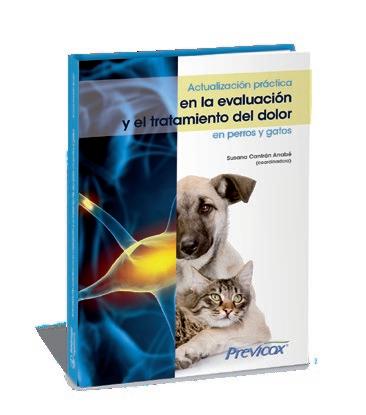
Practical Update in Pain Assessment and Treatment in Cats and Dogs
Servet Clinical Guides. Chronic Kidney Disease
How to Keep Staff Motivated in the Veterinary Practice
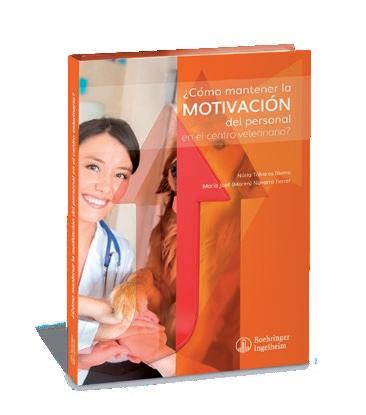
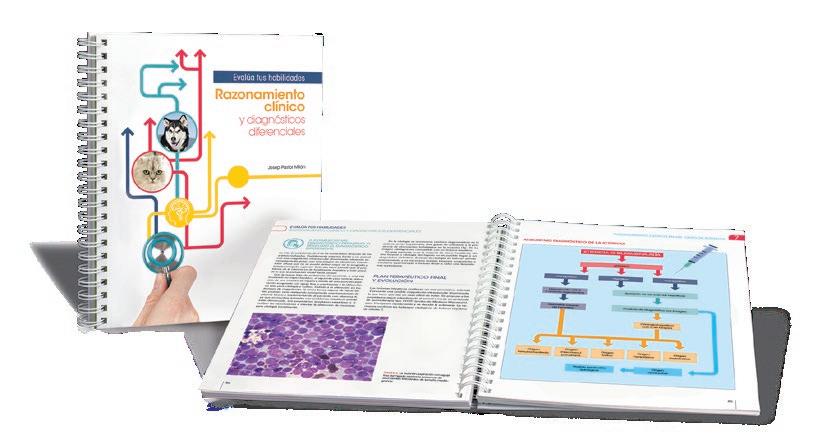
Clinical Reasoning and Differential Diagnoses. Evaluate your skills
Atlas of parasitological diagnosis in dogs and cats. Volumen I: Endoparasites
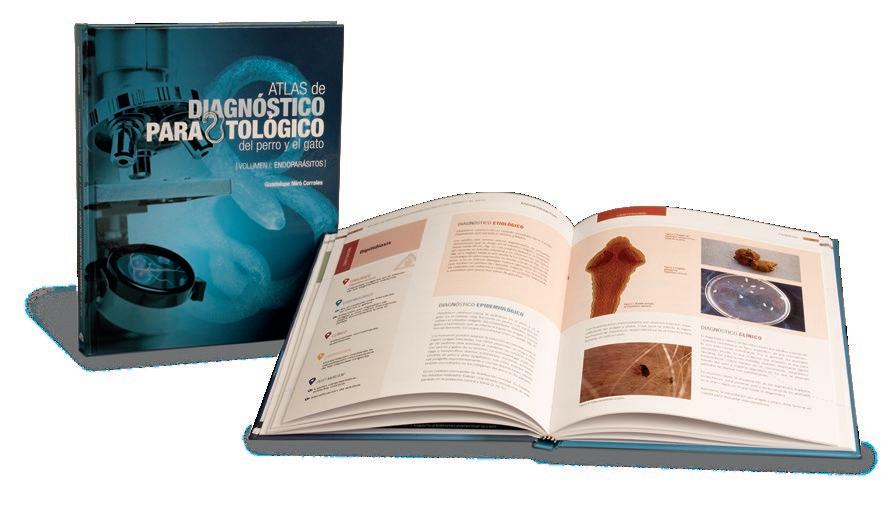

Atlas of parasitological diagnosis in dogs and cats. Volumen II: Ectoparasites
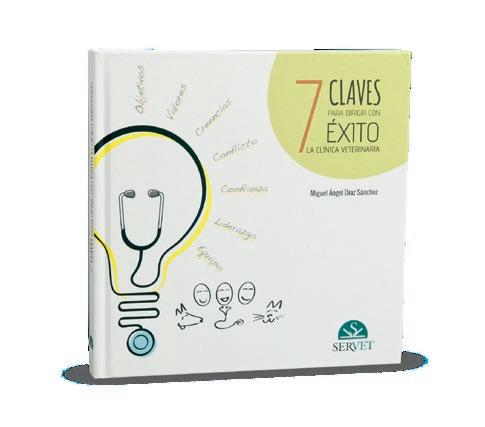
running a veterinary practice

Small Animal Orthopaedics. The Hindlimb

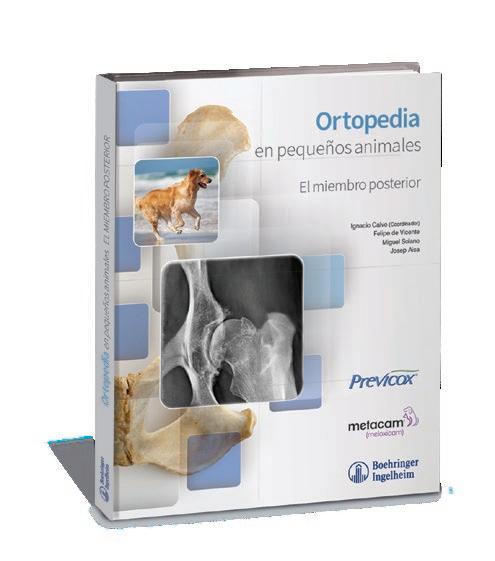
Textbook of Clinical Parasitology in Dogs and Cats
Oncology in Senior Animals with Clinical Cases

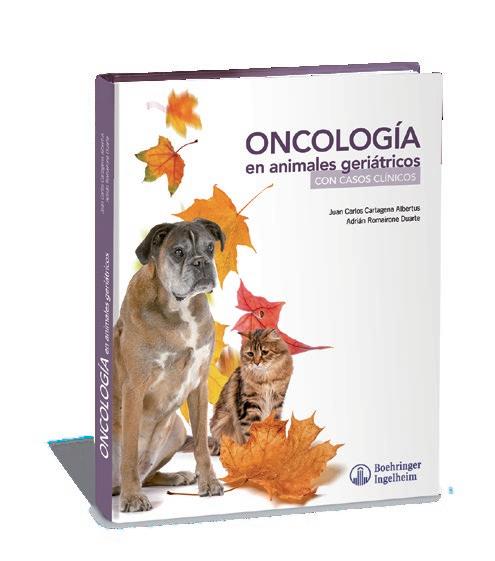
Behavioural Disorders in Dogs and Cats
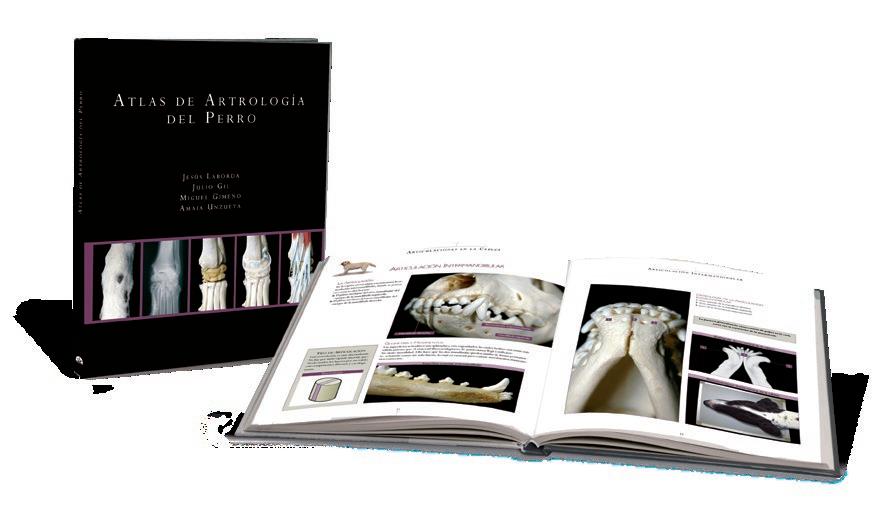
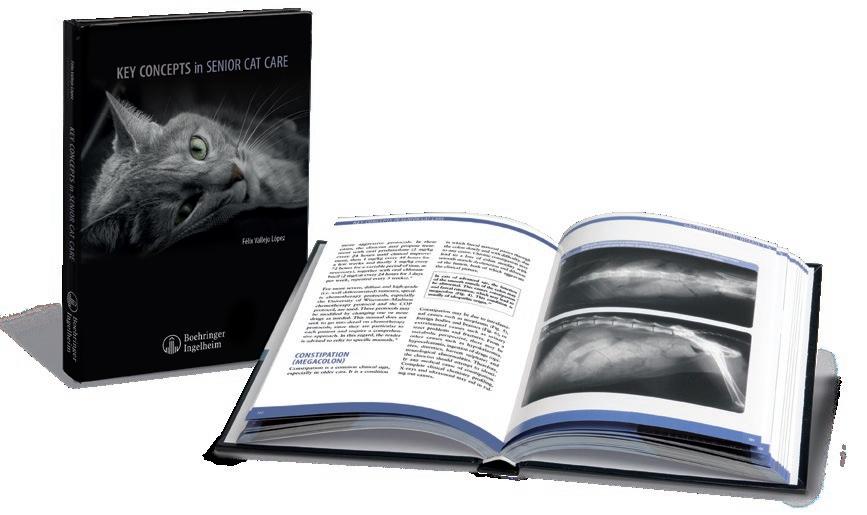
Key Concepts in Senior Cat Care
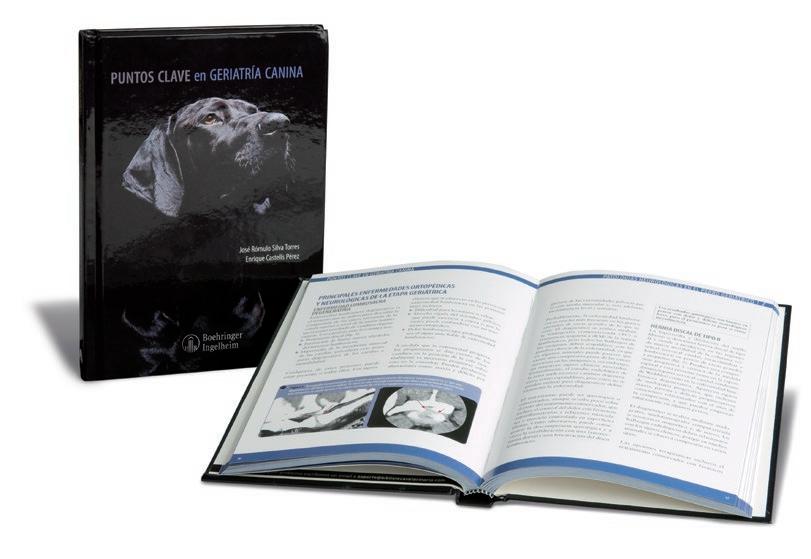
Key Concepts in Senior Dog Care

Surgical

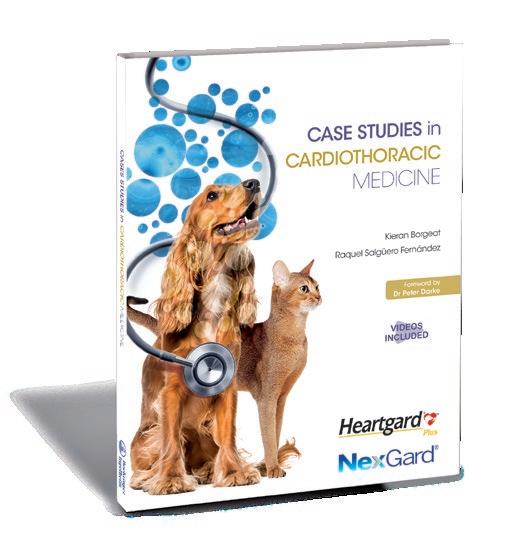
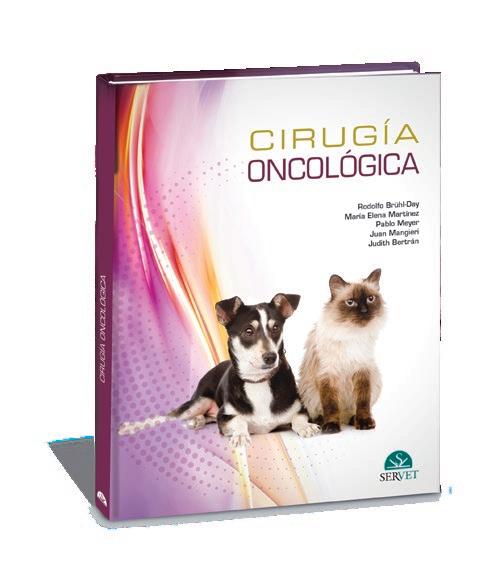
Case Studies in Cardiothoracic Medicine
PY090607
The 105 Most Common Presenting Complaints in Small Animal Practice
PY095922
Digital Marketing in the Veterinary Clinic
PY093872

Veterinary practice management 2nd edition
PY098353
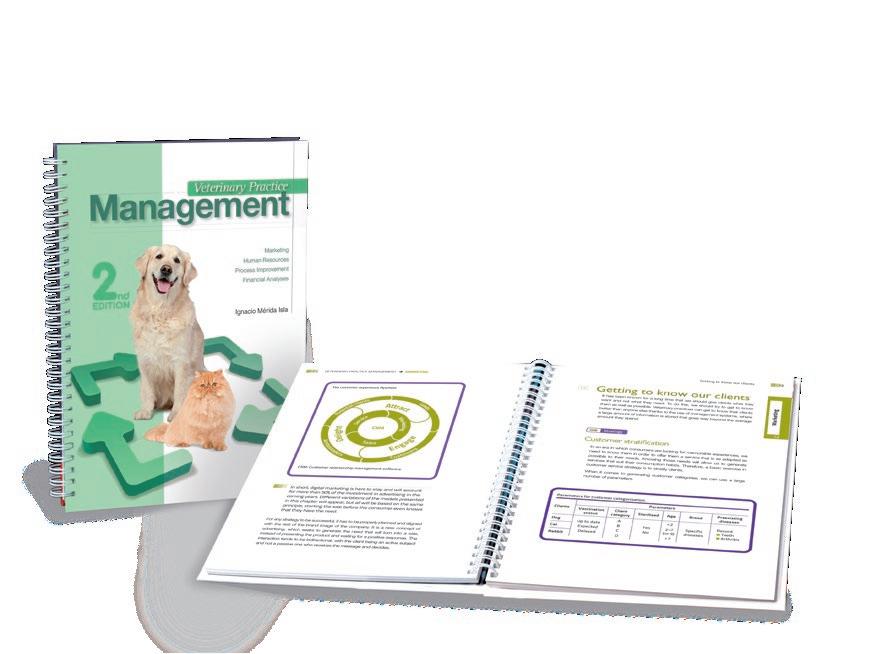
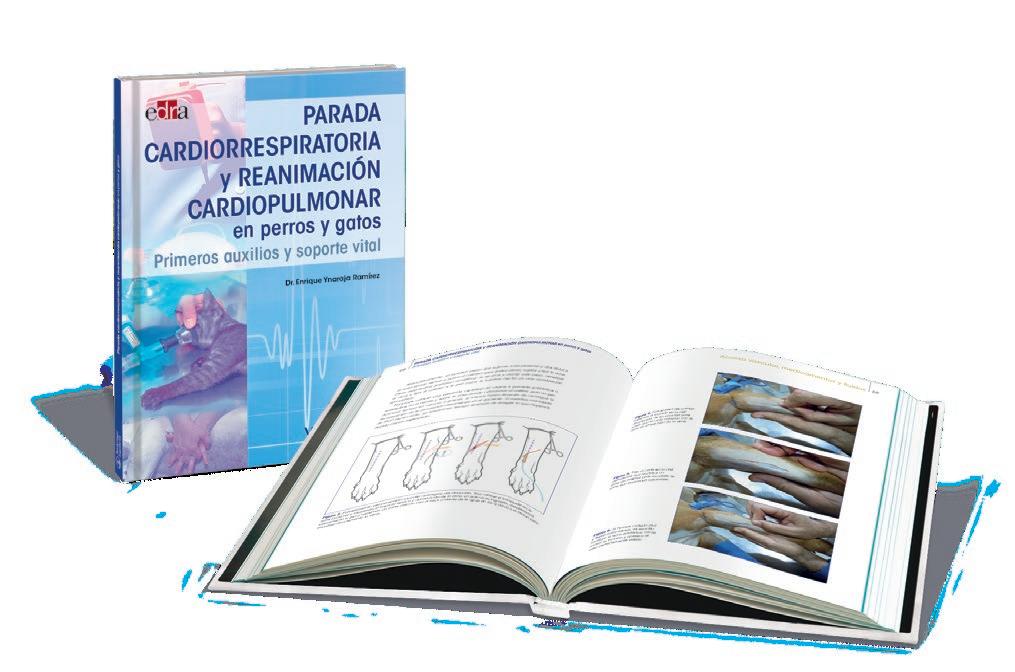
Cardiopulmonary arrest and resuscitation in dogs and cats. First aid and life support PY099168

Feline Emergency & Critical Care Medicine
PY100469
Complex Clinical Cases in Small Animal Dermatology

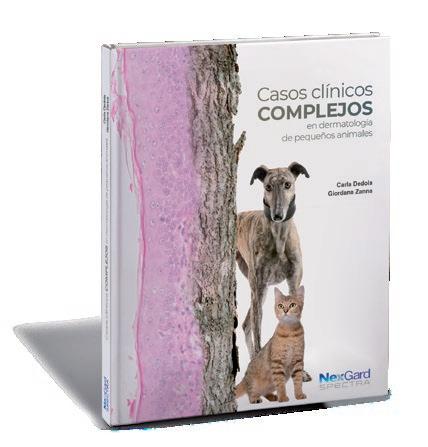
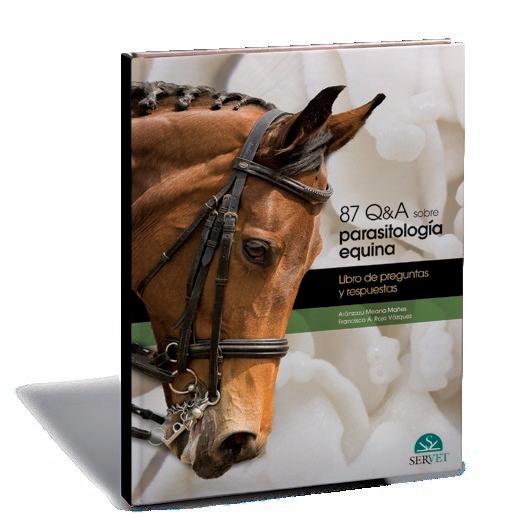

87 Q&A About Equine Parasitology
Epidemiology in Small Animal Parasitology. Climate Change and Social, Economic and Political Factors
PY093199
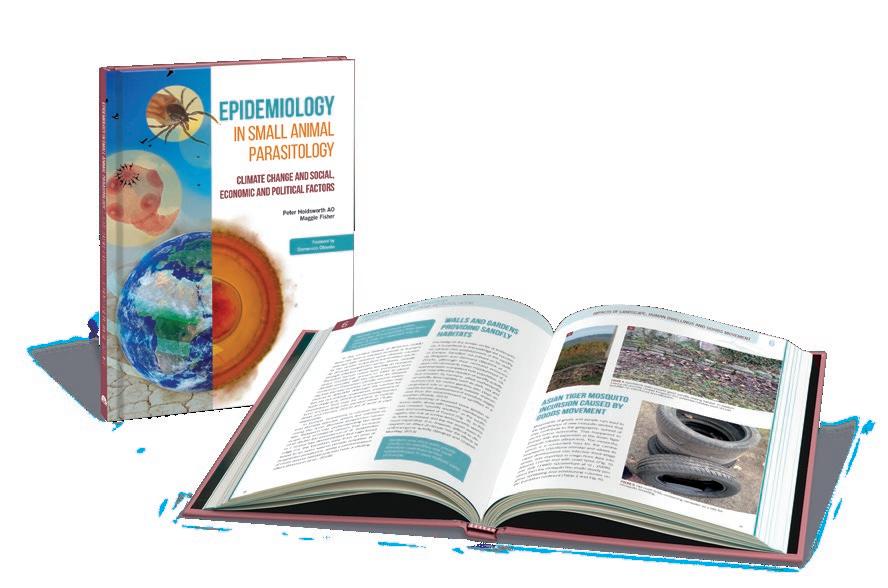
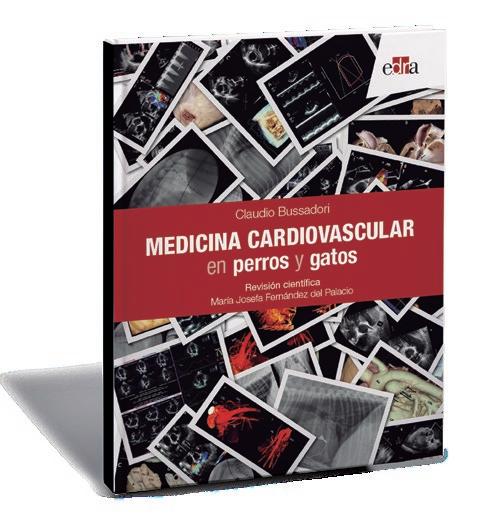
Cardiovascular Medicine in dogs and cats

Atlas of Coproscopy
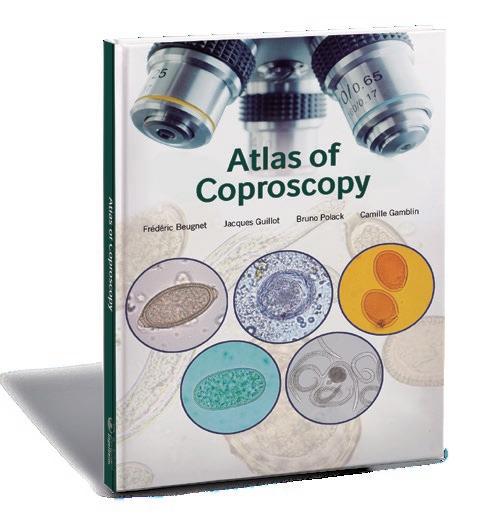
Diagnostic-therapeutic algorithms in internal medicine for dogs and cats

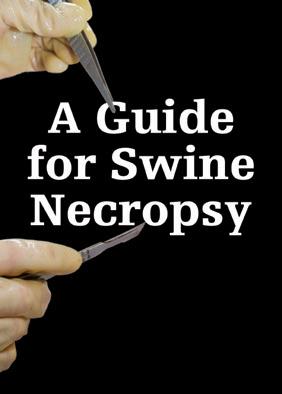
A Guide for Swine Necropsy

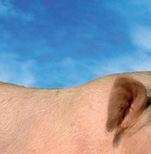
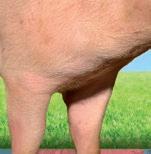

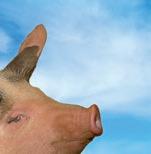

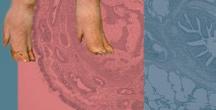



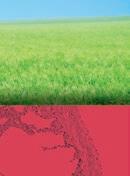
Atlas of Anatomical Pathology of the Porcine Respiratory System
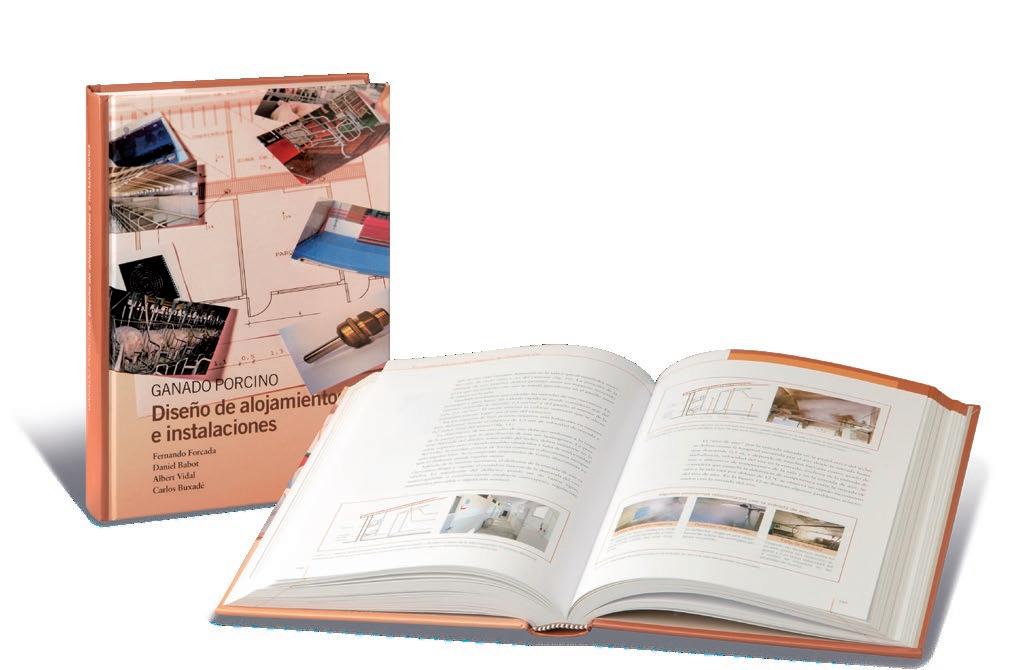
Swine farming. Swine design of housing and facilities
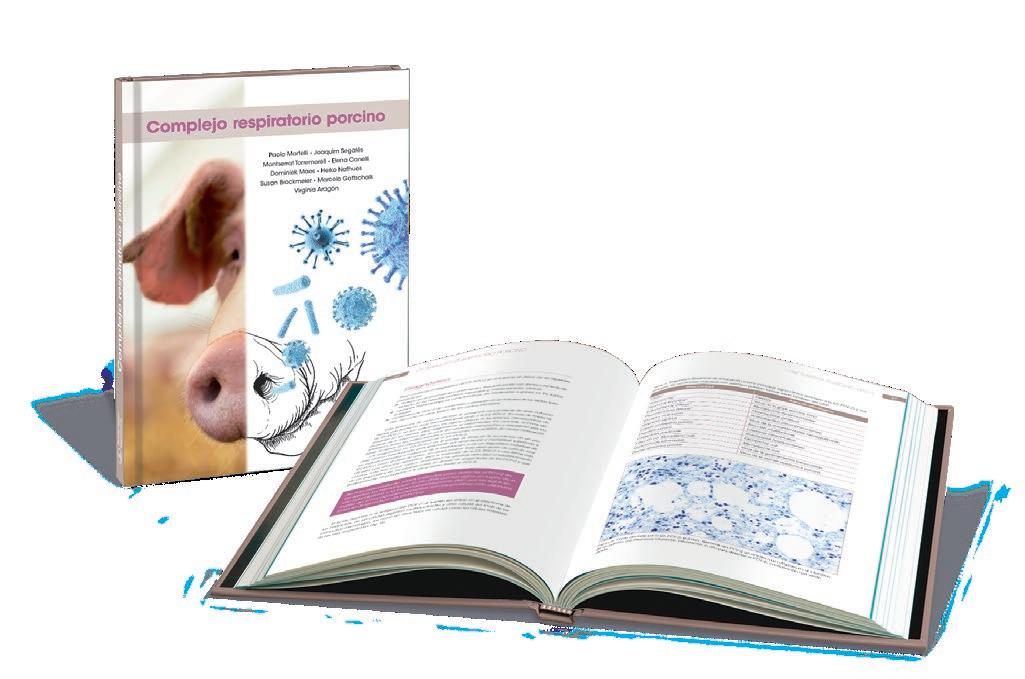

Swine weaning process
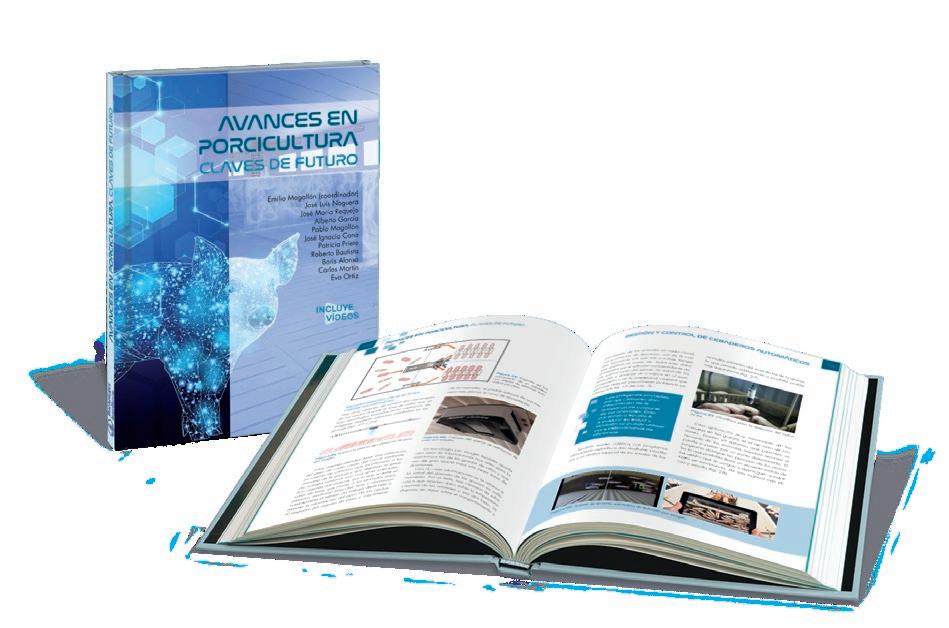


Biosecurity and pathogen control for pig farms
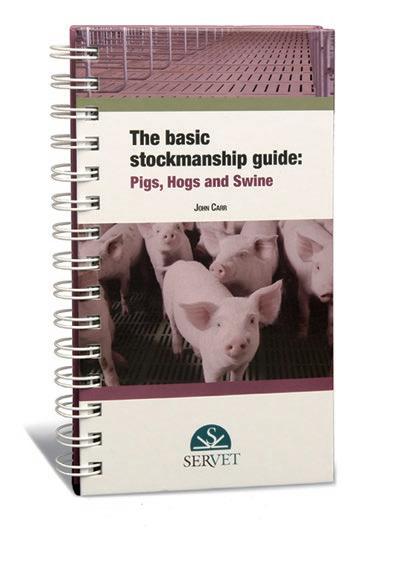
The basic stockmanship guide: pigs, hogs and swine
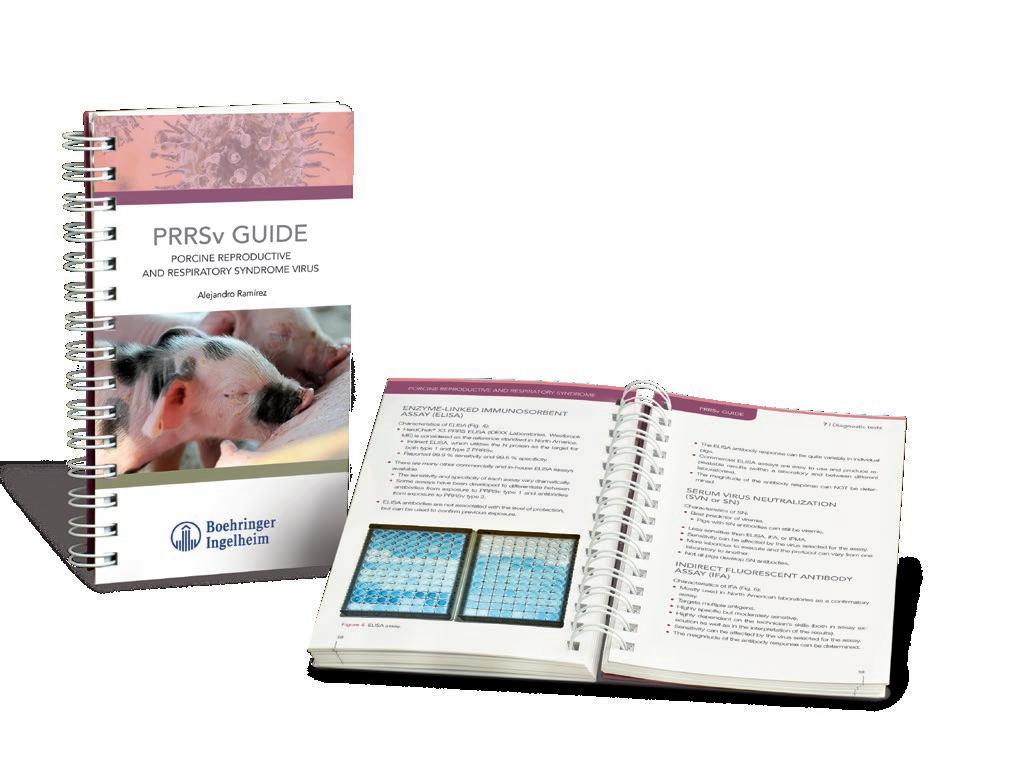
Porcine reproductive and respiratory syndrome (PRRS)
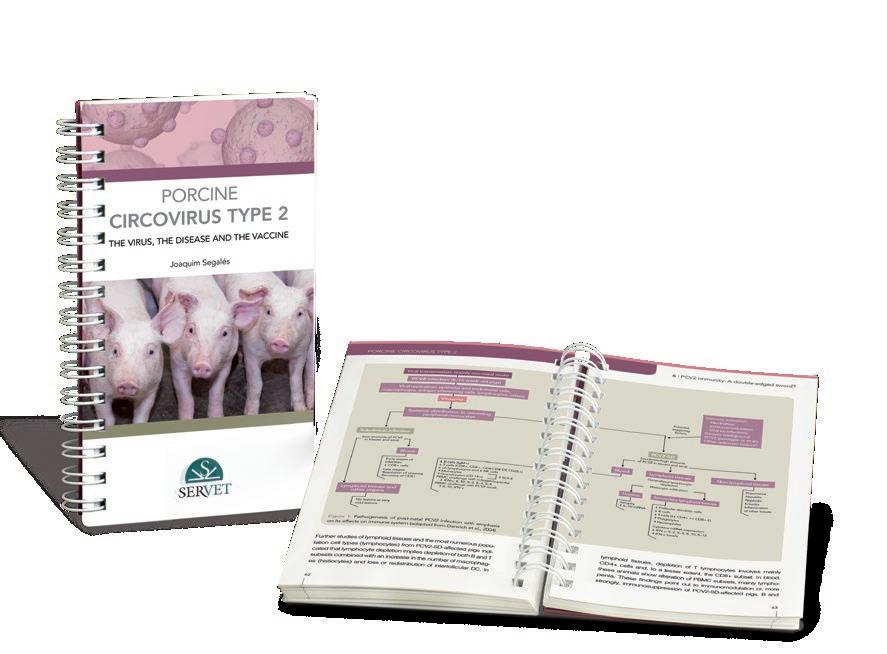
Porcine Circovirus Type 2: the Virus, the Disease and the Vaccine
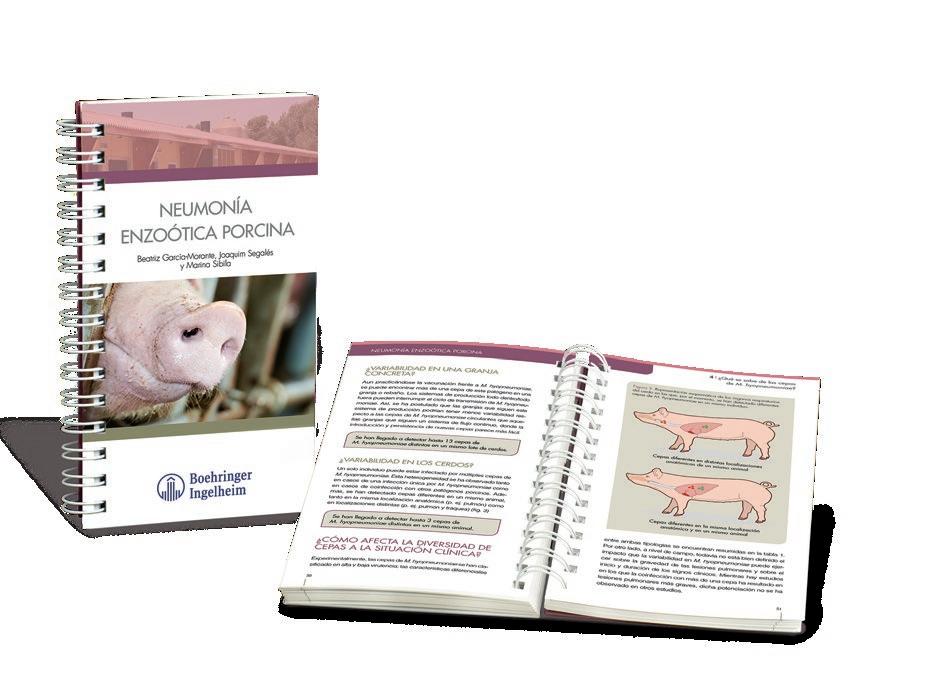
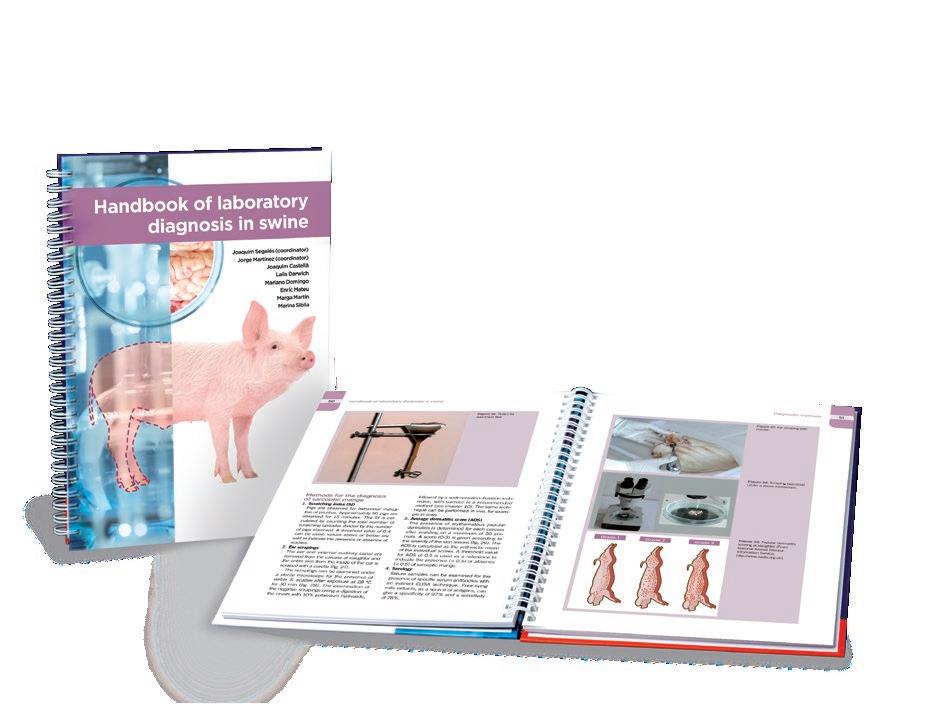
Handbook of laboratory diagnosis in swine


Pig production problems. the John Gadd’s guide to their solutions
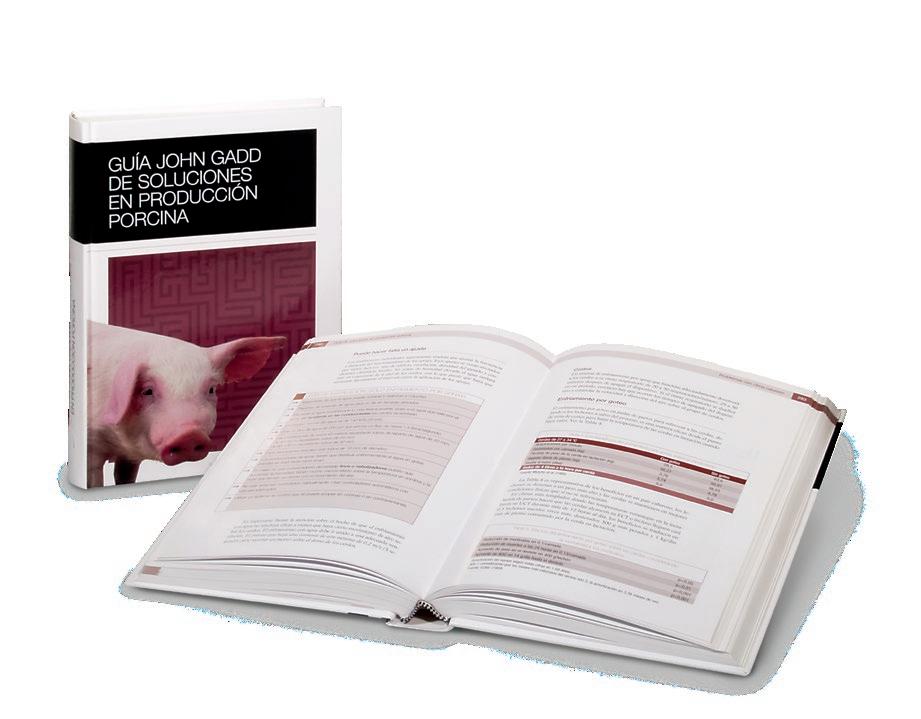
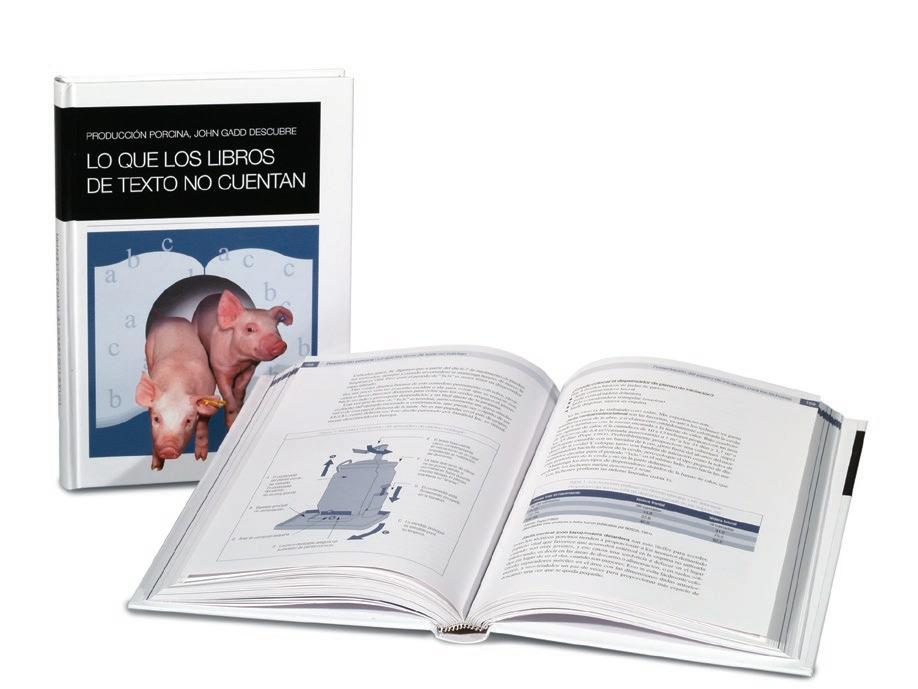
Pig production. John Gadd uncovers what textbooks don’t tell you
Management of the hyperprolific sow
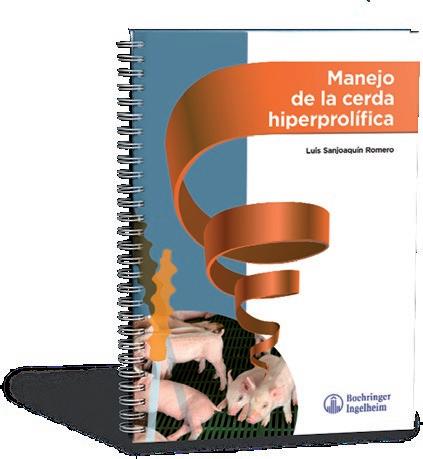
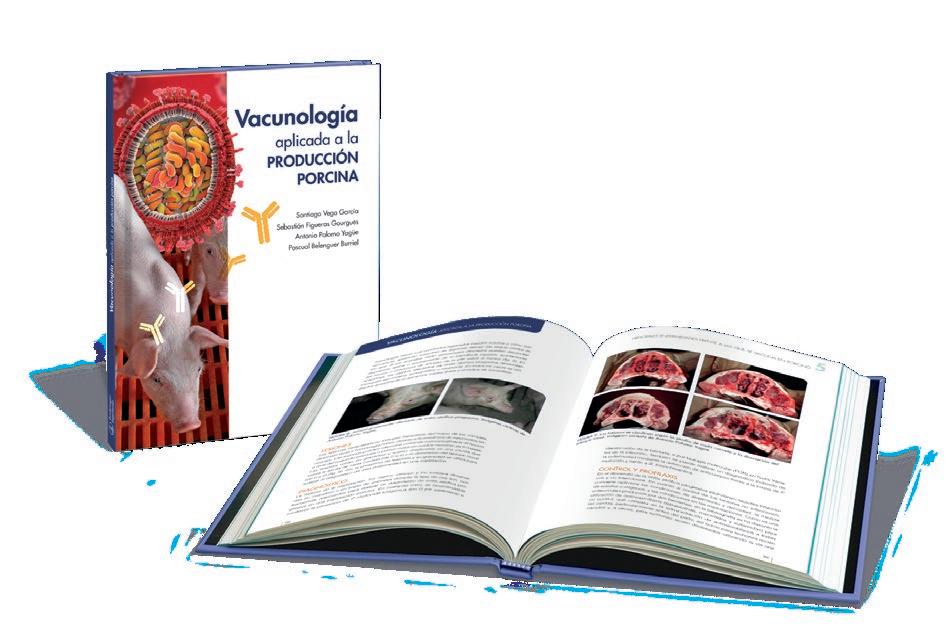
Vaccination in Swine Production PY096586

Essential Guides on Swine Health and Production. Lawsonia Intracellularis

Essential guide to calving

Milk quality advisor guide. Volume I. Establishing the practical bases
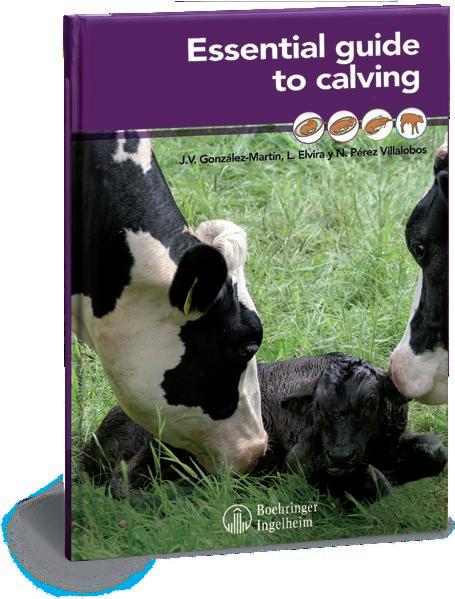
Milk quality advisor guide. Volume II. Reaching the goals

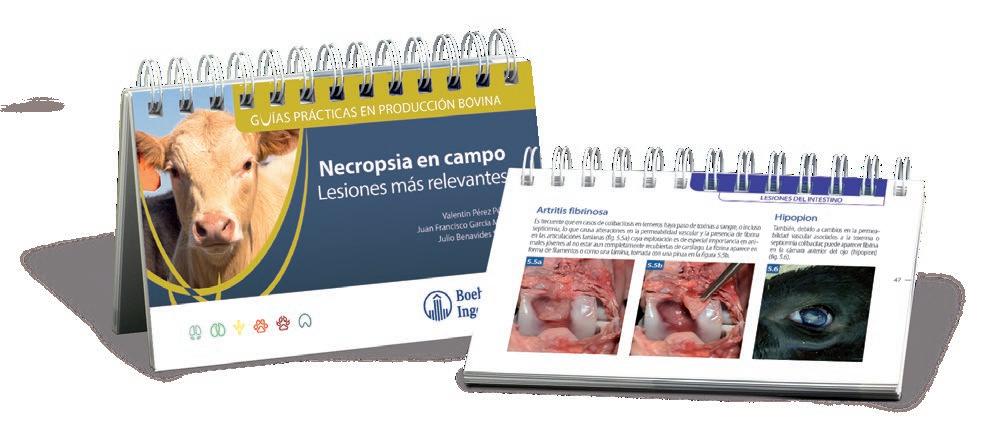
Essential Guides on Cattle Farming. Drying-Off Management
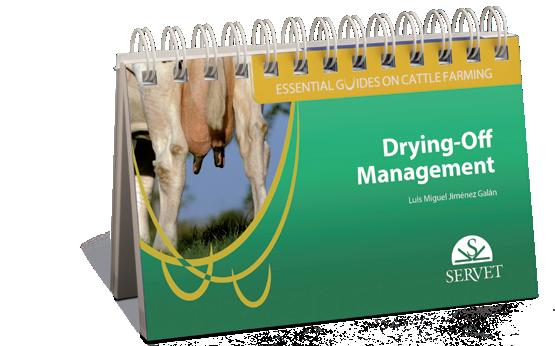
Essential Guides on Cattle Farming. Uterine Diseases
Essential Guides on Cattle Farming. Parasitology and Parasitic Diseases
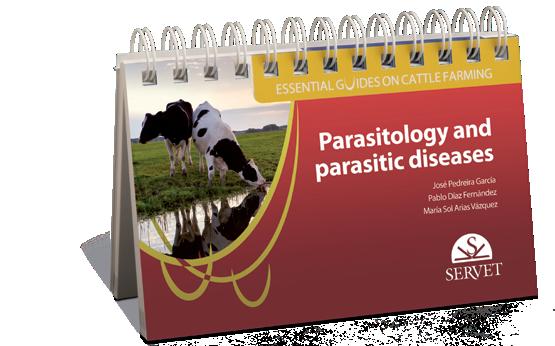


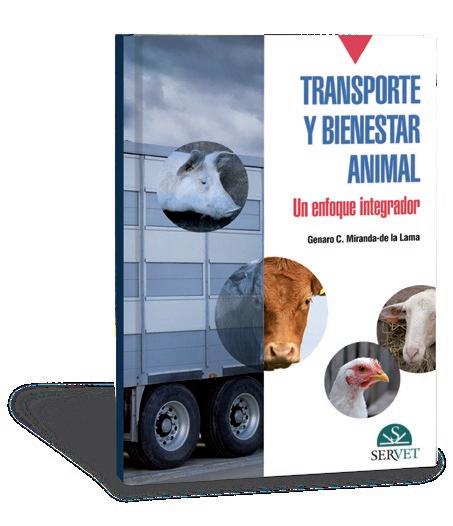
Welfare in Animal Transport. An integrated Approach
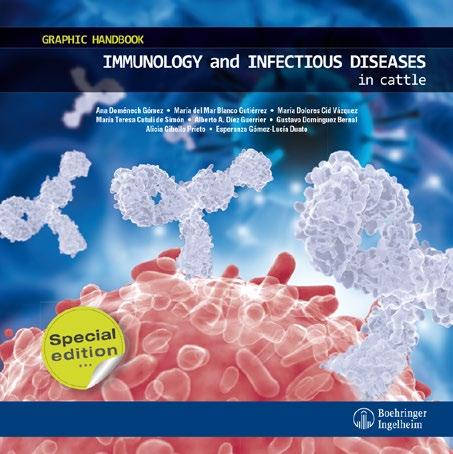
Graphic Handbook of Immunology and Infectious Diseases in Cattle
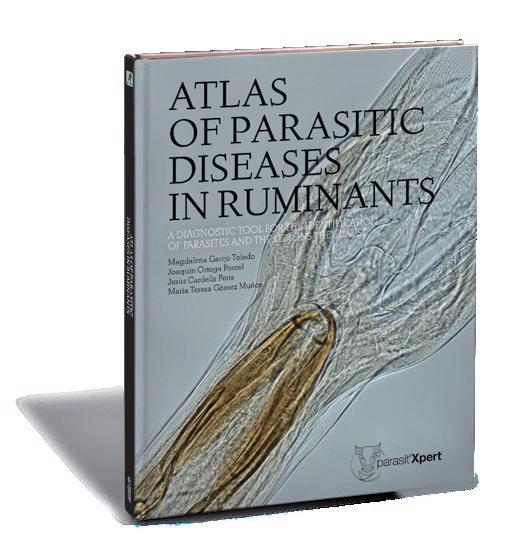
Atlas of Parasitic Diseases in Ruminants
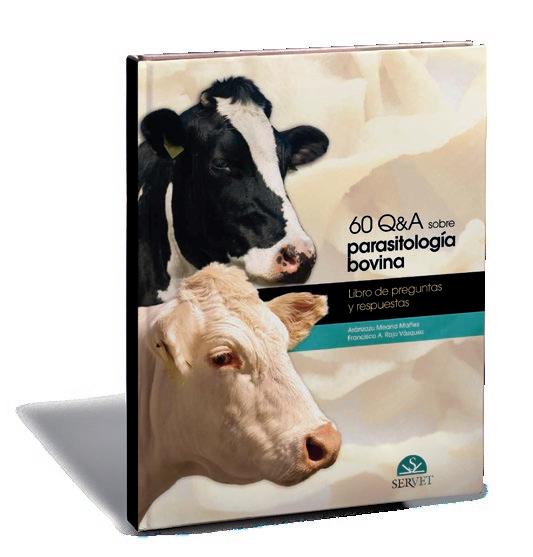
60 Q&a on Bovine Parasitology

Practical Guide to Diagnostics of Ruminant Gastrointestinal Nematodes
PY099101


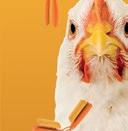



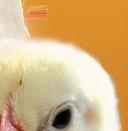


Atlas of avian necropsy



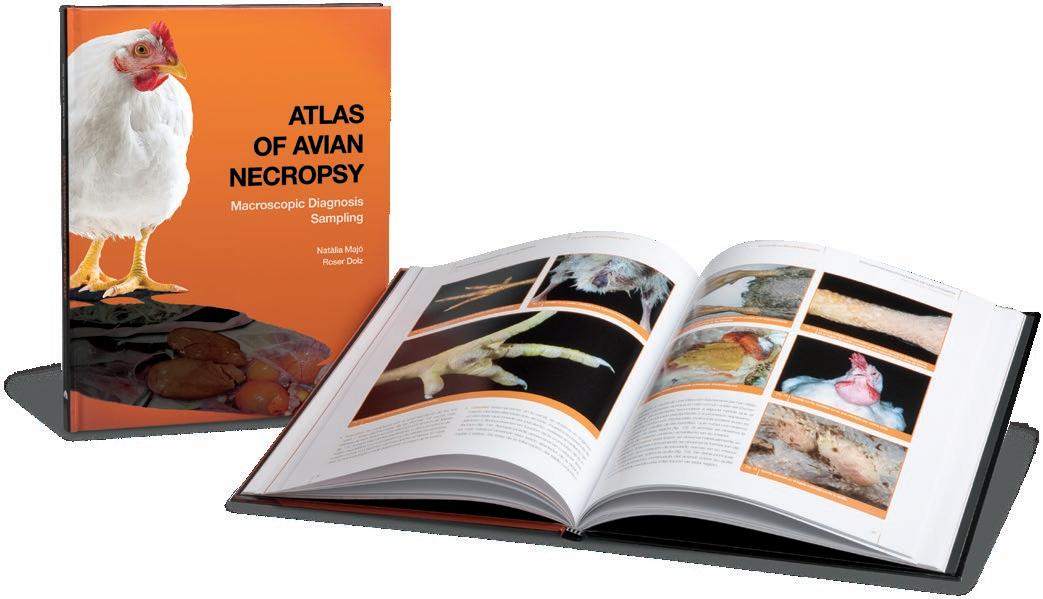

Atlas of Embryonic Development
Main Challenges in Poultry Farming.
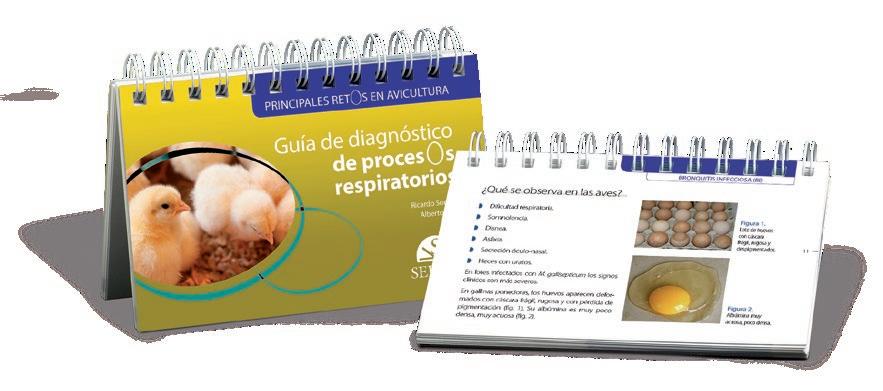
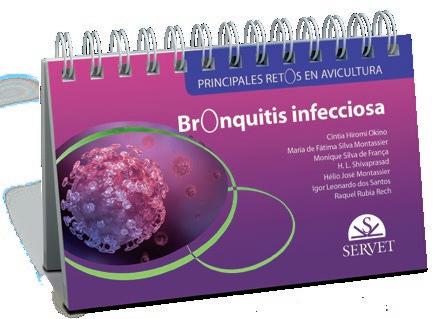
Main Challenges in Poultry Farming. Infectious Bronchitis
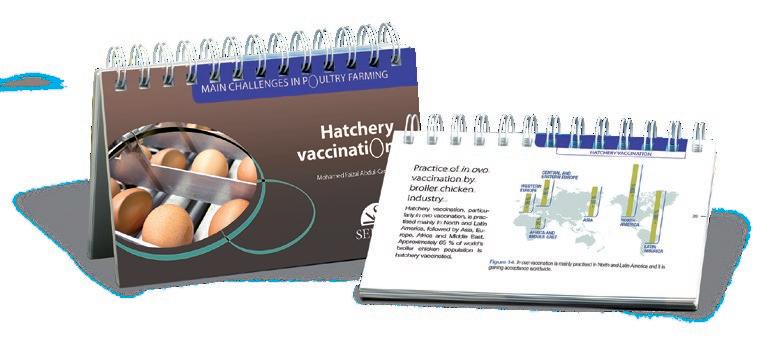
Main Challenges in Poultry Farming. Avian influenza
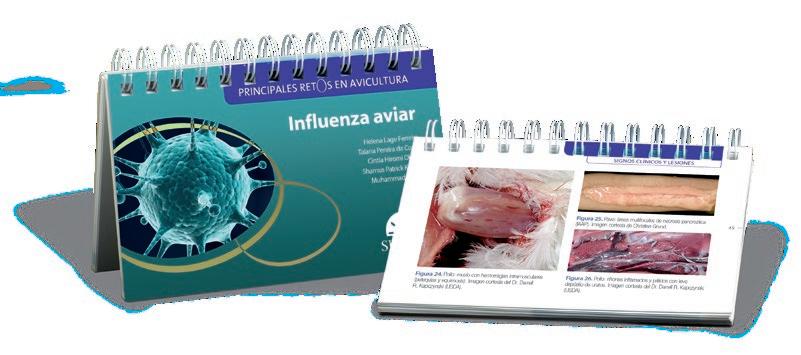
Main Challenges in Poultry Farming. Hatchery Vaccination

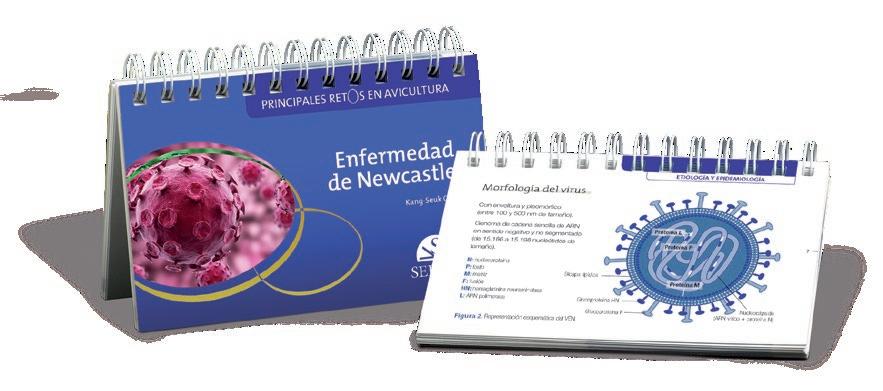
Main Challenges in Poultry Farming.

Main Challenges in Poultry Farming. Infectious Bursal Disease
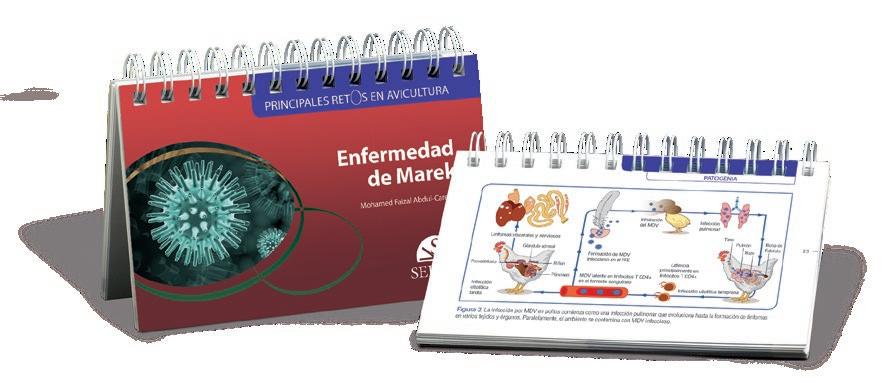
Main Challenges in Poultry Farming.
Main Challenges in Poultry Farming.

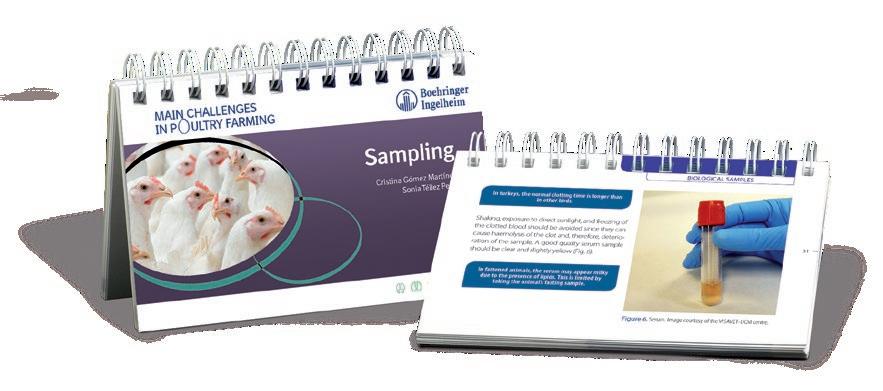

PCR diagnostic Atlas. Avian diseases
P44420

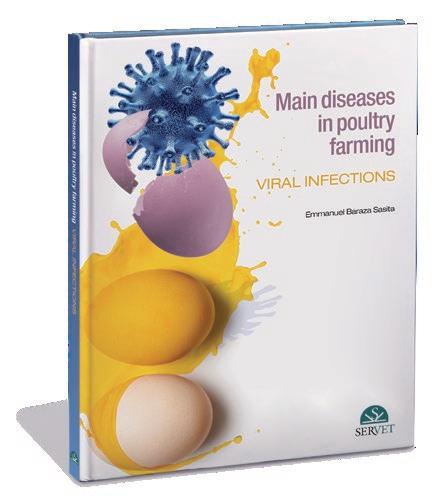

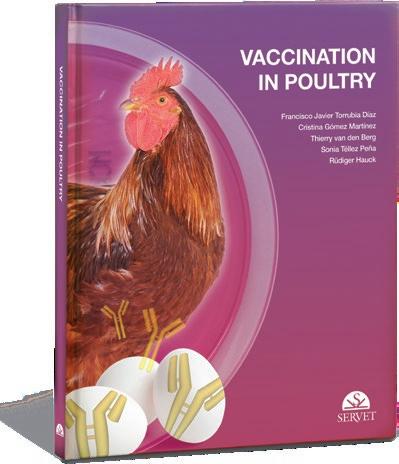

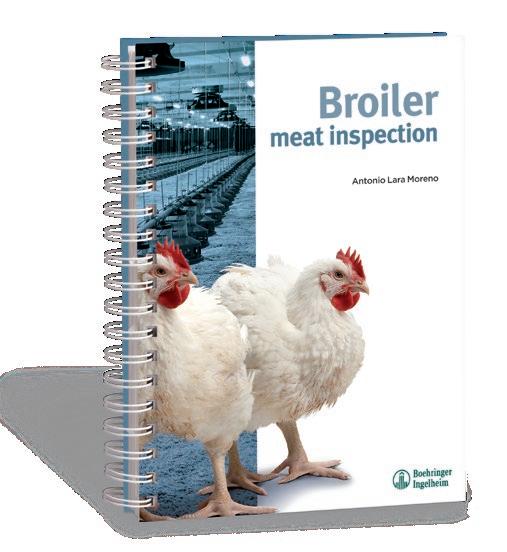
Broiler Meat Inspection

Atlas of Avian Necropsy: Macroscopic Diagnosis Sampling. Updated edition
P50160 PY092820
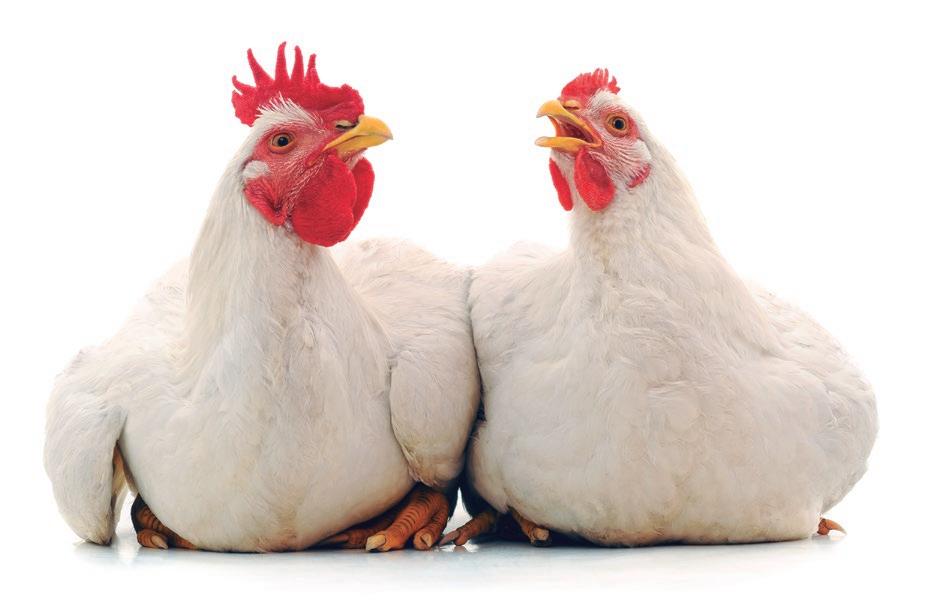


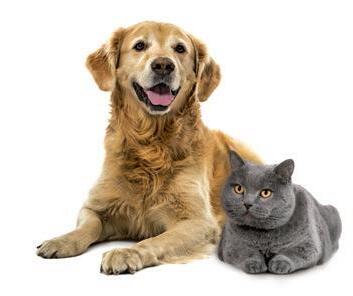



Special issue
Feline medicine - Argos
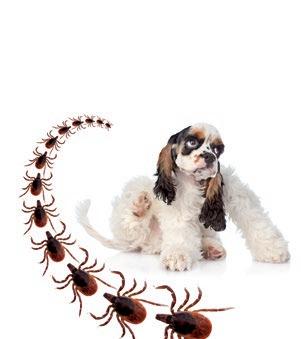
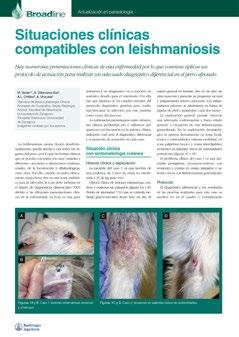

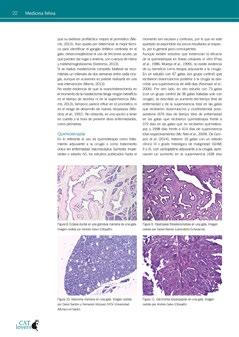
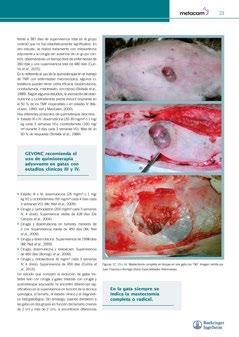
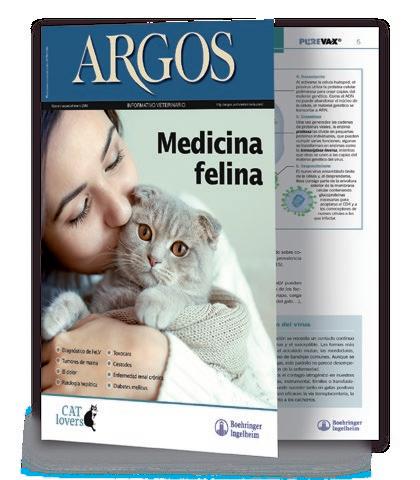
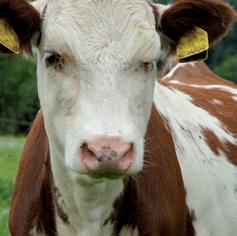
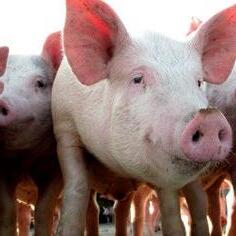
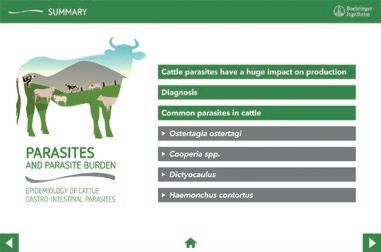
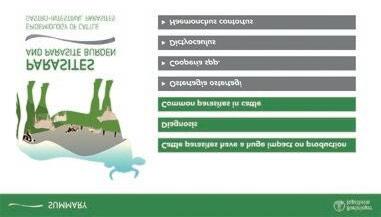
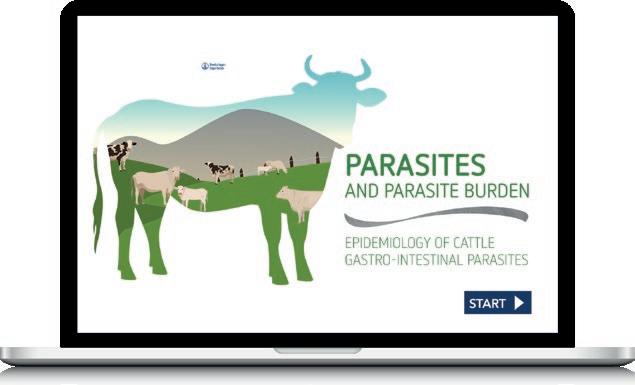
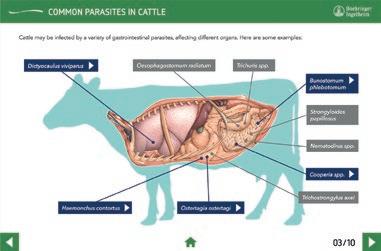
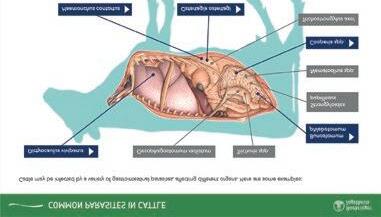
¿Quién es quién en
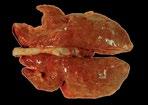

Monographs Control of gut health in porcine
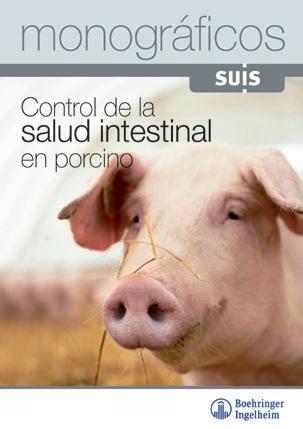


Supplement
Boehringer Suis abril 2019 Receta
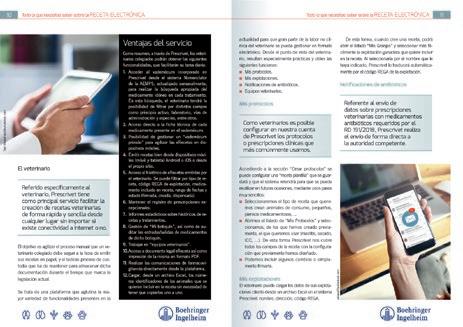
Monographs Technical-economic management of a swine farm
